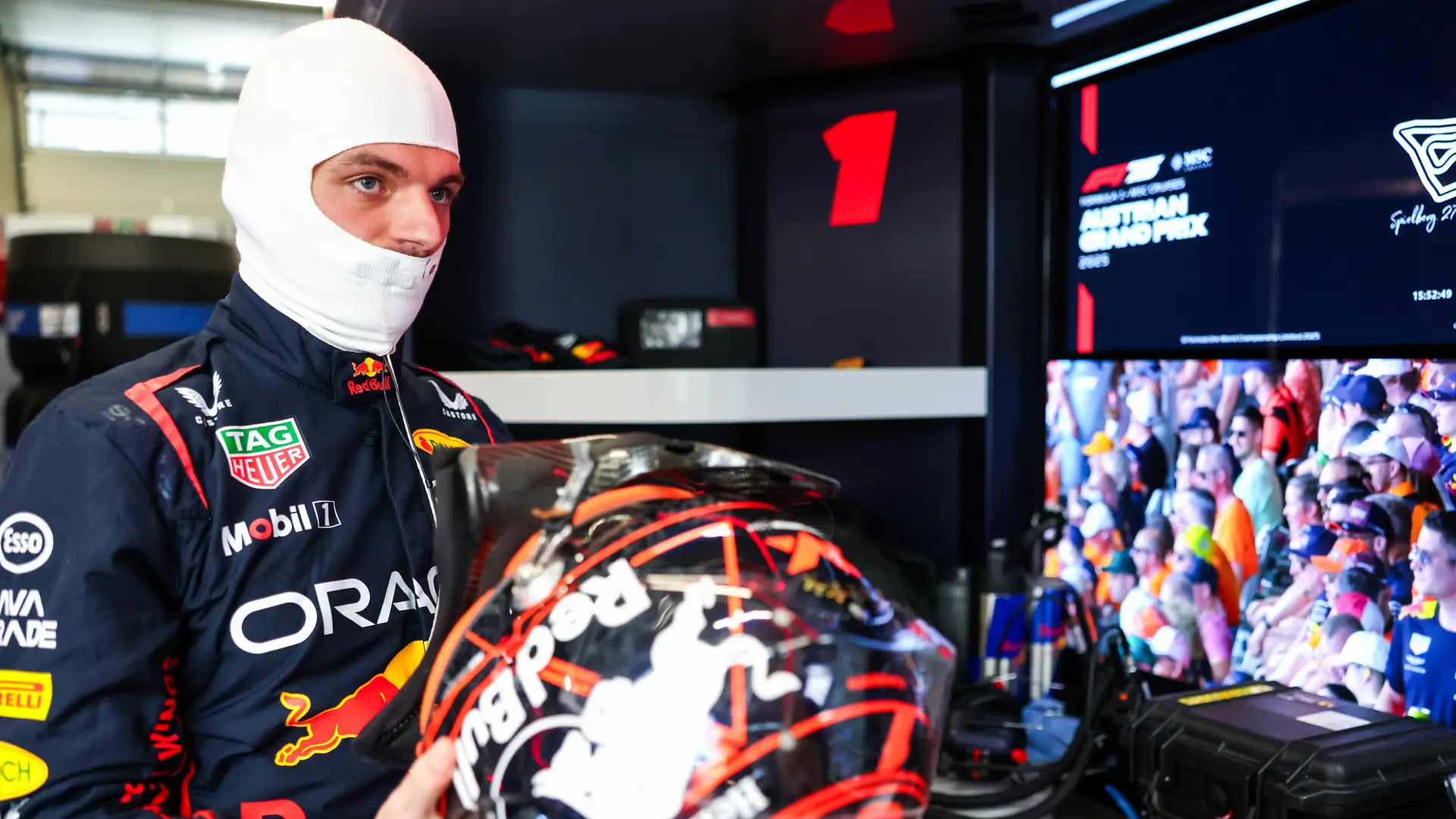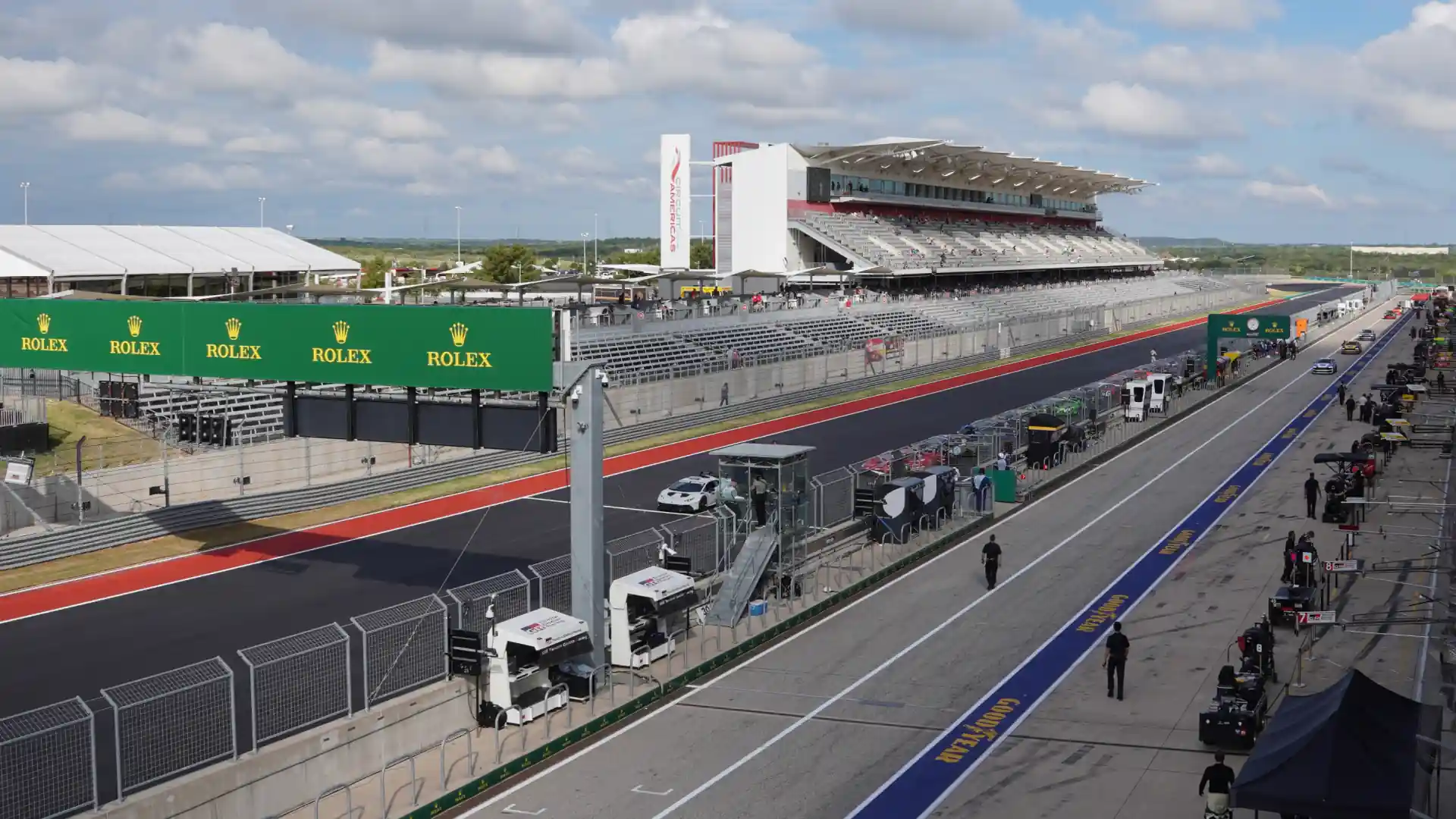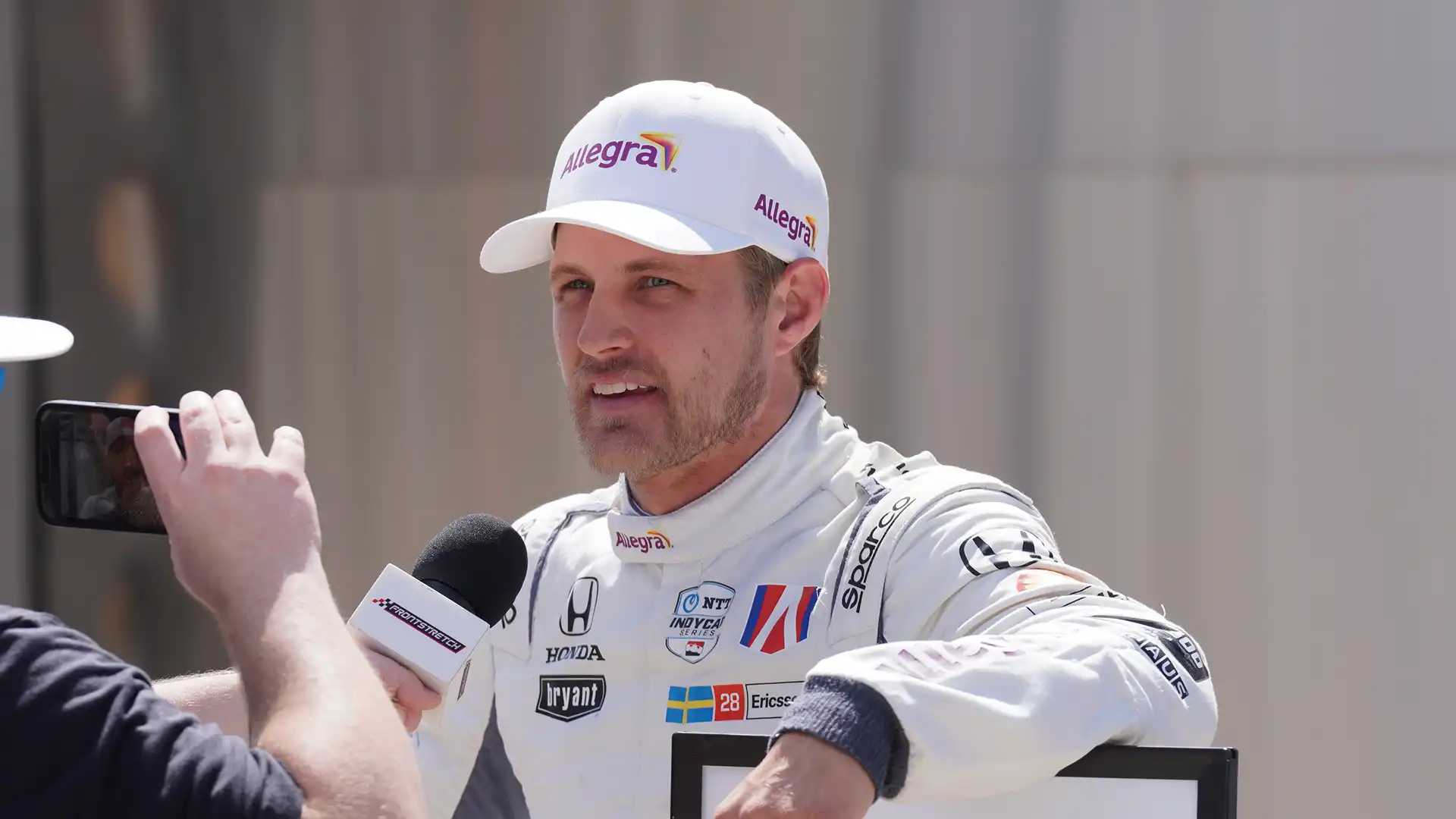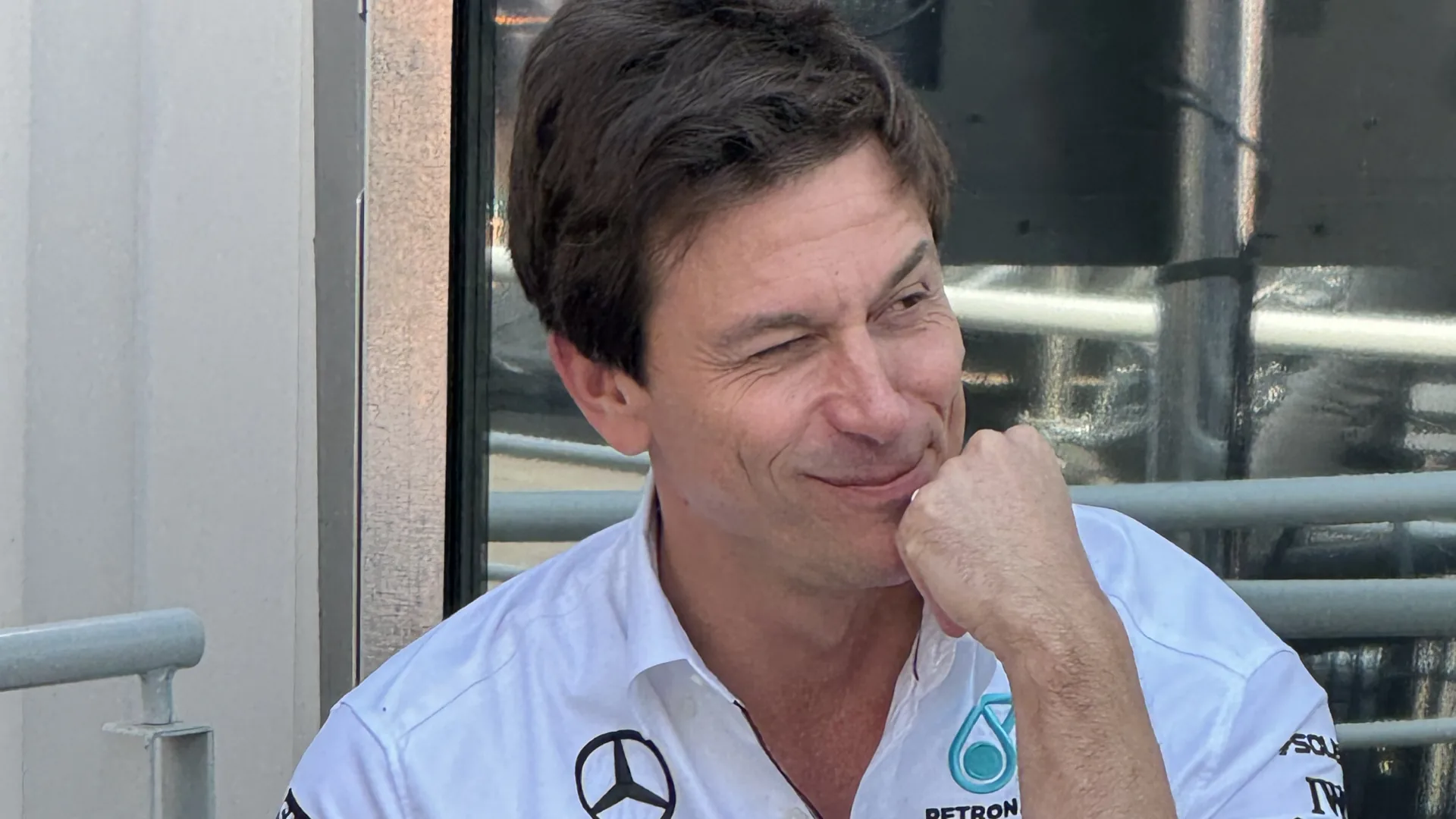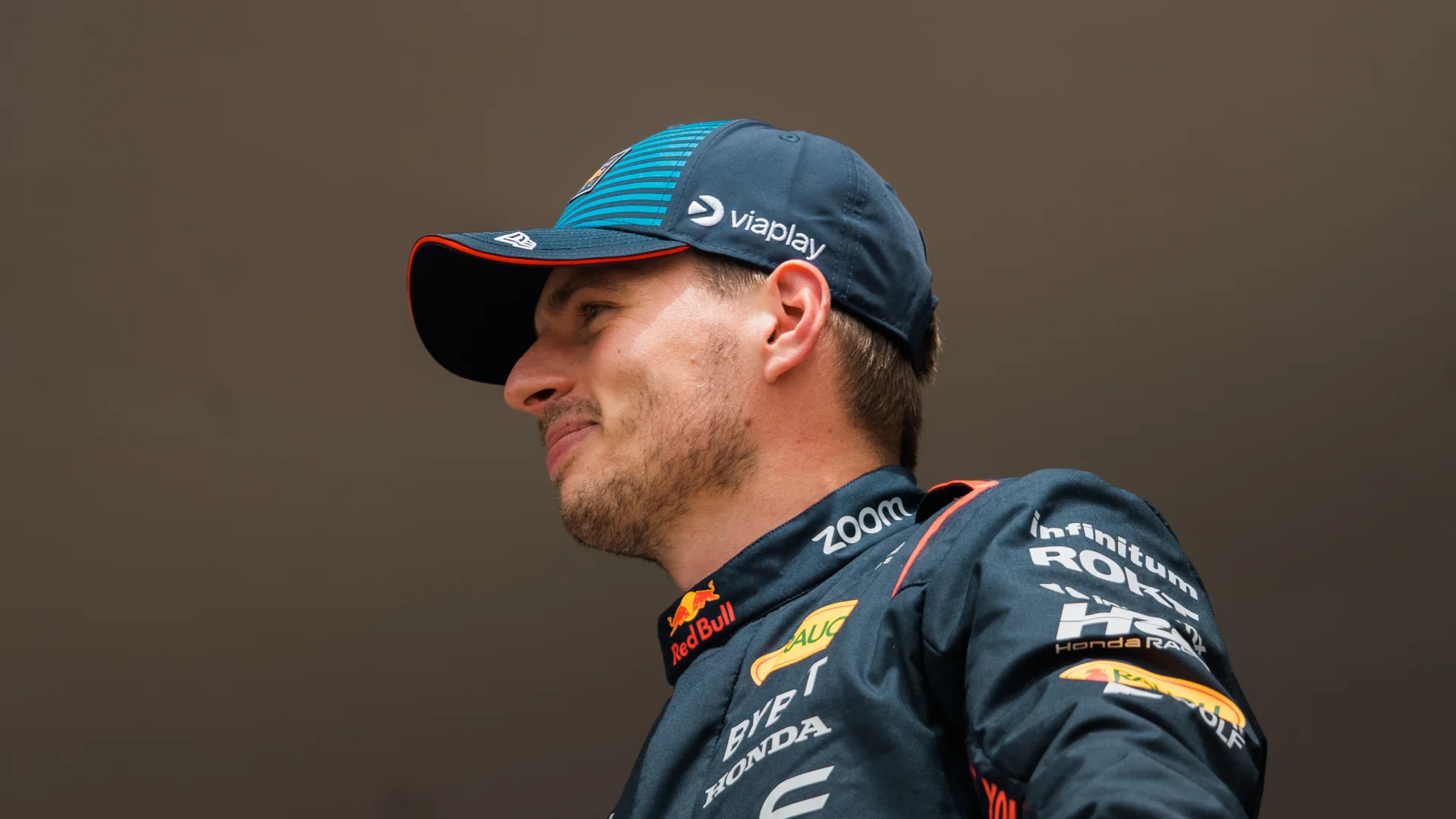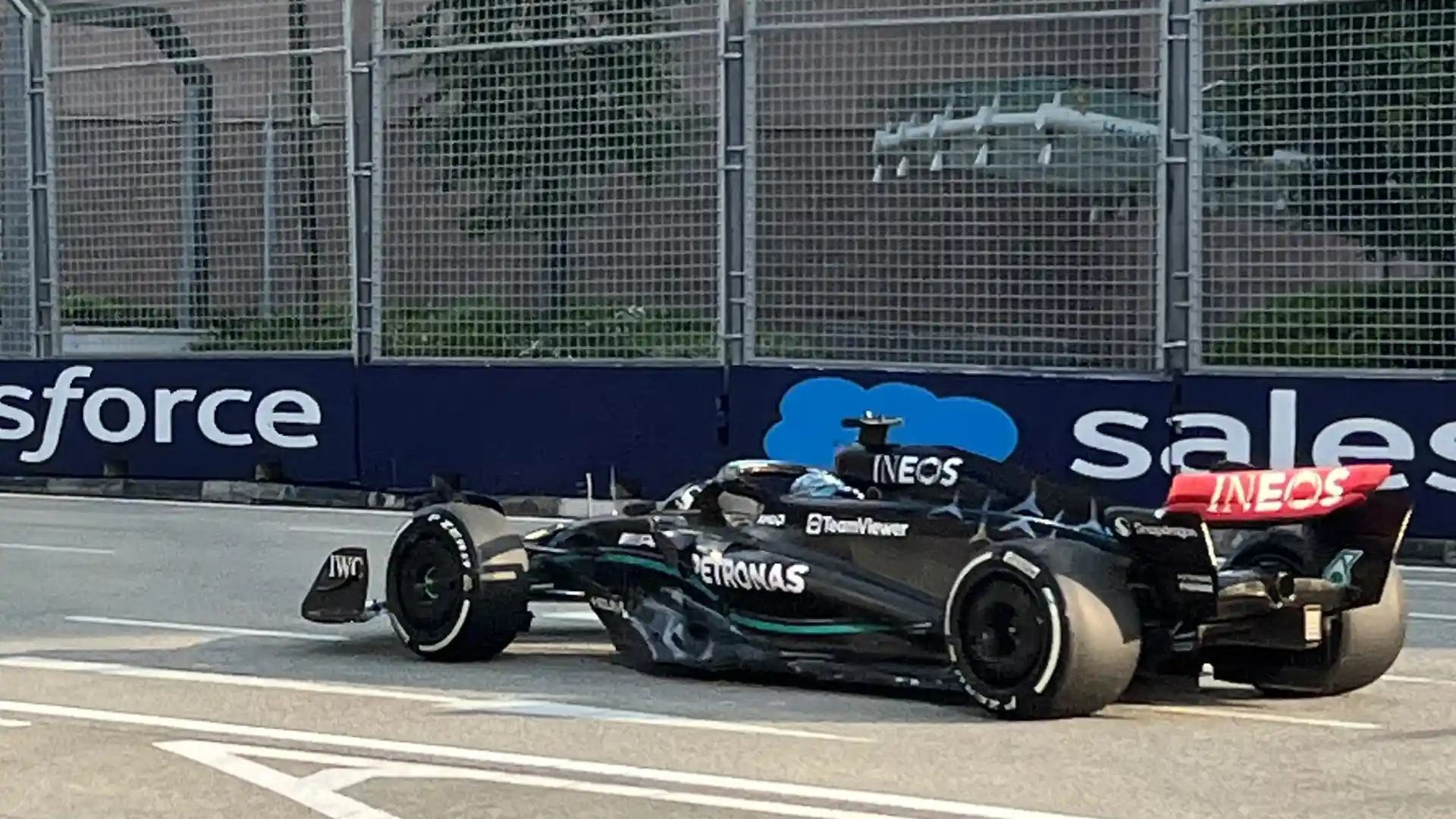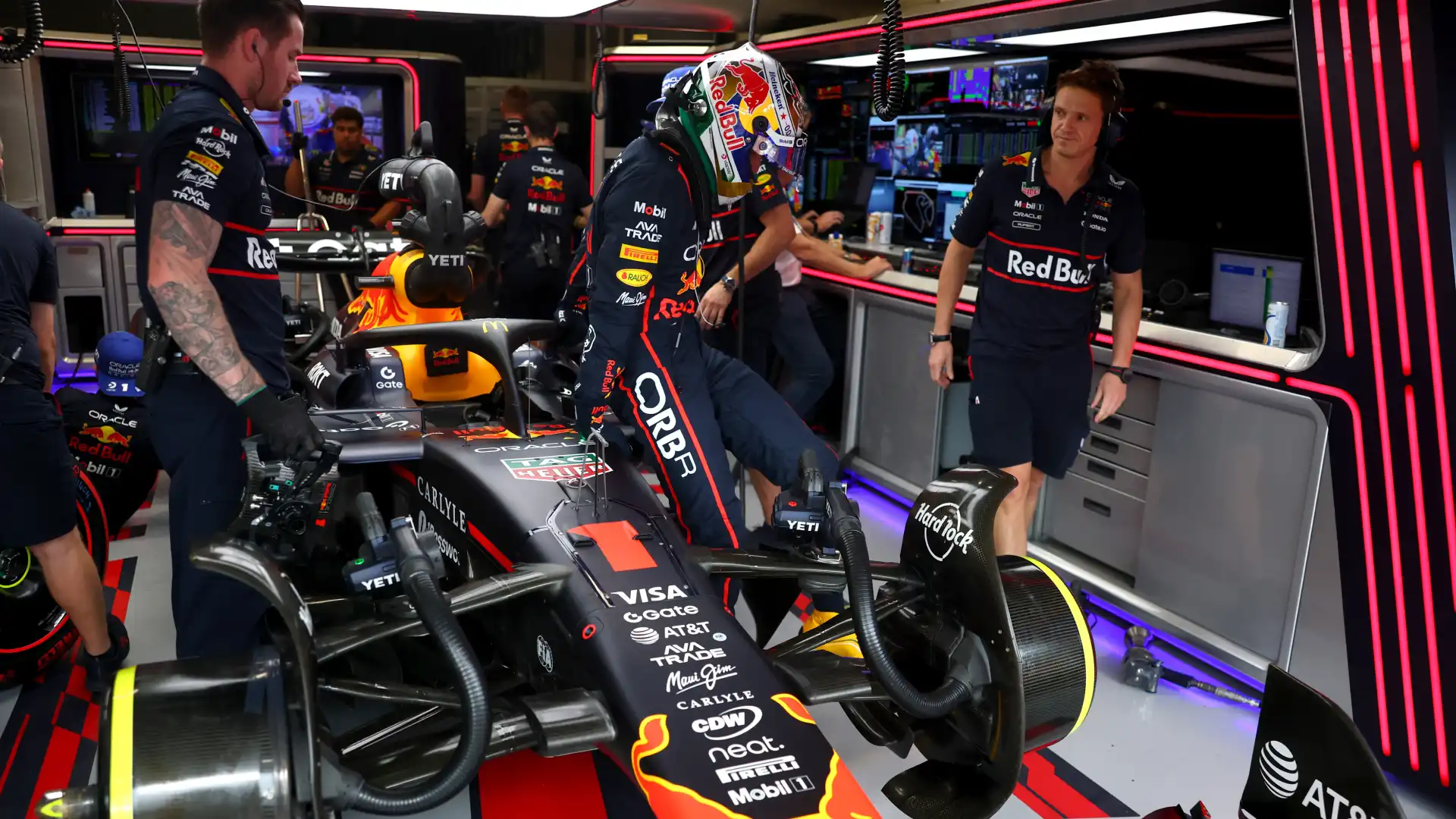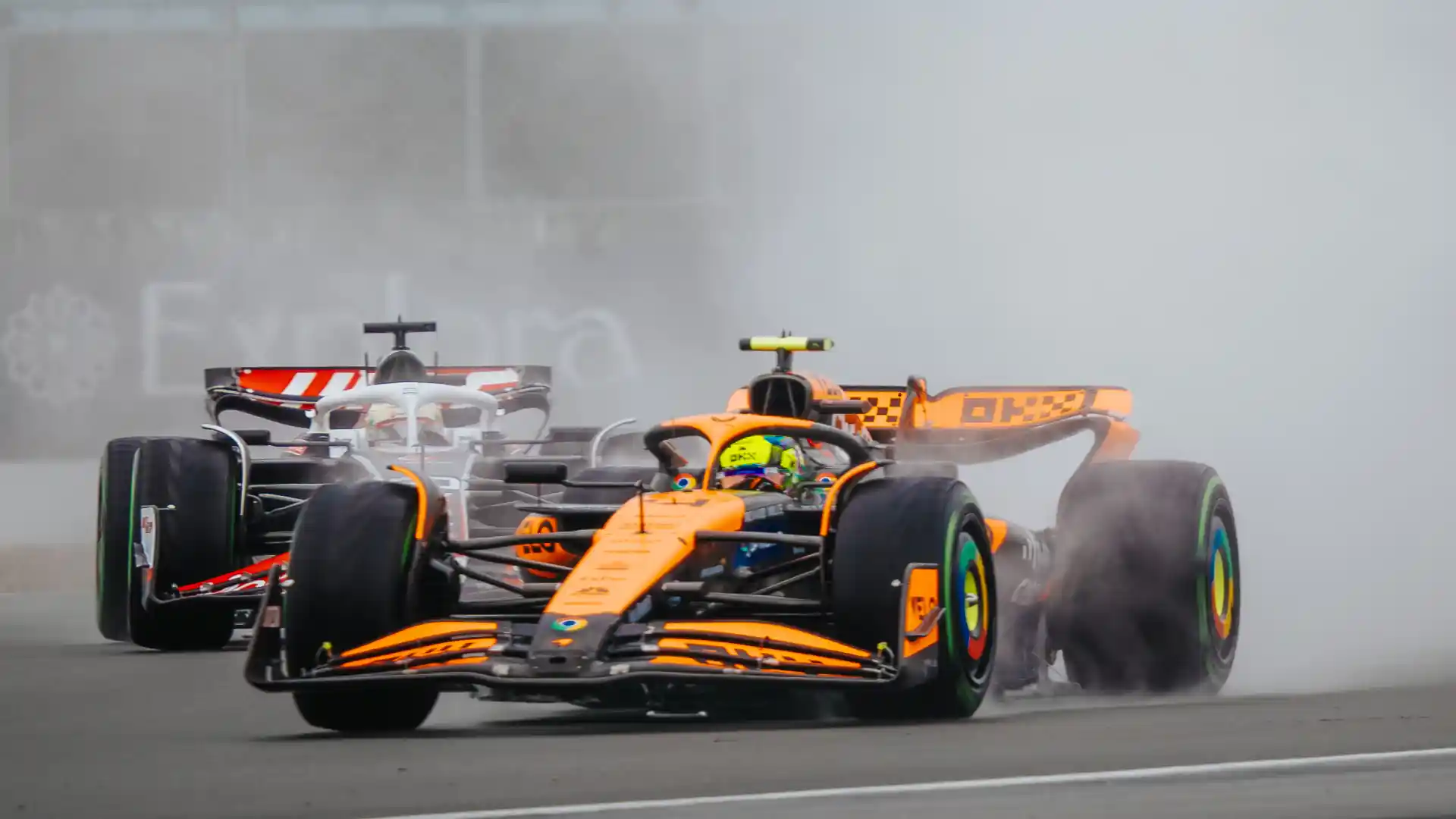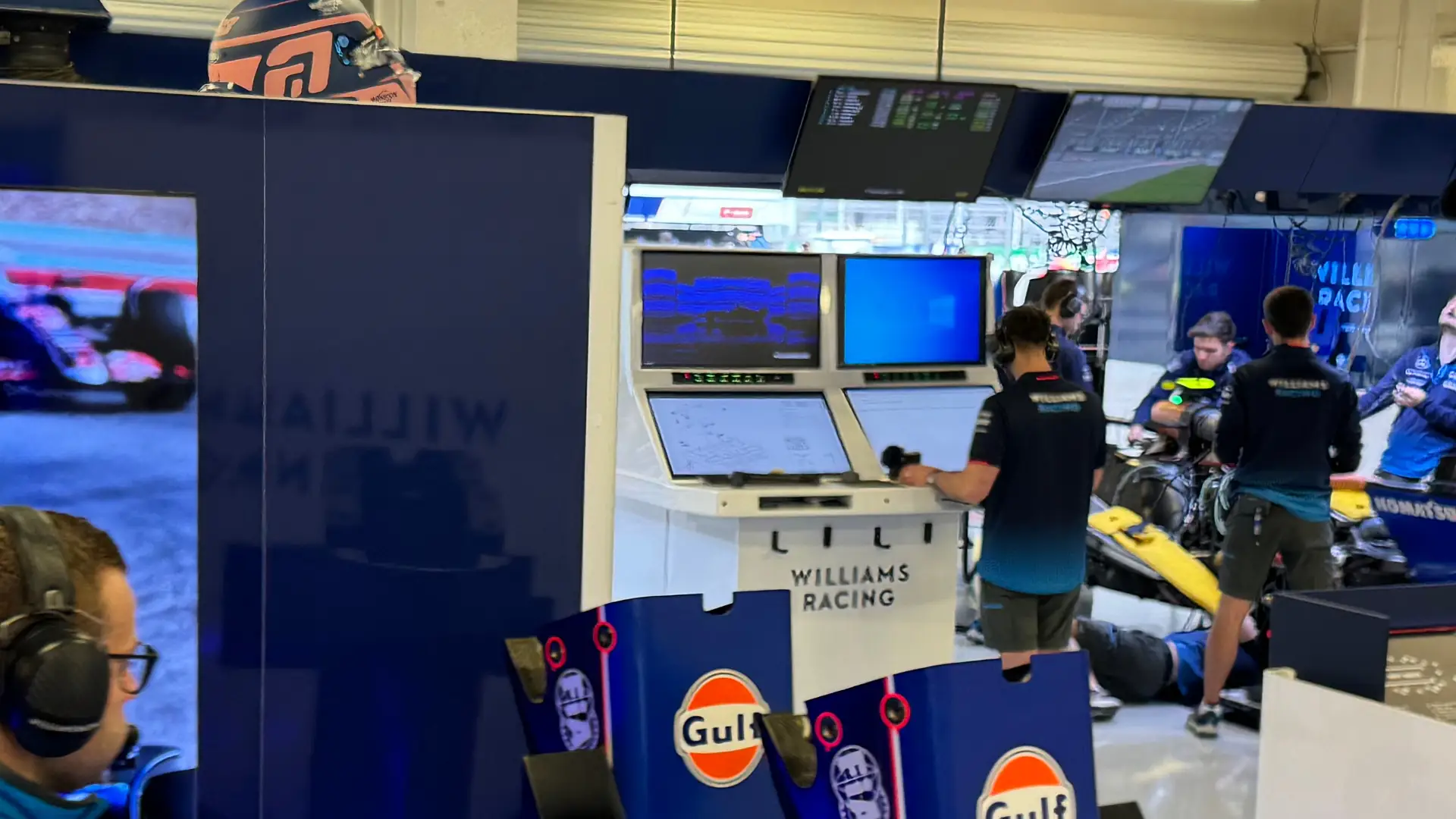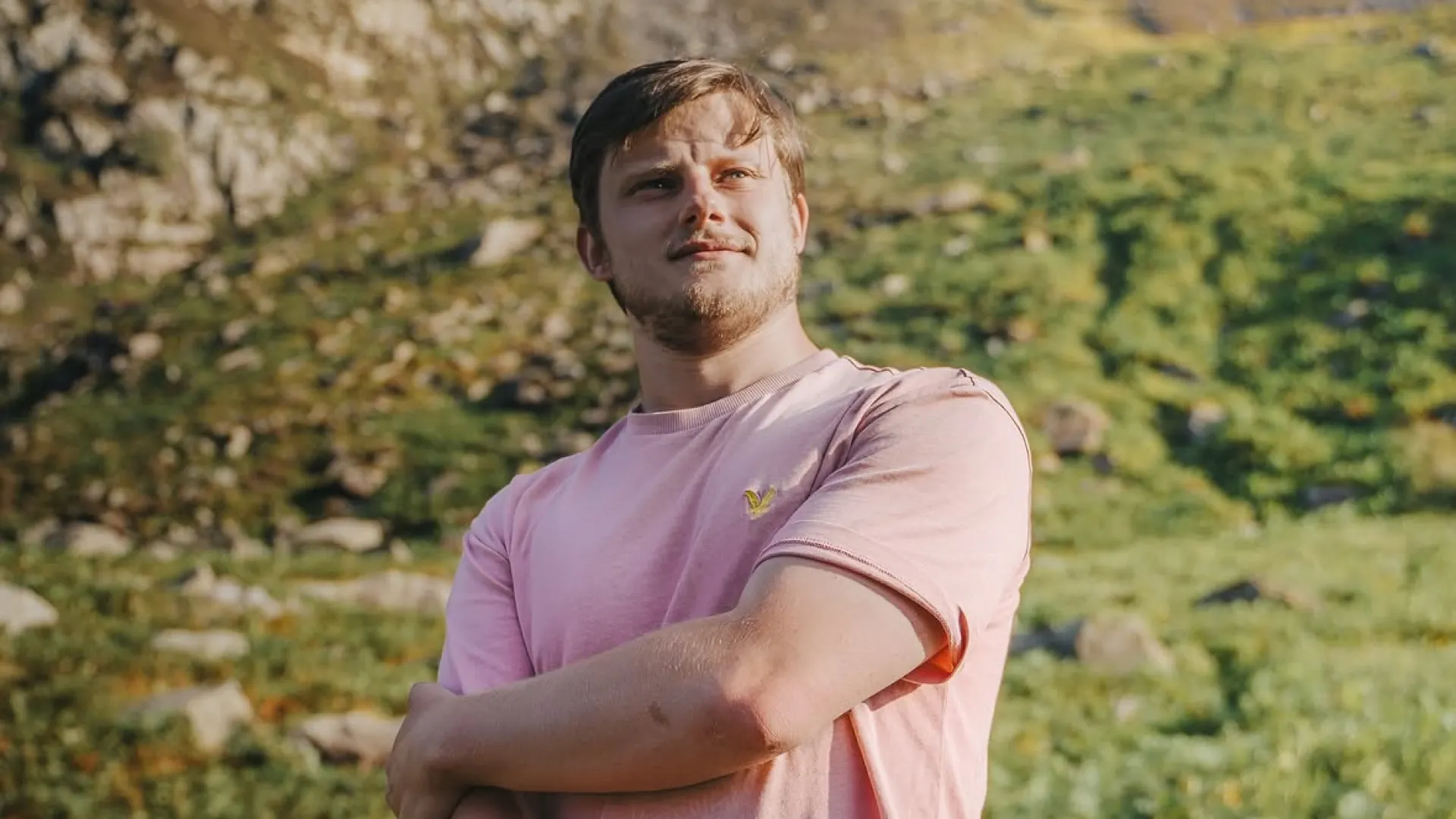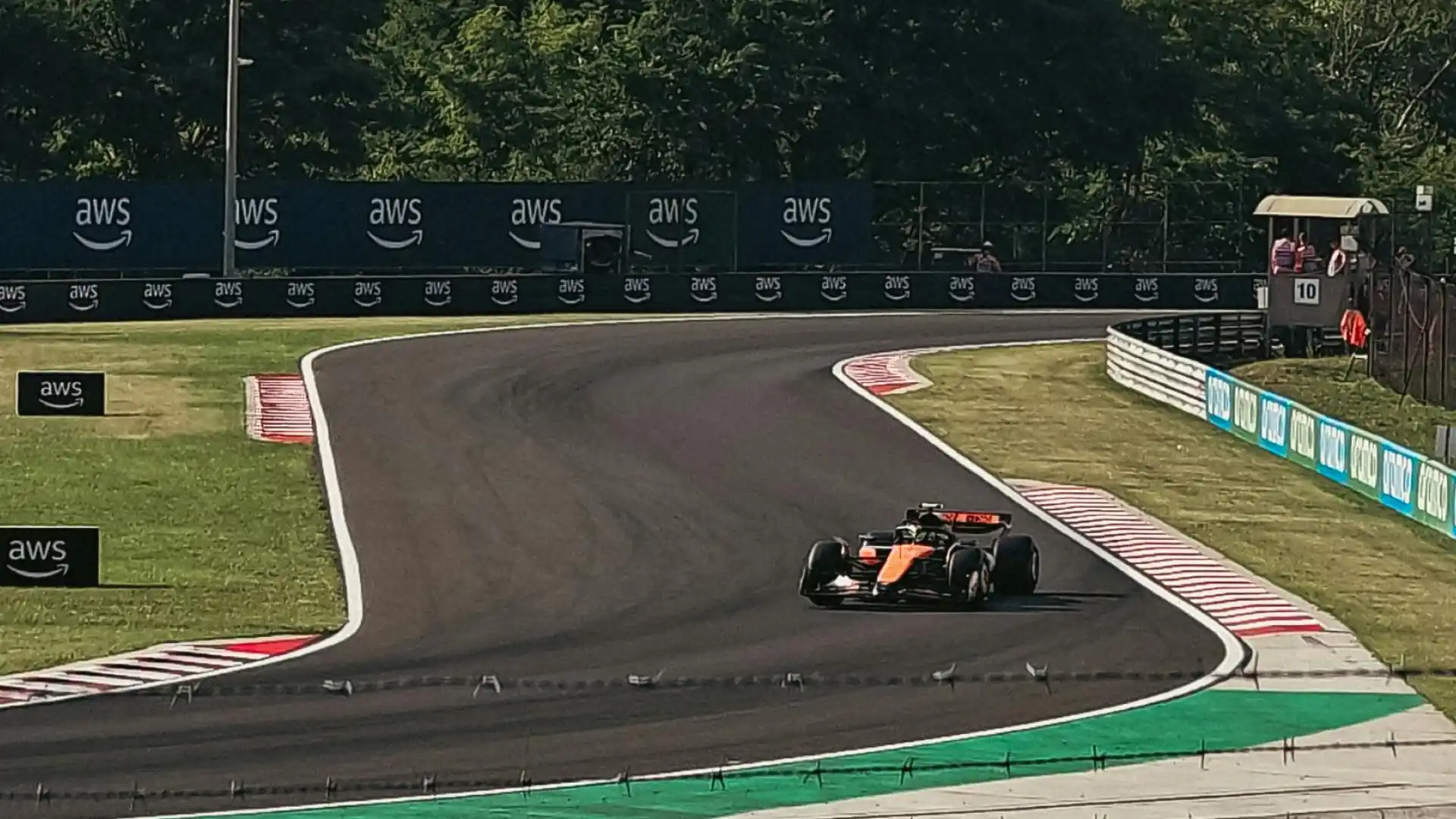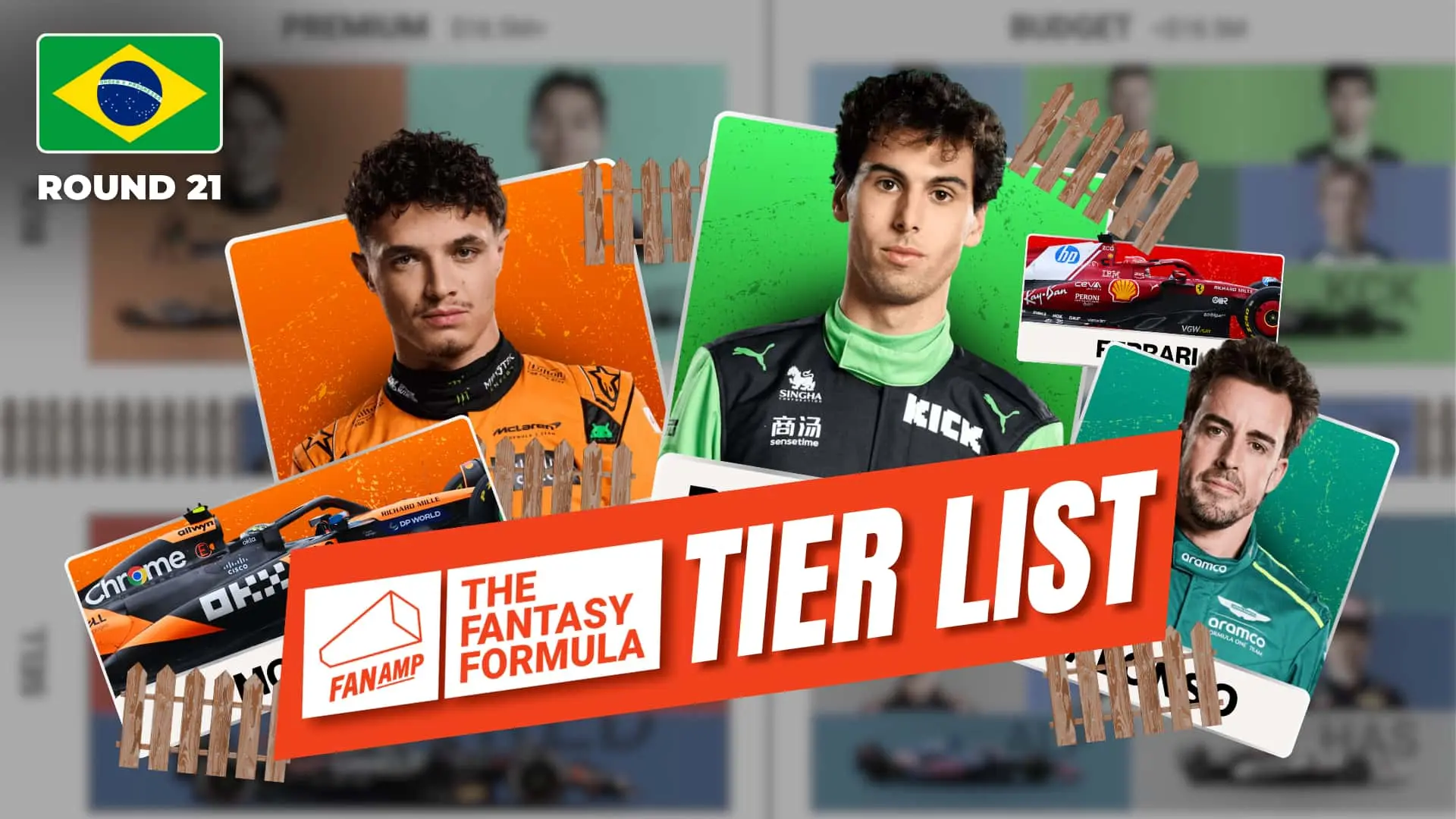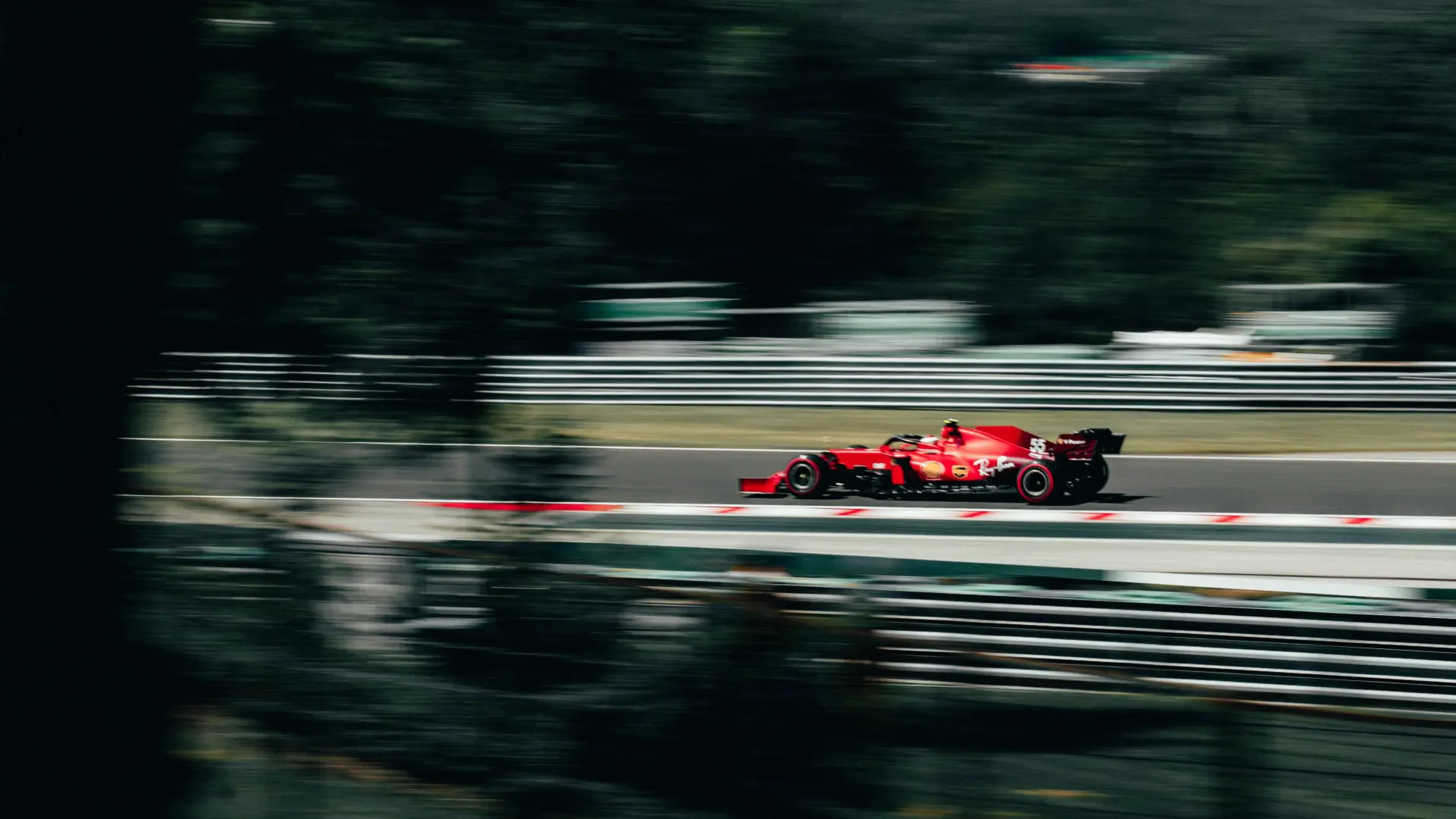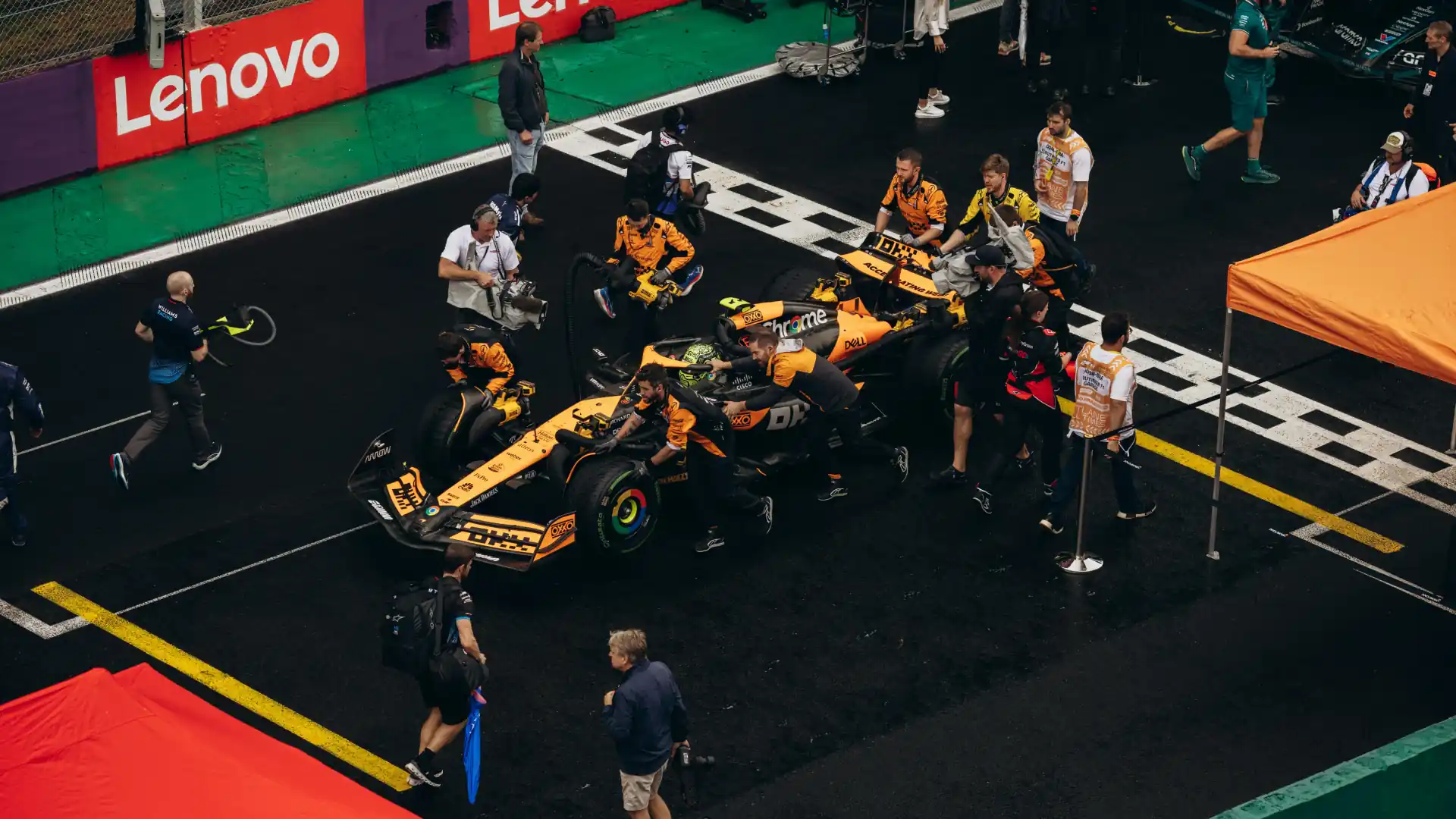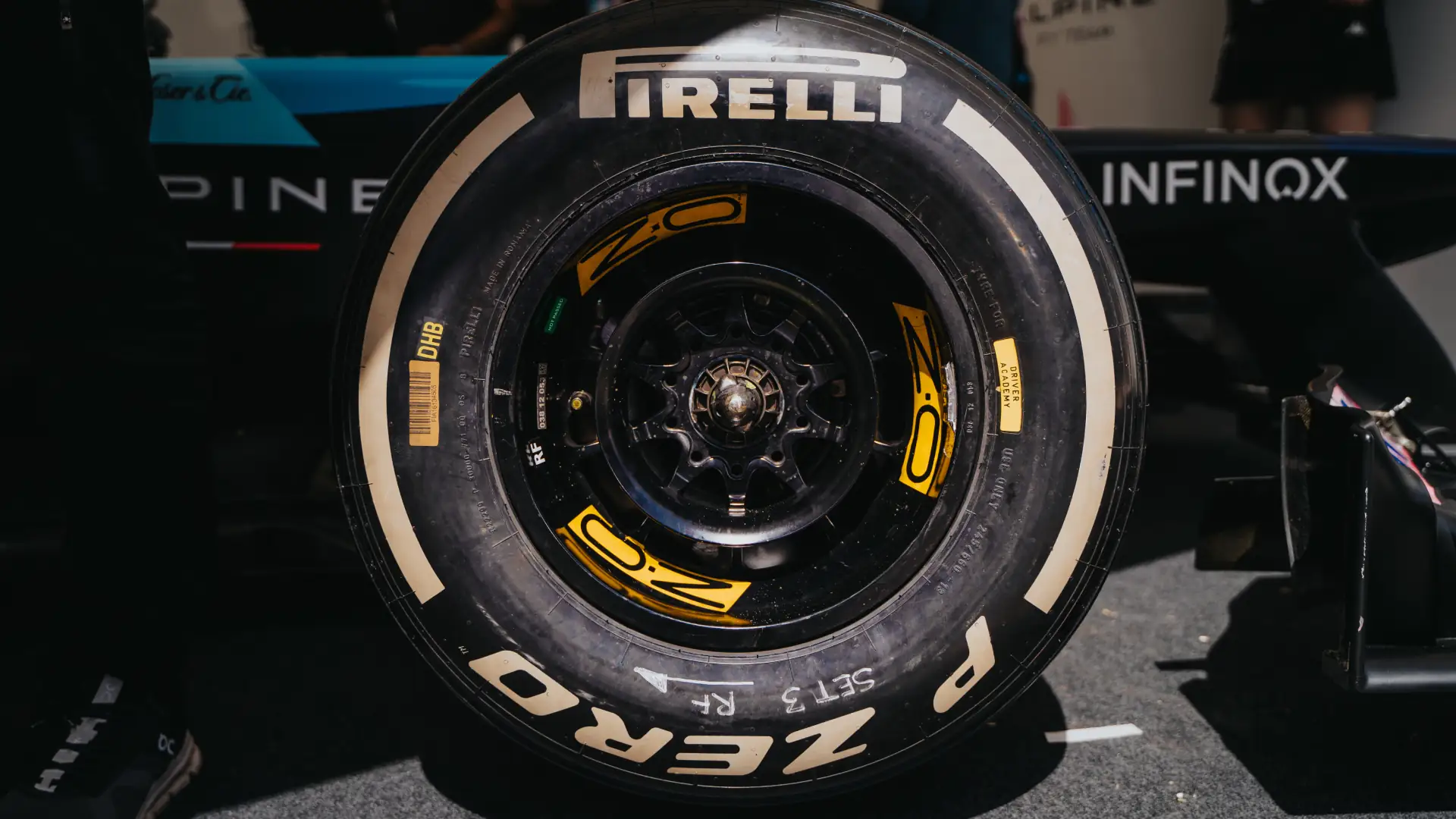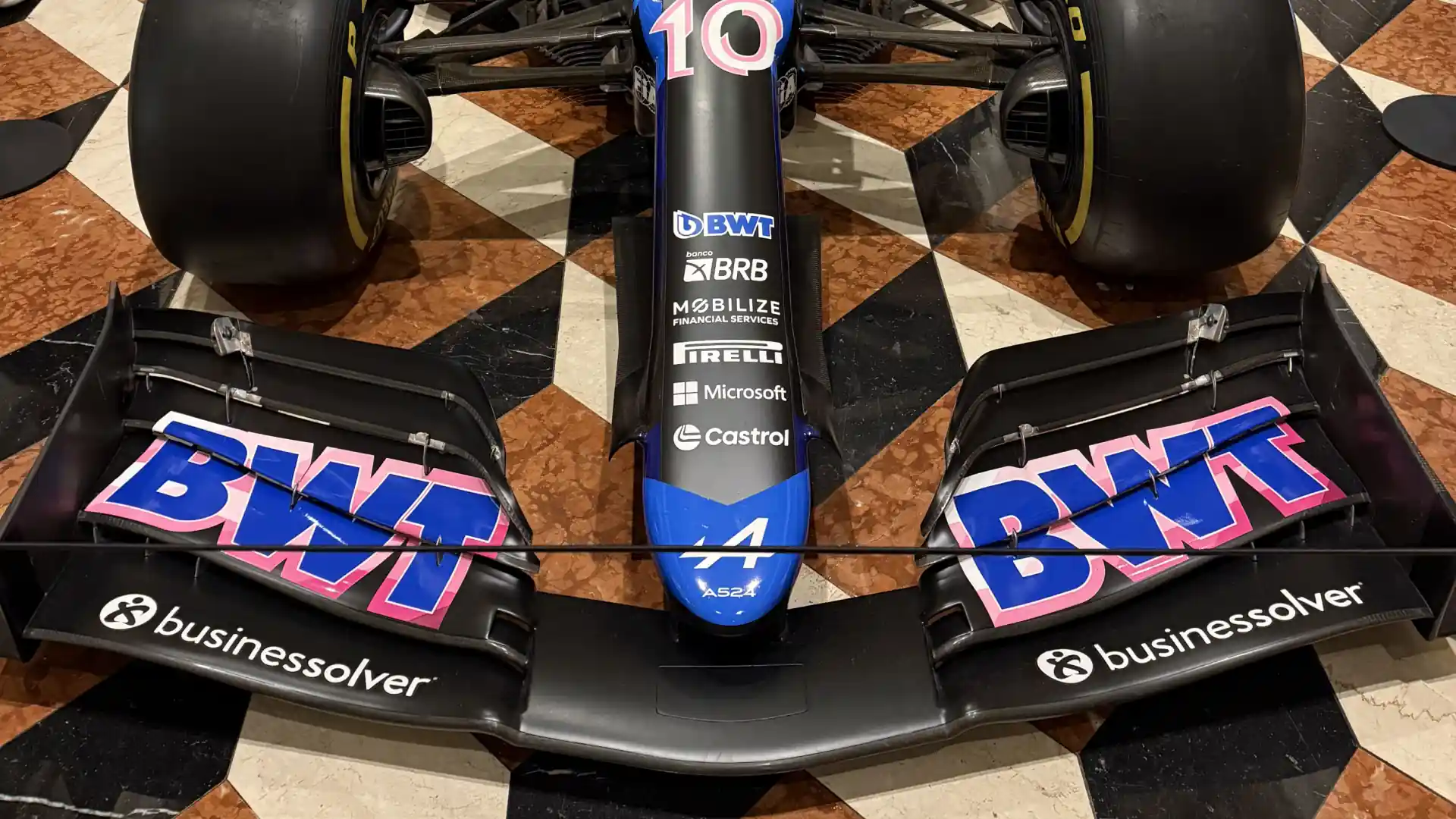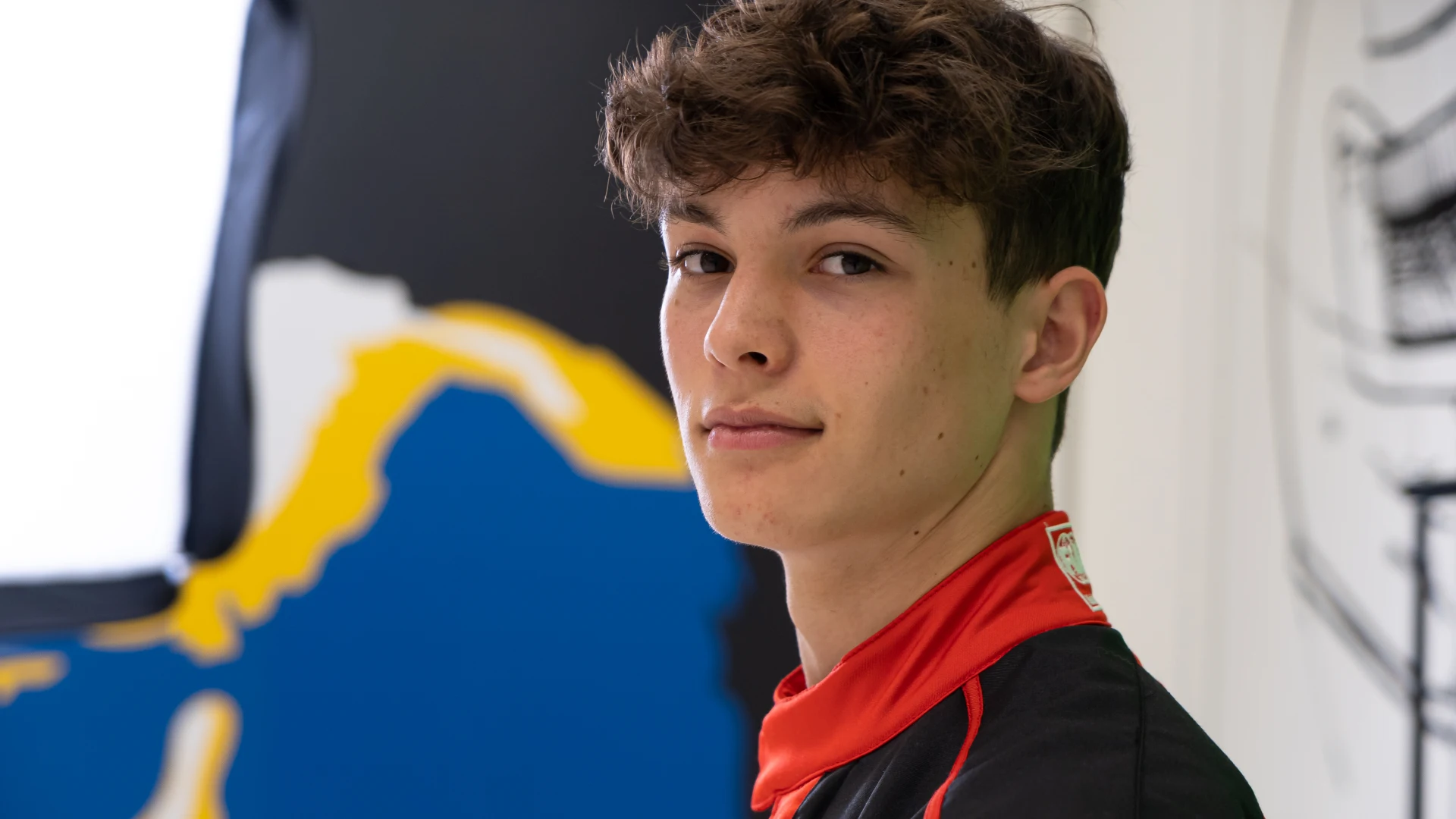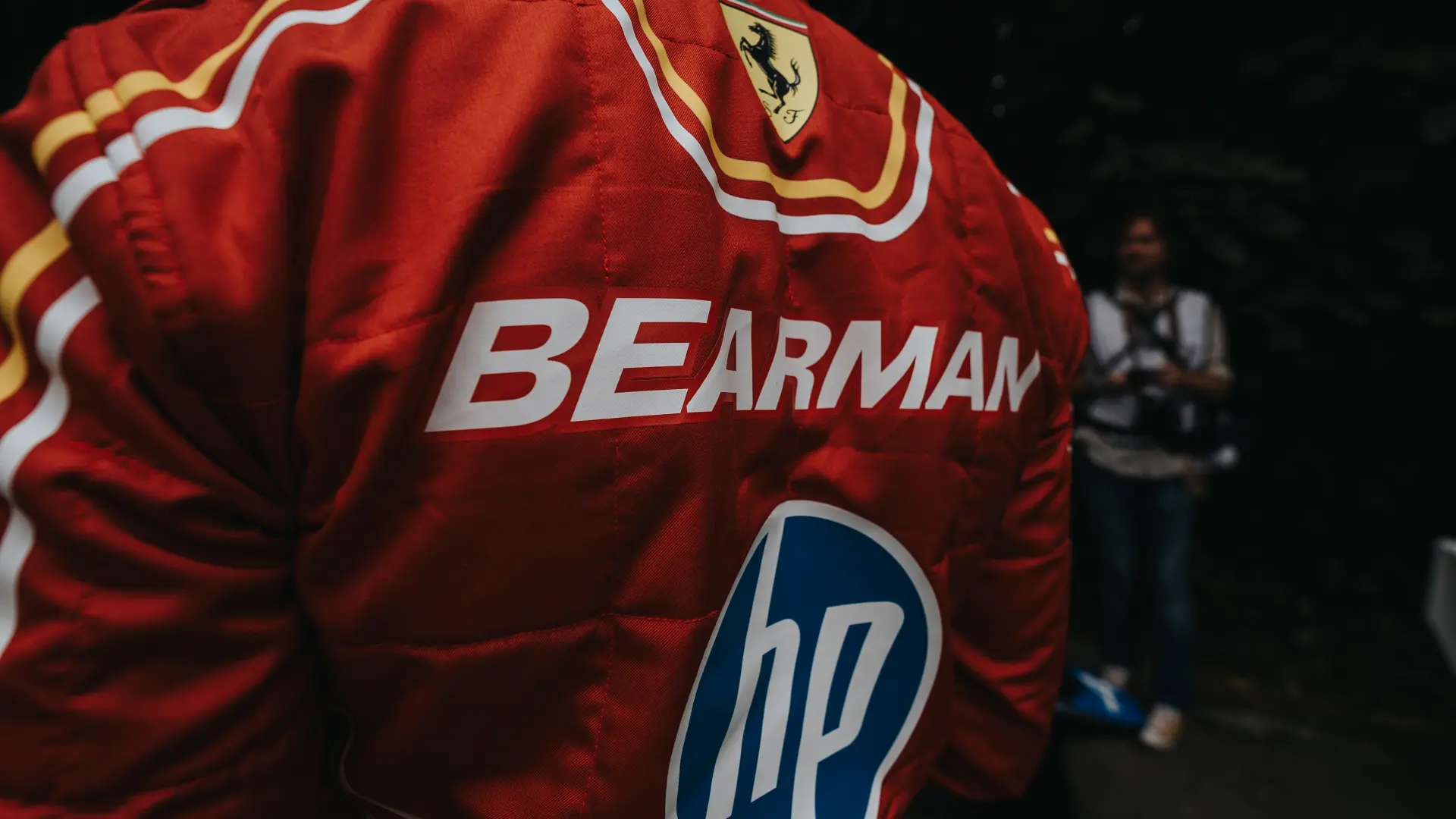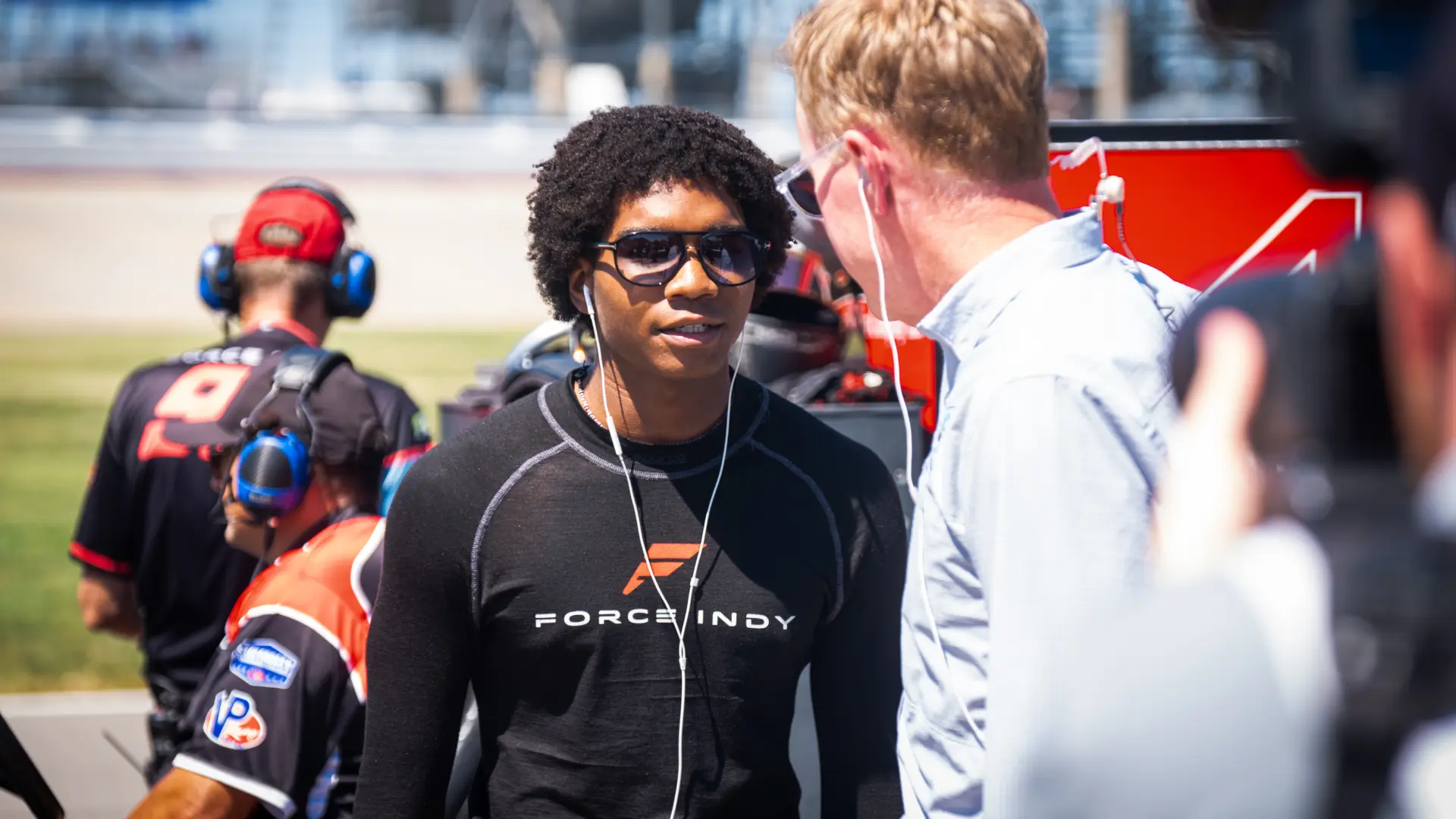Have you ever wondered who helps guide and shape future F1 drivers?
Have you ever watched a race and wondered how drivers like George Russell, and Isack Hadjar got their starts? Who coached Indy 500 winner Alex Palou on his way to glory? Who prepared them all to compete at the highest levels of motorsports?
Think back to a coach, teacher or boss you had growing up. Someone who taught and challenged you to be your best. Well, for those three drivers, and many more, that’s been Hitech TGR.
We sat with Hitech TGR Formula 2 Team Manager, Clive Hatton, and Formula 3 Team Manager, Paul Bellringer, to understand how they shape the future talent on their way to Formula 1 and beyond.
Introduction [0:00]
Clive: It's a very competitive series, F2 and F3.
Paul: Everyone in this pit lane is incredibly competitive. They're just competitive on everything. So unless you've got that in you, you probably don't last in this industry for a long time.
Clive: When you see drivers go on and be a fun driver, it's nice to be able to say I played a part in helping that driver get there.
Greg: It's a driver's dream to stand on the top step of a podium. Crowd cheering, national anthem playing, champagne spraying. For drivers like Alex Palou and George Russell, that dream has become a reality many times. While rising stars like Isack Hadjar are on the cusp, even in their rookie F1 season. All of these drivers embody the hard work and dedication it takes to succeed at the pinnacle of motorsport. But how exactly did they get there? Who showed them the ropes? Who prepared them to rise to the occasion.
Think back to your favorite teacher or coach or boss. It's someone you learned from, someone who challenged and supported you. For drivers like Alex, George and Isack, who want to be the best, that person was Hitech GP. But unlike school or work, at the top levels of motorsport, there's no adjustment period or room for error. You get one shot in Formula 1, and even the smallest mistake can be career ending. So how does a team like Hitech, make sure that its drivers are set up to handle not just the pressure to perform, but all the pressure that comes from winning the admiration of F1 teams, media, and of course, the fans.
I went to the British Grand Prix and sat with Paul Bellringer and Clive Hatton, the people responsible for Hitech's F3 and F2 programs, to find out.
Paul and Clive's roles within F2 and F3 [1:42]
Greg: [Jokingly, as he sits at a picnic table outside Hitech's garage:] I feel like we're in like a campsite. How has the week been so far?
Paul: Yeah, it's not too bad. Truck got back here Tuesday. So we've just been getting ready Tuesday afternoon and yesterday. And then tomorrow it gets quite intense tomorrow. Anyone's guess.
Greg: It just all hits the wall. Who knows?
Paul: Yeah, it really is anyone's guess what's going to happen. I suppose that's the bit that keeps my interest and keeps my enthusiasm for it. And I just genuinely love going racing.
Greg: As a team manager, your mission is shaping the talent of tomorrow. So I'm curious, when that comes down to brass tacks, like, what does it mean for you? What are your objectives or goals with the team?
Paul: I think it's a bit of a two-pronged thing for a team manager, in my eyes at this level. Obviously, most of our drivers are young. So they're coming through and they want to be career racing drivers. And obviously, the bulk of them, they want to be in that pit lane down the bottom driving an F1 car. So you're trying to help them and mold them and train them to move on from F3 to F2 and then hopefully to F1. And it's a similar thing with our mechanics really. Most of my mechanics are young guys. They're on that journey as well. They want to try different things and they maybe want to go to F2 or they want to go to F1 or they want to try World Sportscar. So as much as we're training drivers, we're also training mechanics.
Greg: As a team manager and in Formula 2 specifically, what are your goals or how do you look at what you need to be doing this year versus Paul or versus, you know, like a Formula 1 or another series team manager?
Clive: Especially this year, let's say it's quite, we're quite integrated with the F1 teams. You obviously have Luke [Browning], who's a Williams driver and Dino [Beganovic], who's a Ferrari driver, so this year more than ever we can have that serious link with them. They're always contacting us. We're contacting them and it's good that it's the stepping stone for those drivers up to F1.
Greg: So is it a very heavy lean into making sure you're not just winning, but also developing talent that can move through the team?
Clive: Yes, definitely because there's a lot more that a lot of people don't see on the track. There's a lot of simulator sessions. There's a lot of media commitments. And let's say that's all part of the package of a Formula 1 driver these days. And they need to be able to handle all these external distractions and still perform on the track. I think Luke's a good example of how he started with us. Originally in F4, I think did a few races with us there. He went on to do GP3 with us and then F3, and then now he's in F2. So there's like a clear progression ladder there within Hitech for him. It's obviously great for him because no matter what team he goes into, everybody knows him and he feels quite comfortable so he can get up to speed quite quickly. So that's definitely an advantage there.
Greg: And is that a conscious thing that Hitech likes to do to have this sort of, like, family; when you're 'in' in one championship you can continue to move through?
Clive: Yeah, it's definitely something we try to do for the right driver. But equally, there's only two seats in F2 and then there's three seats in F3 and then there's- in F4, we run four cars. So you kind of need to start narrowing them out. So it's not like it's a guaranteed pathway, but it definitely helps.
The jump from F3 to F2 [4:52]
Greg: They say that F1 isn't a finishing school and you have to be ready for it when you move into it. So what is F2 versus an F3 and an F1? Like what is this meant to be for drivers, even for mechanics or other folks on the team?
Clive: Well, let's say probably the biggest thing moving up from F3 to F2 is the pit stops. That's one thing. So there'll be a change of compounds then in the main race for the F2 drivers. So that's something they'll need to navigate. Let's say it makes it bit trickier in F2 because they don't have tire blankets. So when you do a pit stop, they're going out on cold tires as well. The F2 car is bigger and more powerful than the F3 car. We also have different compounds of tires throughout the weekend where F3 generally have the- have the same. So what they run on in free practice, once they go to Quali, they're on a different compound, the softer compound. So when they are going into Quali, they need to adapt very quick to the grip of the new tire, as well as the improved track conditions that day.
Greg: So it's really a space where they're given a lot more complexity and have to navigate all of that?
Clive: Yeah, and then added on top of that there's also carbon brakes compared to steel ones so there's a lot more in the warming procedure of them to make sure the brakes are in the right window and just- it generally gets a bit more complicated as they get up but then they're kind of ready in F1 for all that technology.
The good old days of Formula 1 [6:13]
Paul: Everybody you speak to will have a slightly different viewpoint and a different take on it. Perhaps I'm old and cynical, but when I did F1 first in the late 80s, the teams were nothing like they were now. It was very few people. Some teams built their own cars. You were still allowed to buy customer cars then. So a lot of teams bought cars from March or whoever the chosen manufacturer of the year was and went racing.
So, as mechanics on those cars, there was only three of us per car. So you did everything. You did your wheels and tires. You did your gearboxes. The three of you did everything. Whereas then you, come sort of, you move on down that and in the late 90s, early 2000s, I was at BAR Honda and we were like nearly a thousand people strong there. And you suddenly look and there's 10, 15 people per car from the team side. You've got a works engine deal. They've probably got eight, 10 people their side per car. And it gets- I get it it's because of traceability and accountability, but you get a situation whereby almost each mechanic just has a specific task. He does A, B, and C.
Greg: The front right guy. The front left guy.
Paul: And when he's done that, another guy comes in and does D, E, and F. And whereas back in the day you were all-round mechanic-ing. It starts at the beginning and you finish when the job was done.
So I think from that point of view, it's changed. And I think the number of races that they do now is obviously quite intense. And I think they take a lot of younger guys because 24, 26 races plus the filming days, the extra bits and pieces and that they have to do. If you're a married man or you're a married man with a young family and that, it's not quite as palatable as if you're 20 years old and you have no responsibilites.
From student to alumni: What happens when drivers graduate? [8:11]
Greg: You guys have won several teams' and drivers' championships. You've had very successful drivers come through as alumni and represent you not just within Formula 1, but in other series. You want to be successful and win. But if you're successful and win, then the talent inevitably graduates into, like, the next phase of their career, right? They would move from here to Formula 1 or maybe they go to a different series to be a career driver. Does that resonate with you that there is this catch-22 that the better you perform, the quicker people move on or is that not the right conception of how F2 is?
Clive: We don't really look at it that way. Every year we take a driver, we want to do the best we can with that driver. So it's not like we're like, oh, we want him for next year as well. If the driver does well with us this year and he moves on, like for us, that's a job well done. And that's what we try to do so that they can just move through the ladder and get as much education as they can with us.
Paul: That is a difficult one because I think from a driver's perspective, or from drivers coming to us as a team, you know they're coming to you maybe for one year. It might be a two year deal, depending on who they are. So you expect that and that's part of that natural progression. With the mechanic side of things, I suppose as a team manager, you get a little bit of a selfish streak come out in as much as you've compiled a good crew of guys that are solid, do a good job, and work together as a team unit. And so it's easy to forget those guys want to progress as well. So it's frustrating because you've then got to sort of re-juggle another team, but equally that is part and parcel of the process.
Greg: So then I guess to that point, is there, maybe it's just the natural way this has all been set up and has existed for a long time, but I would imagine it makes your life complicated in that you're always having to make sure that you have those drivers to come in the year after the year after.
Clive: It's definitely challenging, let's say you can call it a driver silly season mid-season when you're starting to find drivers.
Greg: That's what- you think about that and I'm like, that sucks. That's a lot.
Clive: Yeah, but it's the same as every sport, isn't it? It's always like- you look at football, they're all... all the players are changing around per season.
Greg: Well, you've got to get the 10-year contract and lock them in.
Clive: And even to say like if a driver's repeating a year, like doing F2 twice or F3 twice, it's not like- they don't need to stay in the same team. They can move to a different team. Maybe their car suits them better or... Yeah, it's just par of the course to take it as it comes.
Greg: I wouldn't want that stress, but hey, it works for you.
F1 Driver Academies and their roles within F2 & F3 [10:41]
Greg: What about the F1 Driver Academy component of it? What is it like to now integrate with these F1 teams and their programs? How does it make your job more challenging, easier in some respects?
Paul: I think from the physical team perspective, it doesn't really affect it too much in my view. Because whether we've got a driver on an academy program or it's just a paying driver, our job or what we provide them to go about their business with is the same.
Obviously from the driver's perspective, I think at times that comes with another set of pressure because obviously on that academy they're not going to be the sole driver in that academy there's potentially going to be other people in this pit lane that are in the same academy team there's going to be the f2 drivers that are in that team and so on so I think there's obviously, they want to do well for themselves as an individual driver because that's again that's their nature and that is the nature of the beast of a racing driver they are self-centered and selfish on that goal because those that aren't, don't succeed.
Greg: There's only one person who wins every race.
Paul: Exactly. So I think the driver program thing- it's good, but equally I think it puts at times I think you can put a lot of pressure on outside to the driver because they're expected to do well not only for themselves and for us as Hitech but also for whatever academy they're with.
Greg: You have drivers who are affiliated with these driver academies. How does that affect your day-to-day as a team manager? Does it give you more resources to be able to support these drivers in ways that, if you didn't have those academies involved, you wouldn't be able to?
Clive: There's probably a little bit more planning, especially when they make FP1 appearances and also their respective F1 teams have a bit more media for them, so timetabling is just a bit more hectic that way. But as for the actual on track and working with the driver, there's no difference if they're in an academy or not.
Greg: Does it affect them? I mean, we were talking with Dino earlier, and he was saying that when he first started there was a bit of pressure that he felt and he had to work through. And then once he got over that, he felt more comfortable with it. But there was that ebb and flow. Is that something that you've had to help these drivers be able to manage that as a person, as a human, like to work through that for themselves? Or is that something that they're dealing with separate?
Clive: No, it's definitely something that we can pick up with a driver and it's something we do try to help them with. But I think the pressure that being an F1 junior brings, it's proving to the F1 team that they can actually handle that pressure and still compete. So then when they do get to F1, they know that when that pressure is there they can compete.
Greg: It's just a lot.
The future of Hitech [13:26]
Greg: The last question I have for you is- so you guys have won a lot. You've had drivers who have come- I literally saw Alex Palou win at the Indy 500 this year. So you've had people in all different series who have come out as alumni. And obviously you're helping a lot of the mechanics and other folks who come through the whole team. What is your, what do you hope to see for Hitech 5, 10 years from now when you look back? What do you want to get accomplished over the next couple of years?
Paul: I guess we want to continue winning. We want to continue winning individual races and we want to continue winning championships, both on a driver level and a team level.
Clive: I think definitely when you see when you see drivers go on and, like, go on and be F1 drivers I think that's quite nice and it's kind of it's nice to be able to associate yourself with them to say I played a part in helping that driver driver get there.
Paul: Me personally, I would really love to win the teams' championship in F3. I've had cars win races in F3 but I've not won the teams' championship. So I would really, really like to win the teams' championship.
Greg: What are you gonna do to celebrate when that happens? That you can say on camera.
Paul: I might have a small glass or something. Or two.
Want more exclusive Insiders?
Then you're in the right place! Head to our YouTube playlist for more, and be sure to subscribe to be the first to see new episodes. Or you can check out some of our recent episodes below:
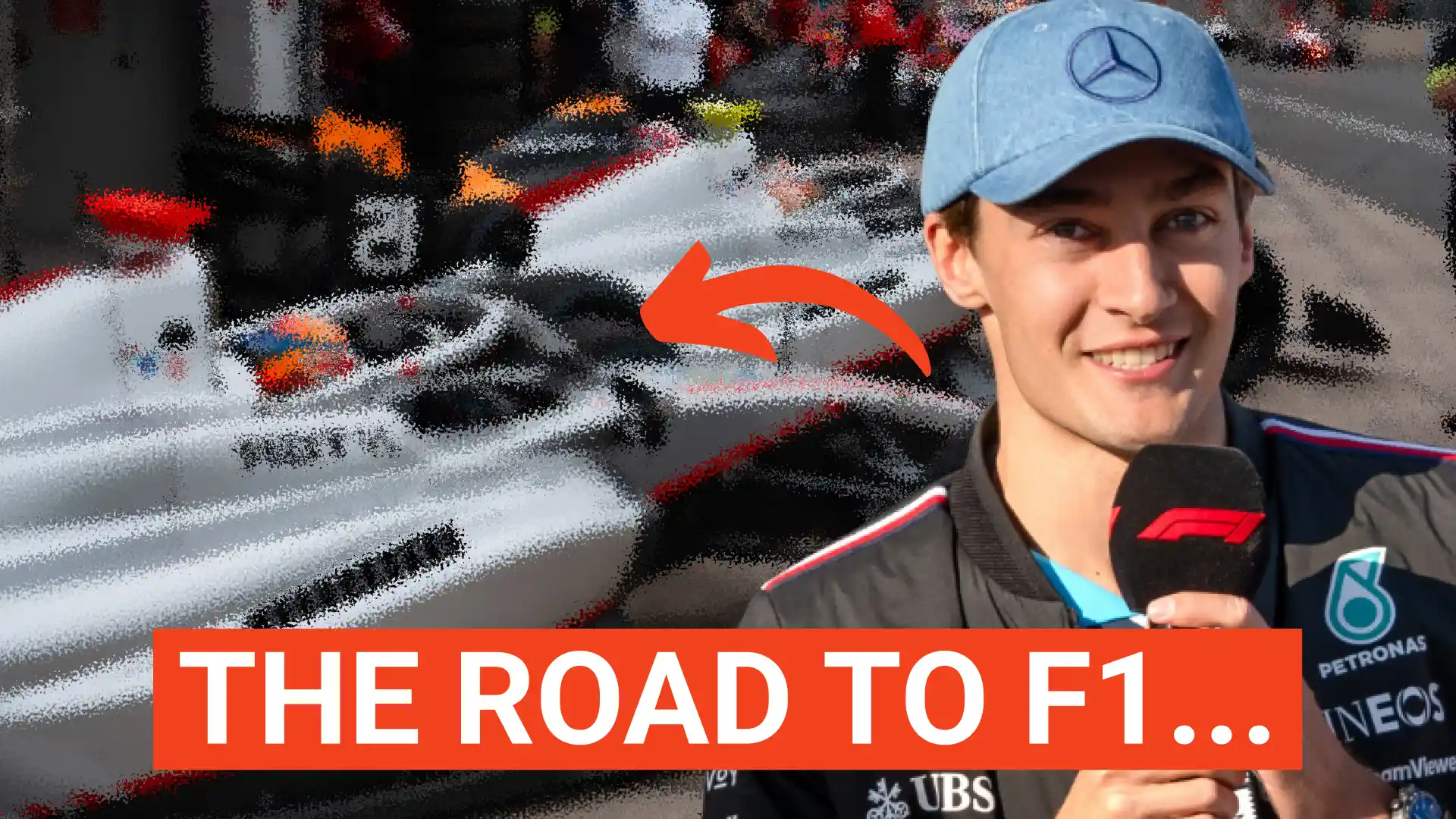
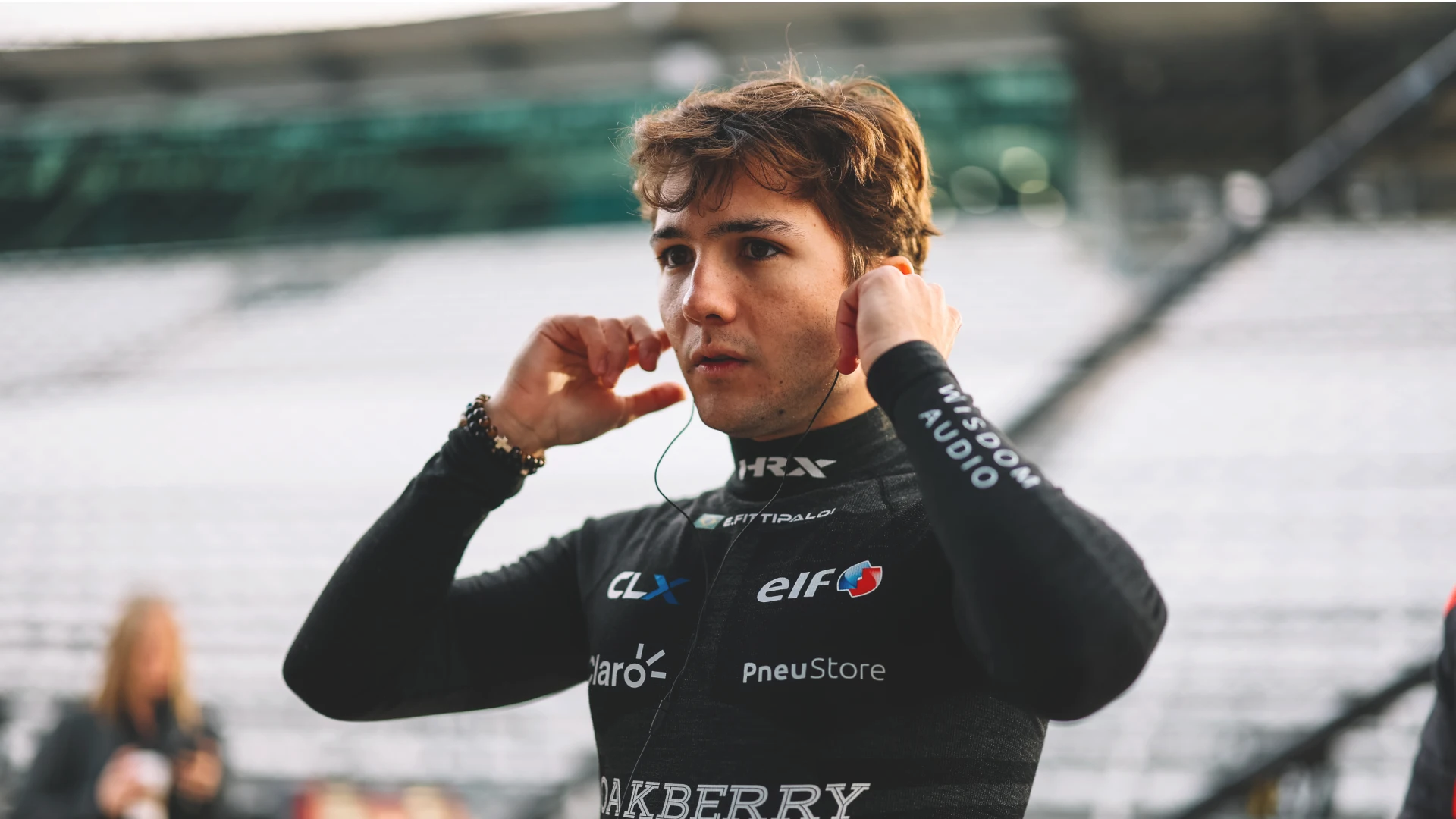
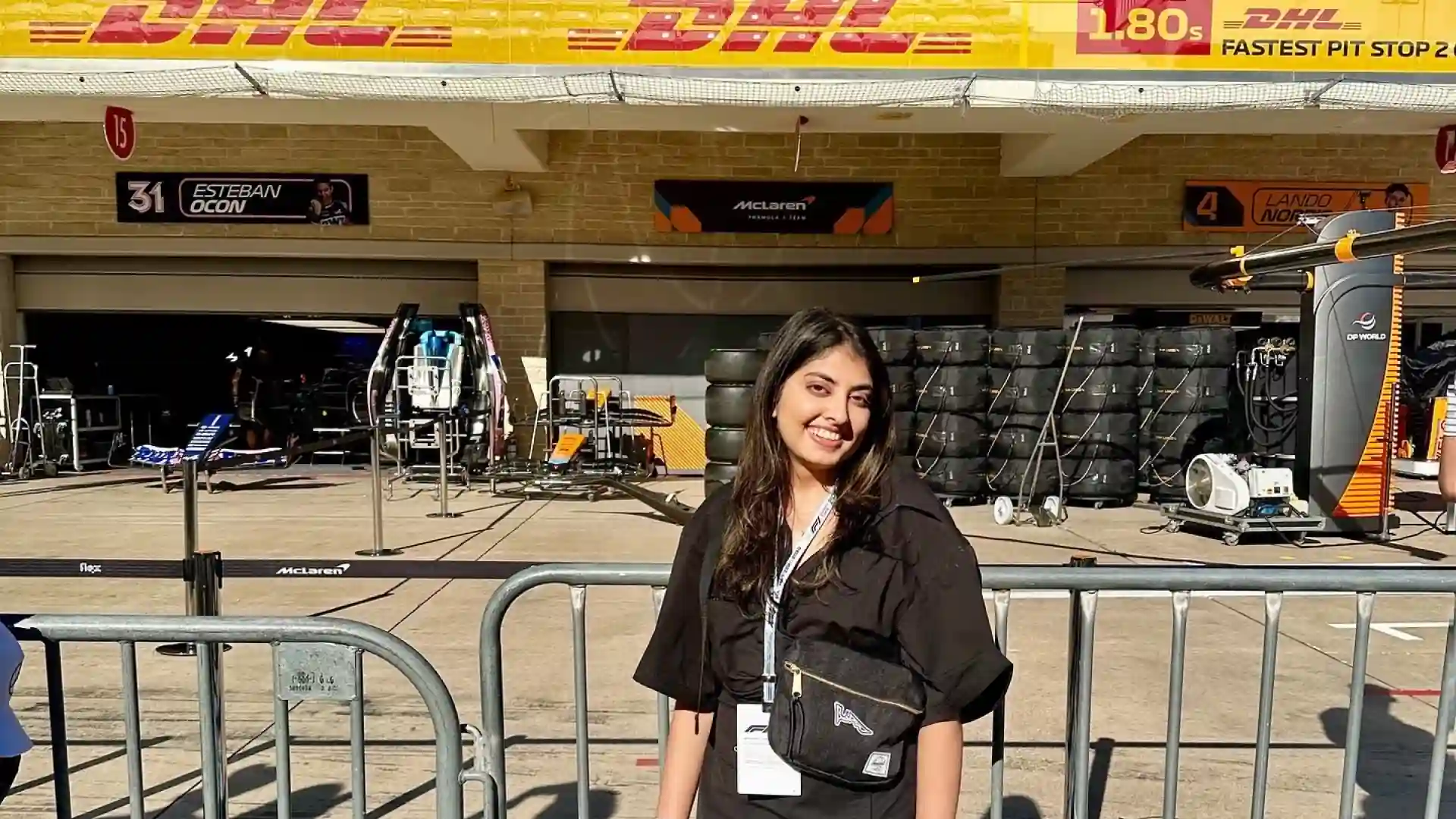
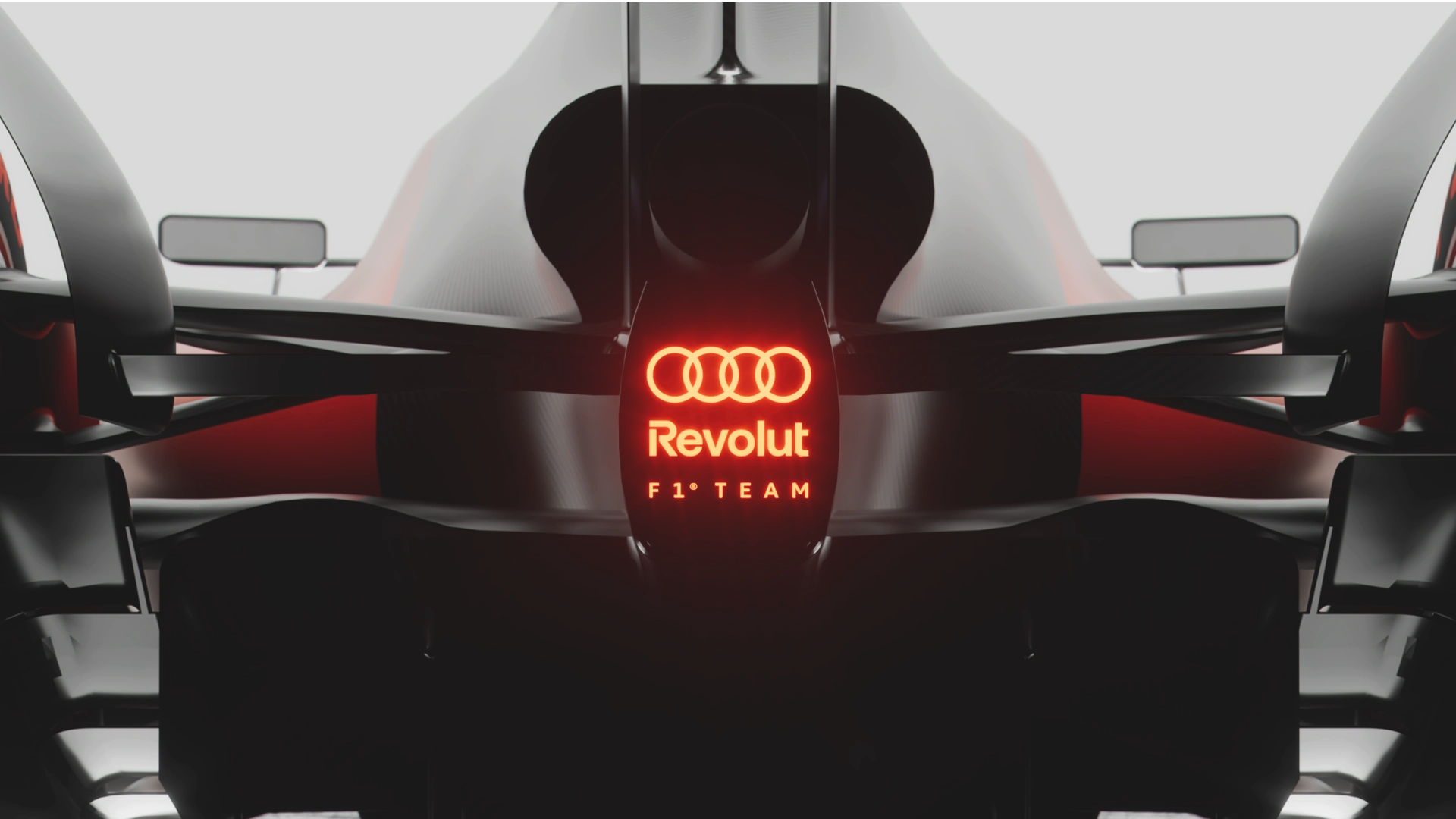
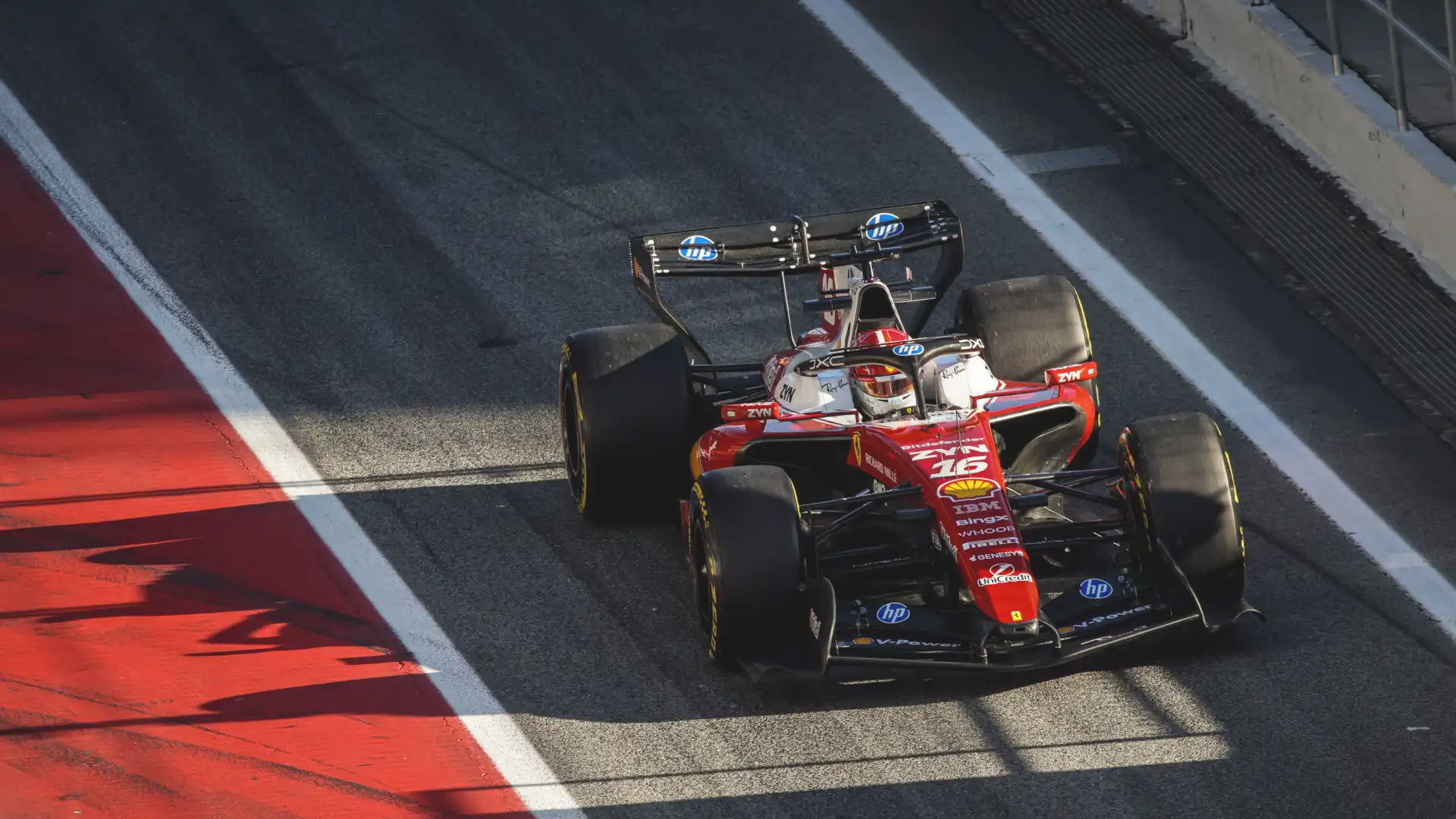
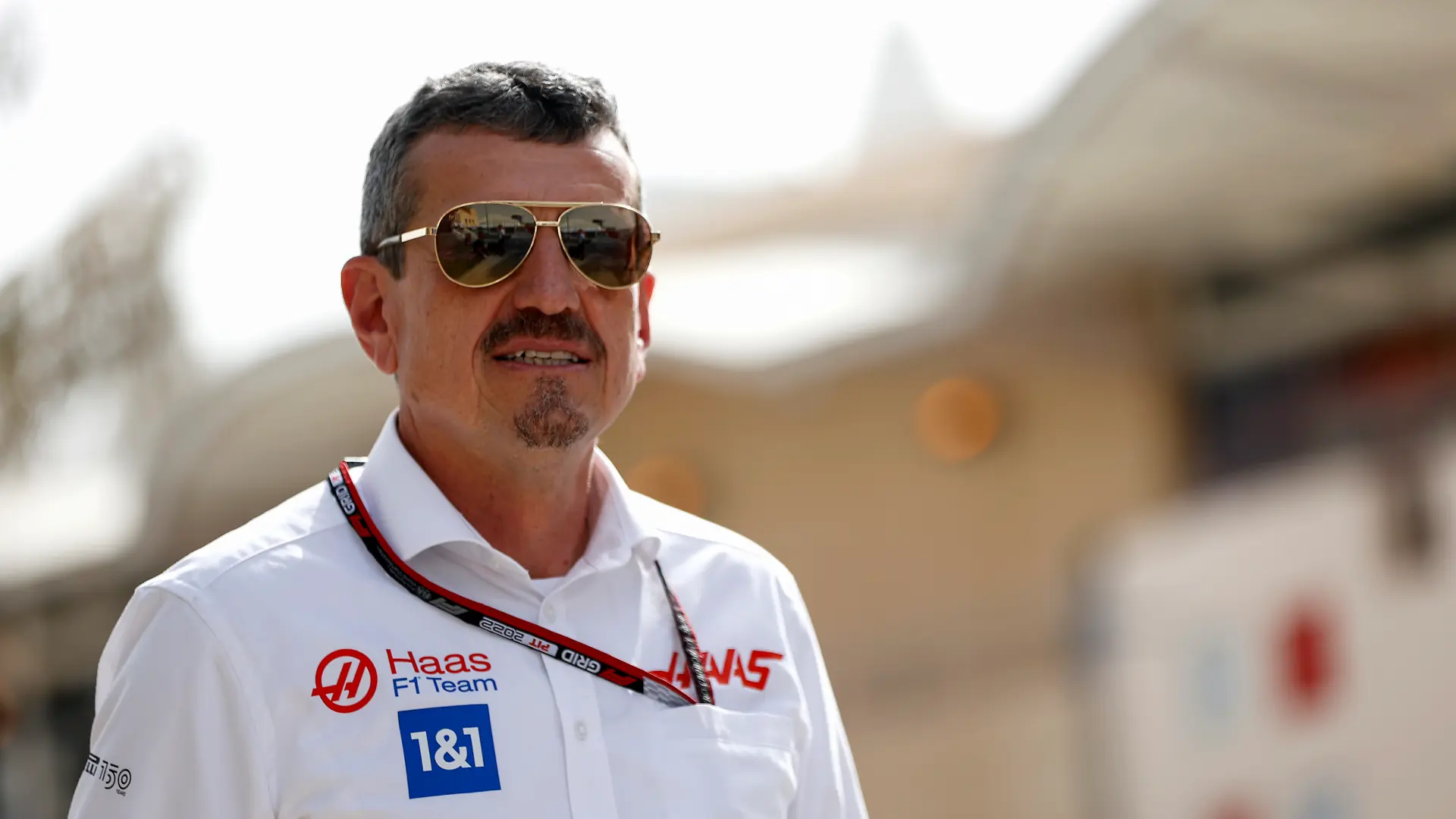
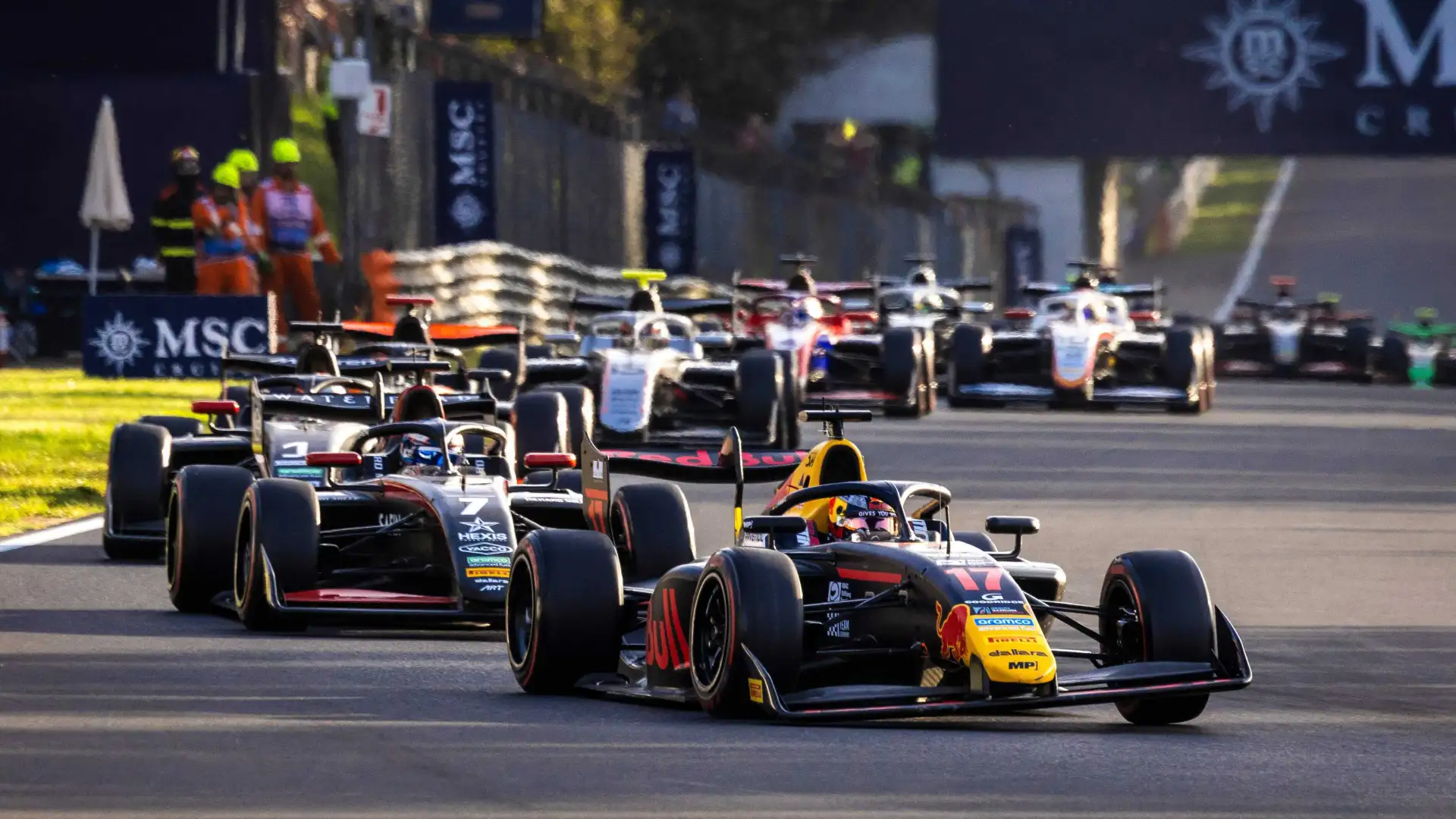
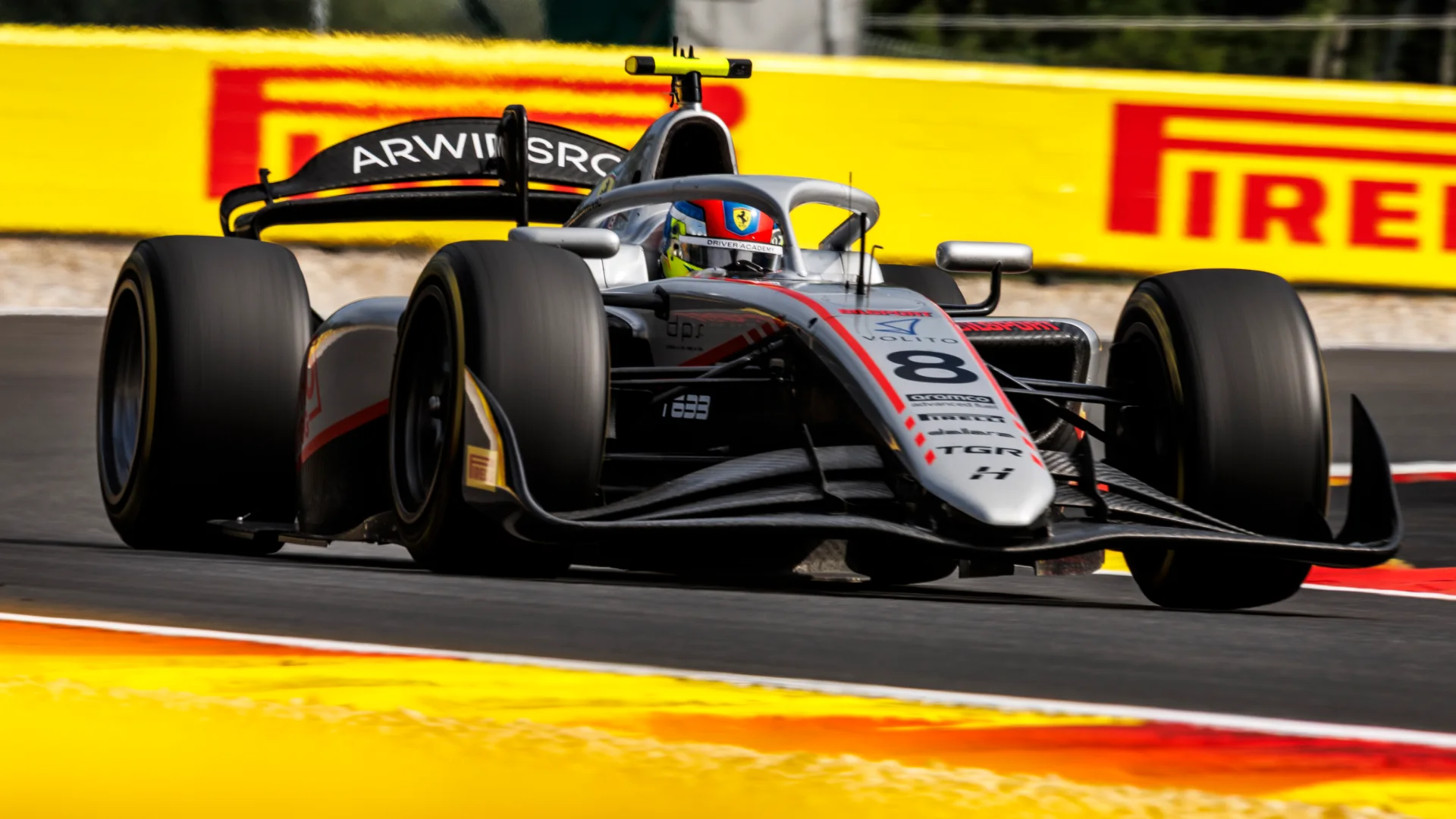
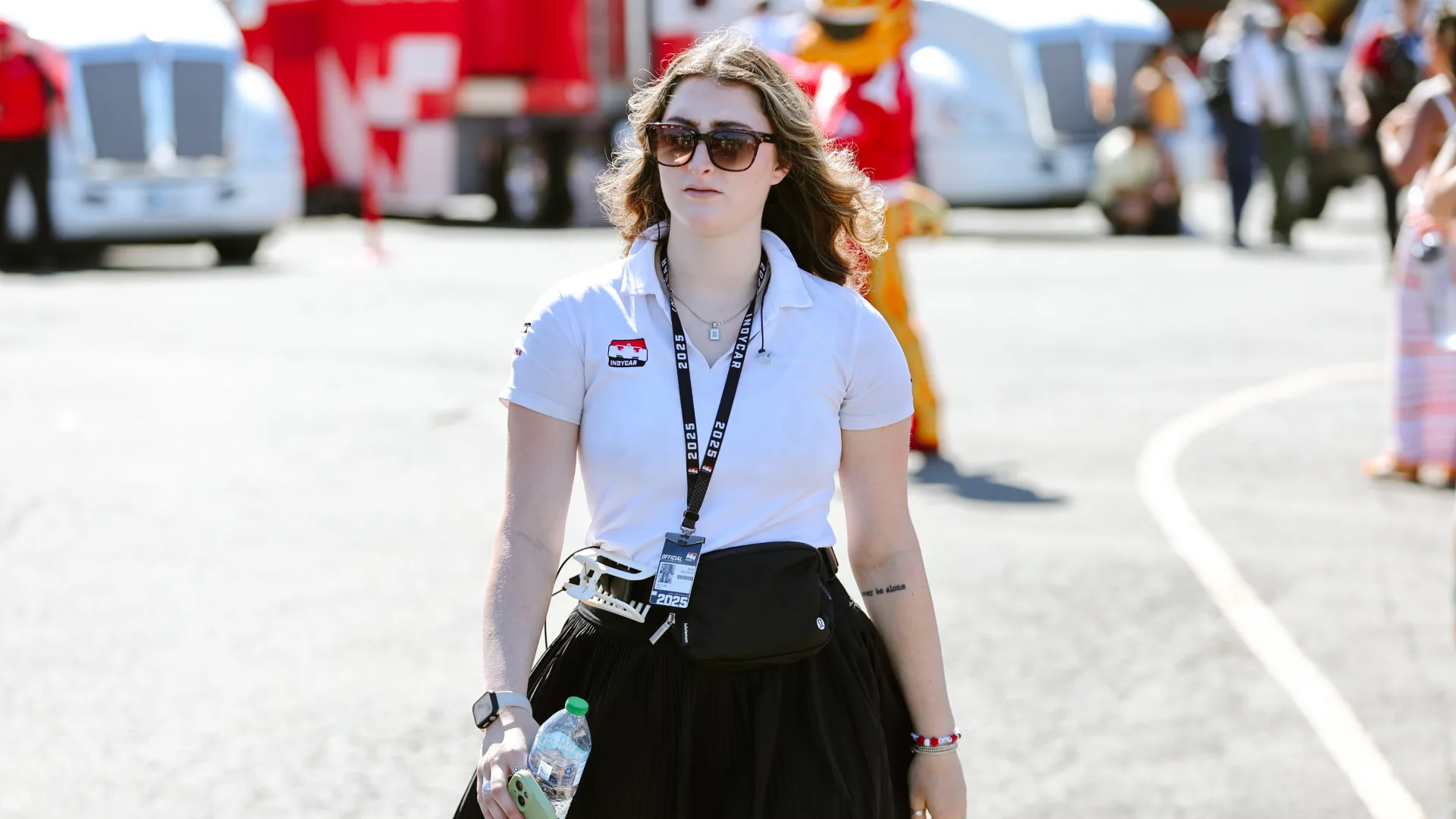
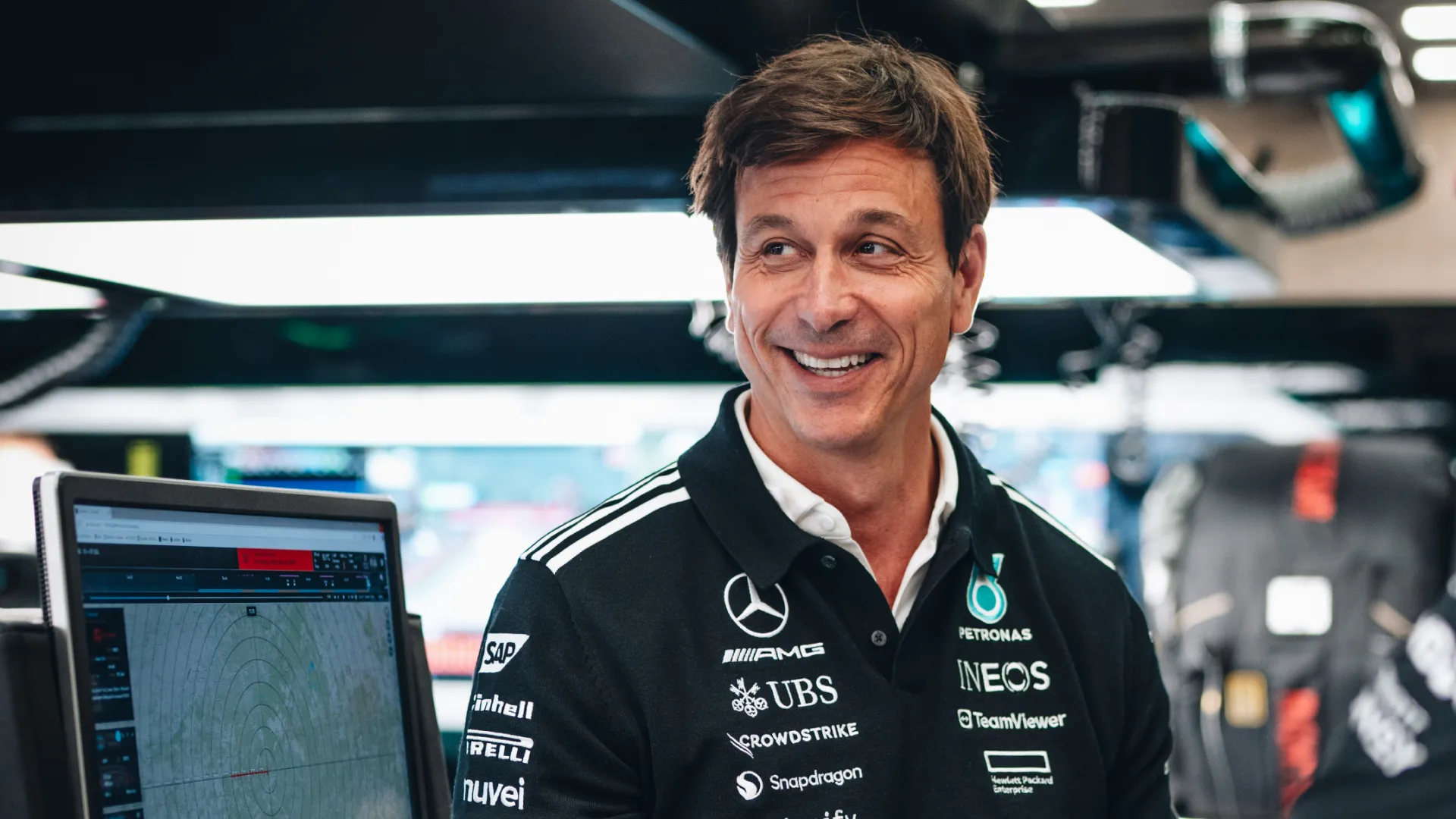
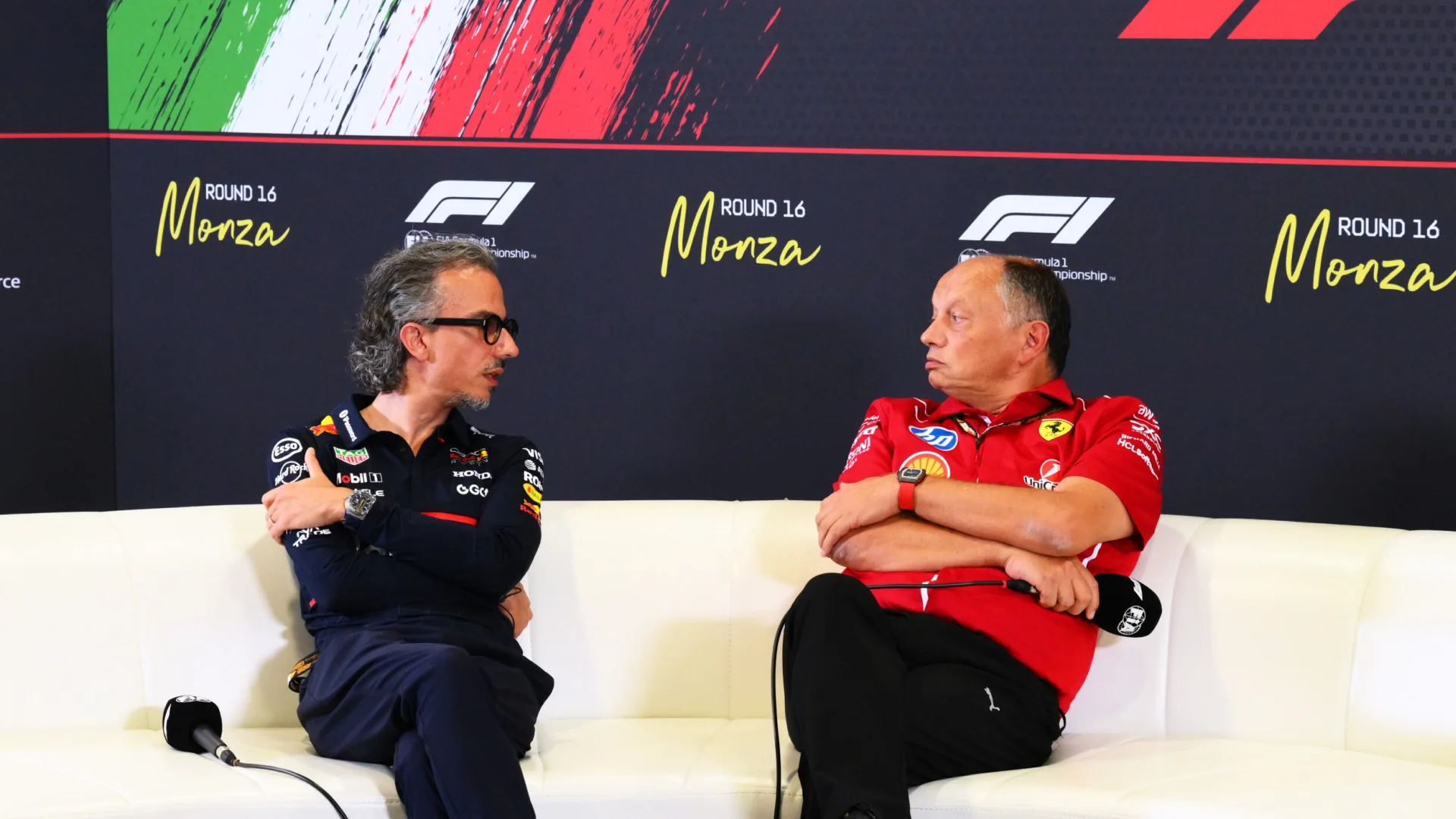


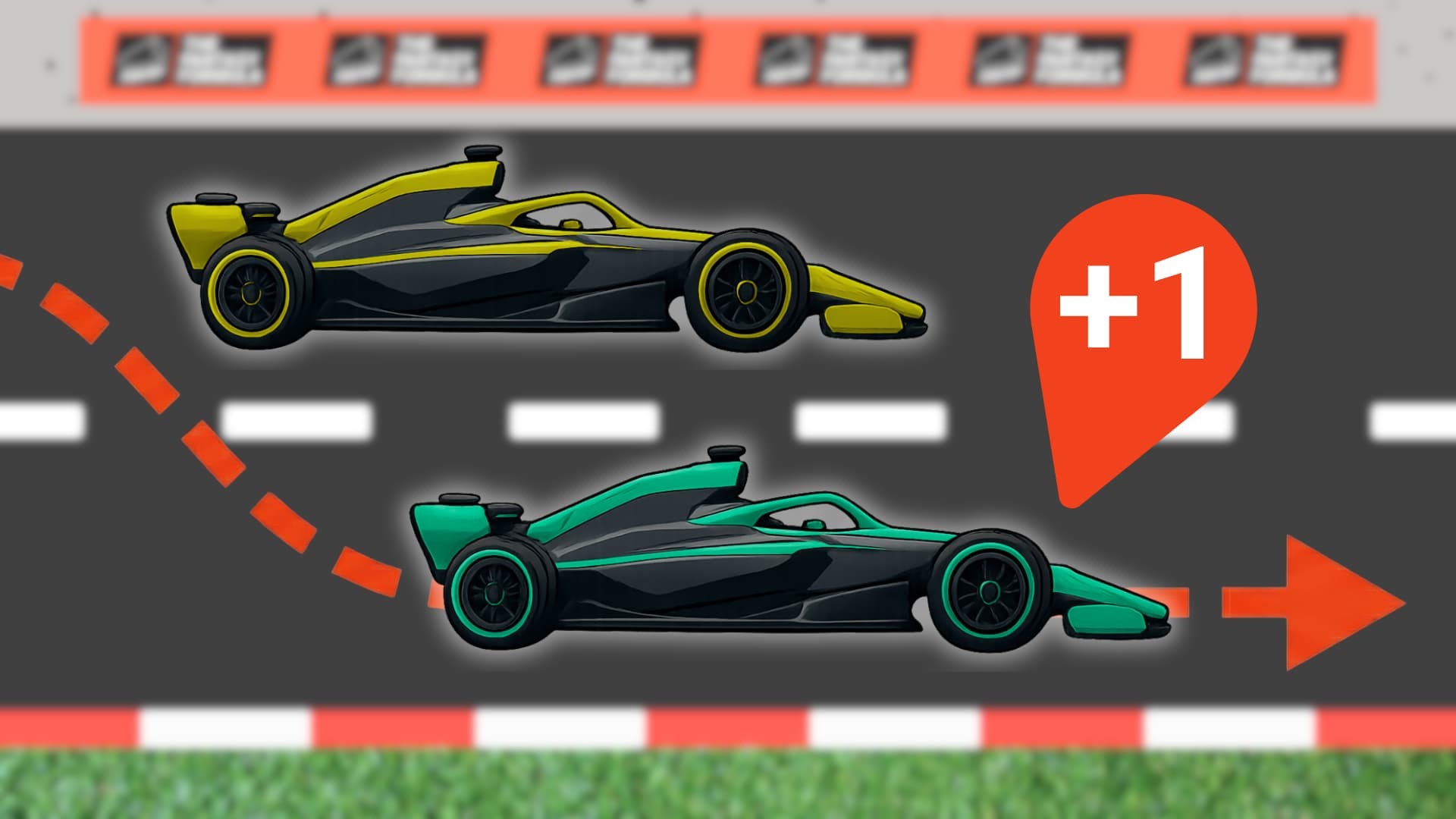
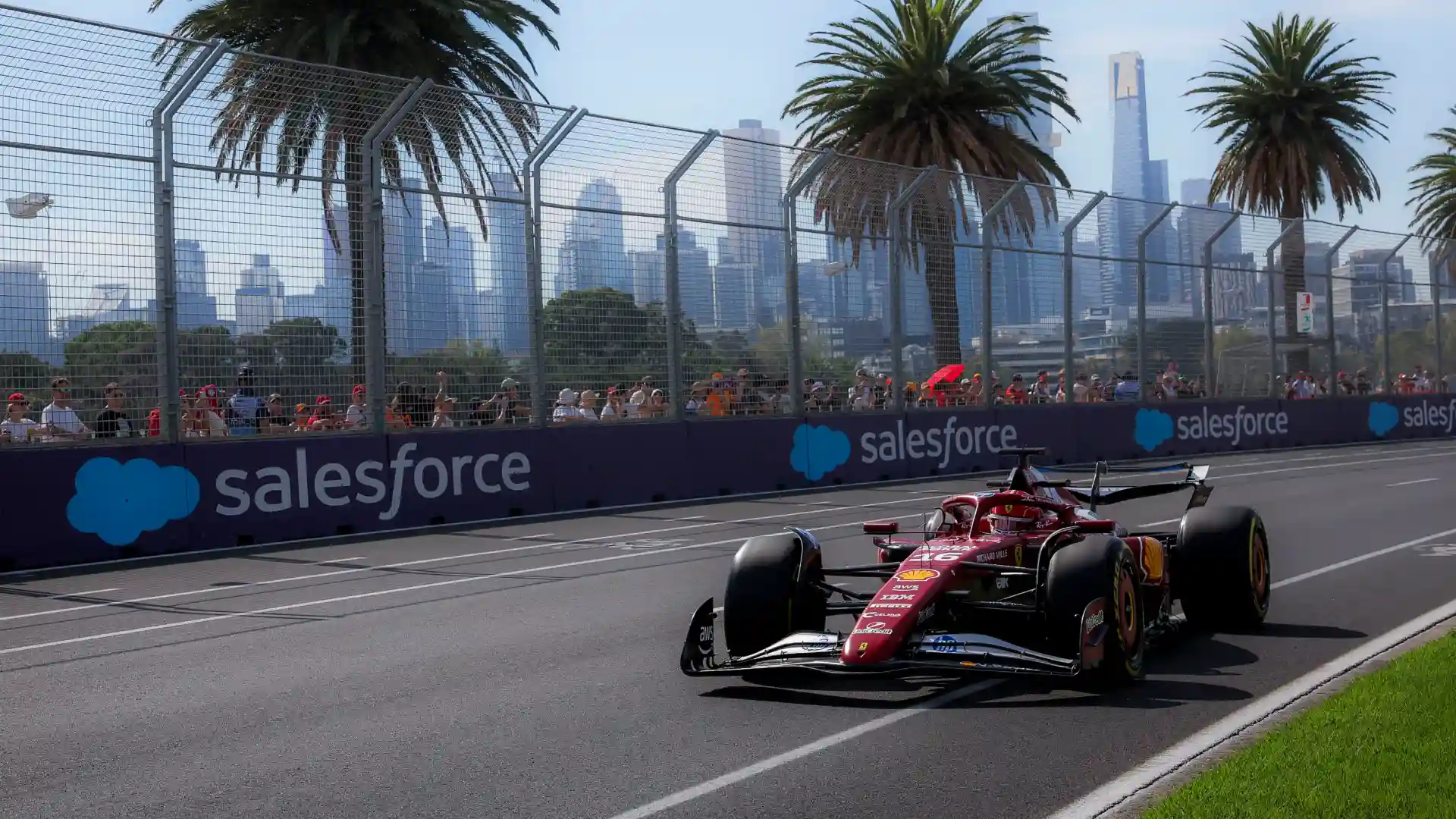
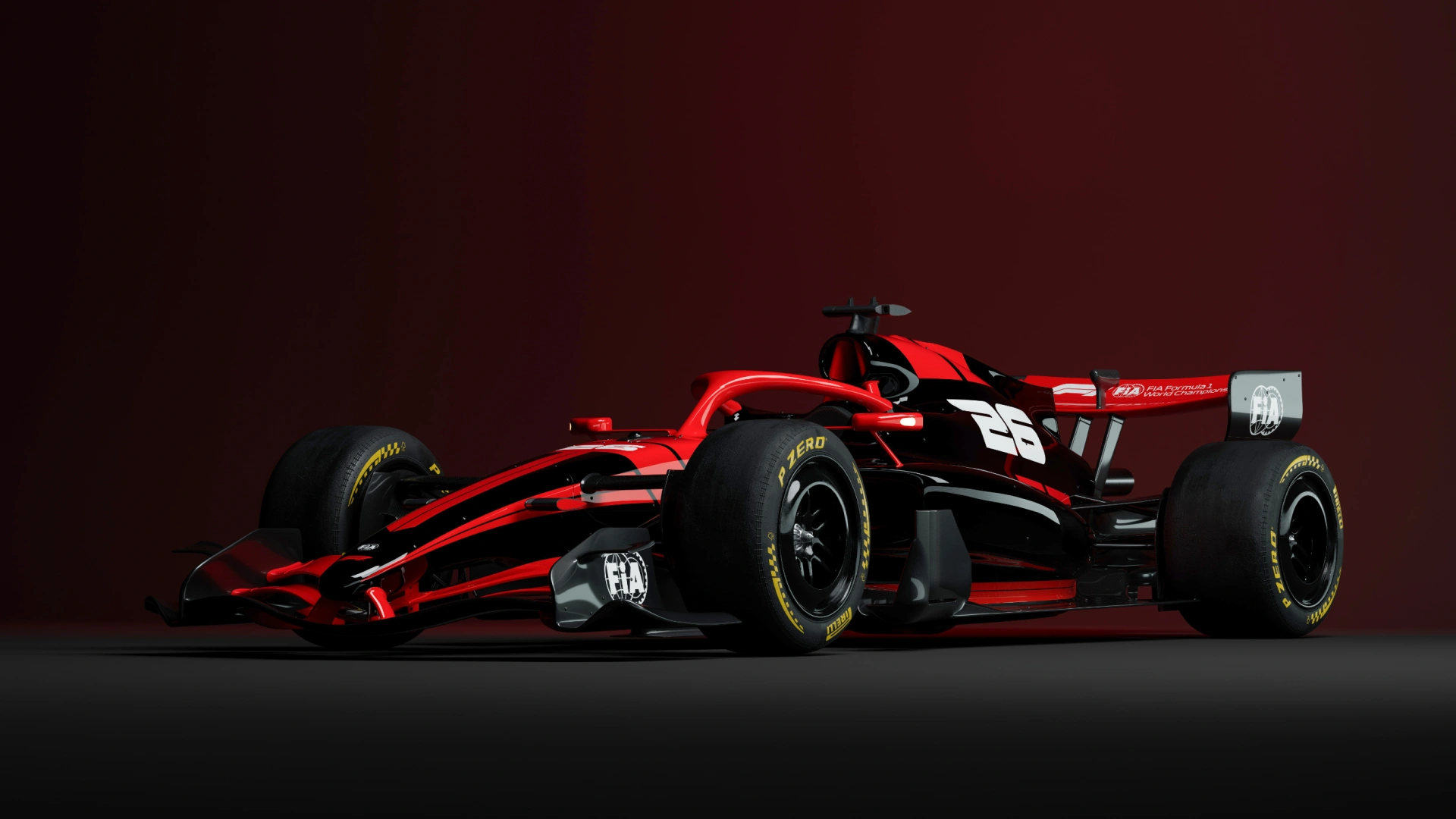
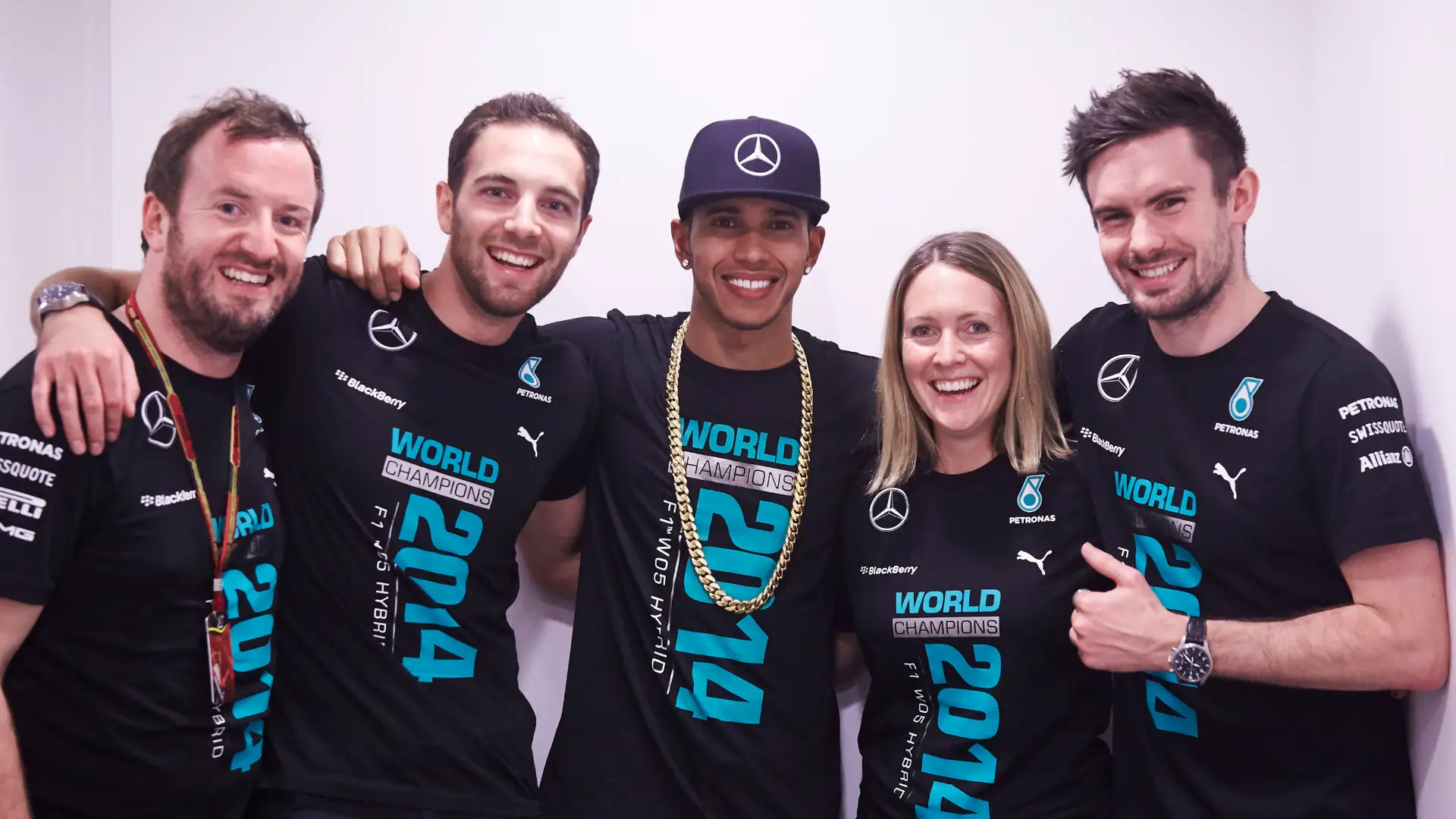
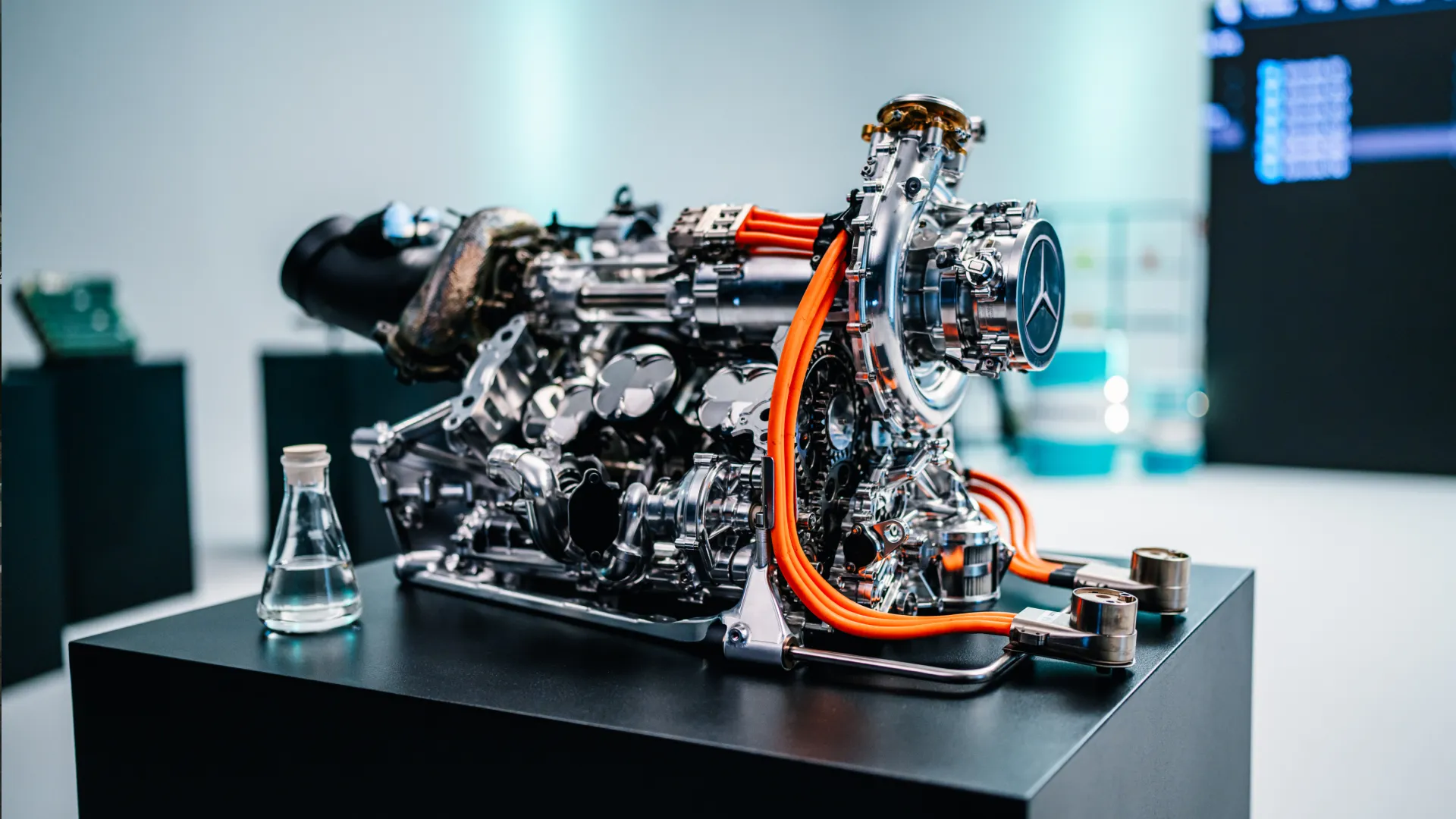
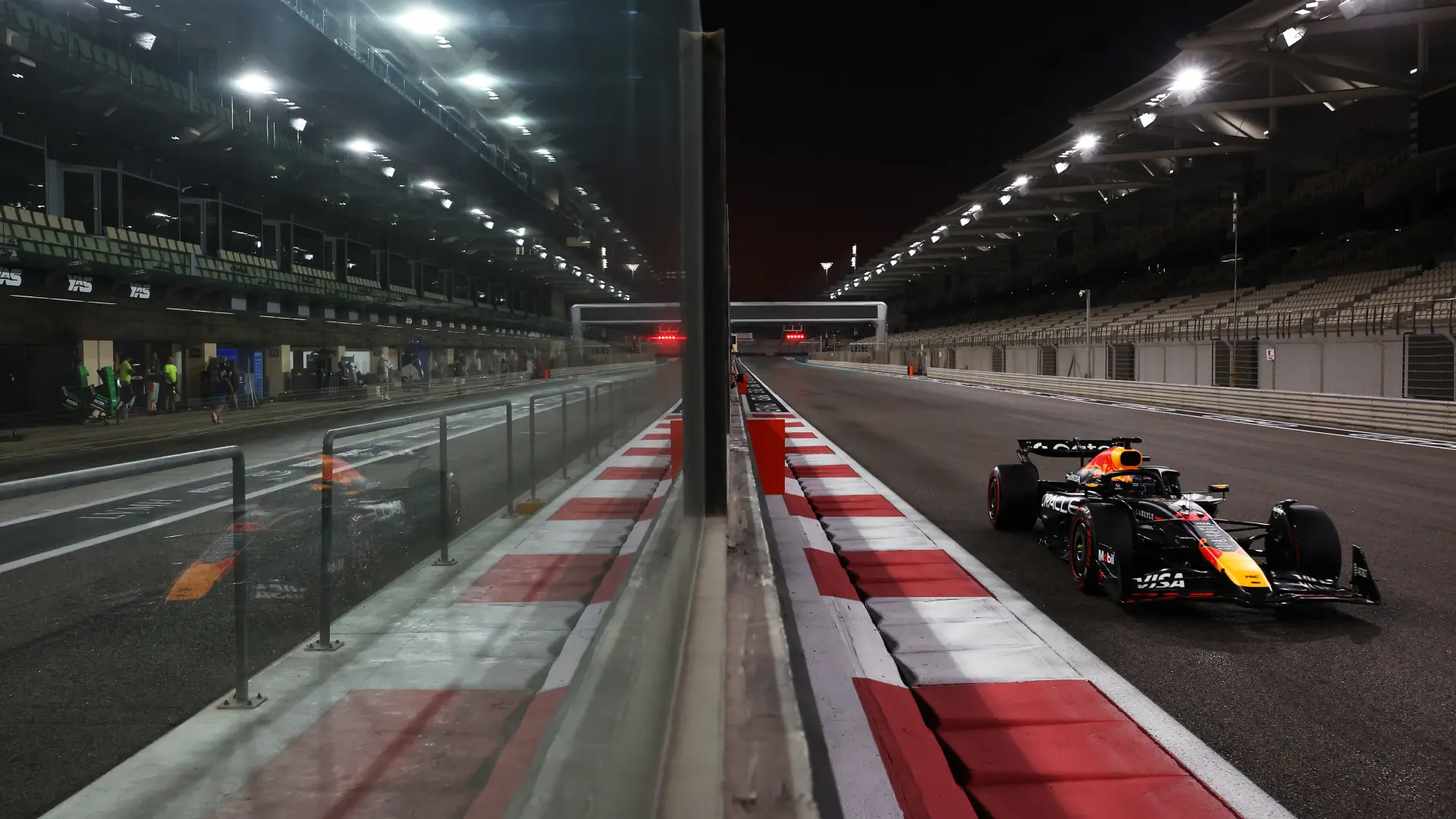
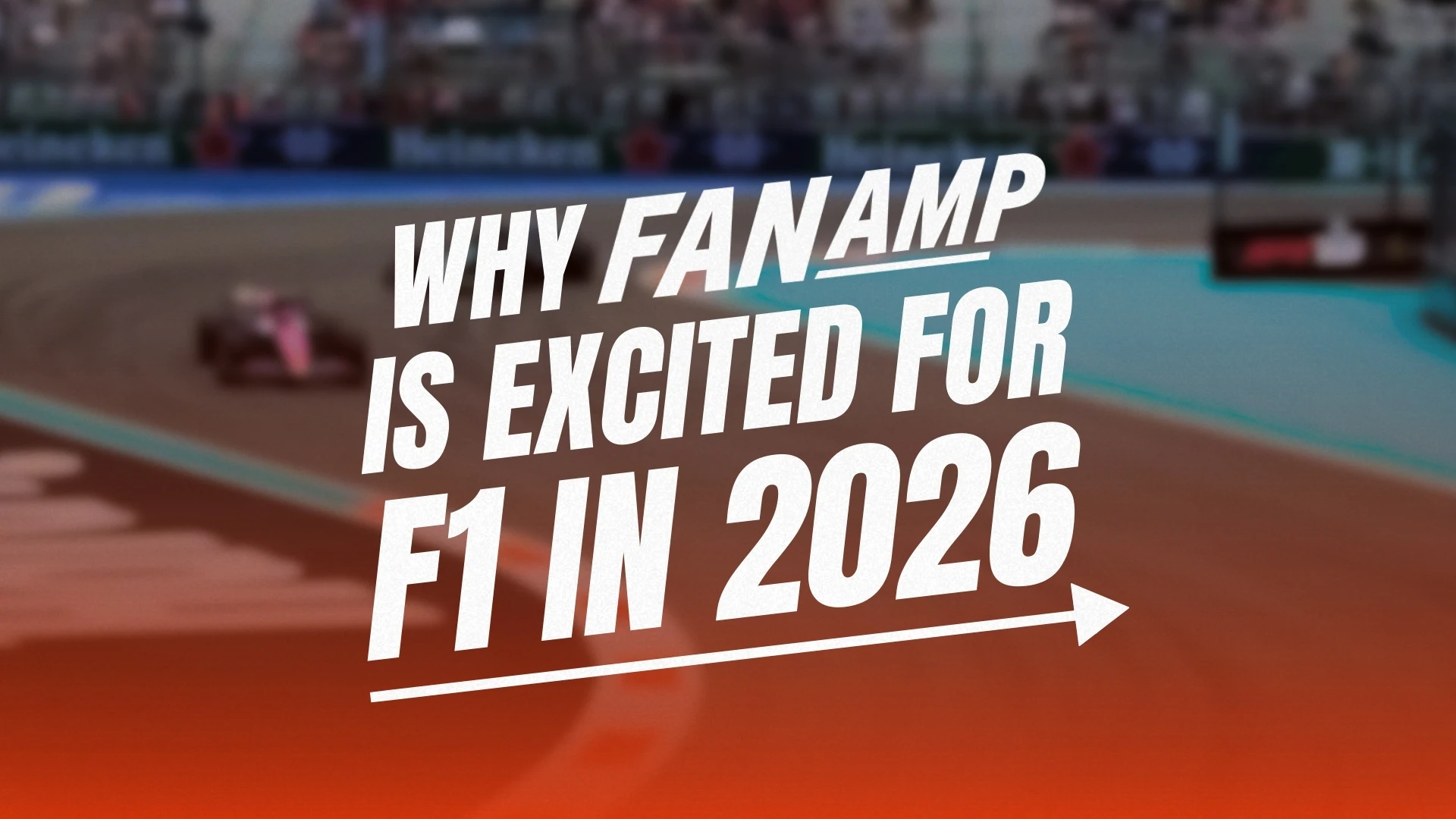
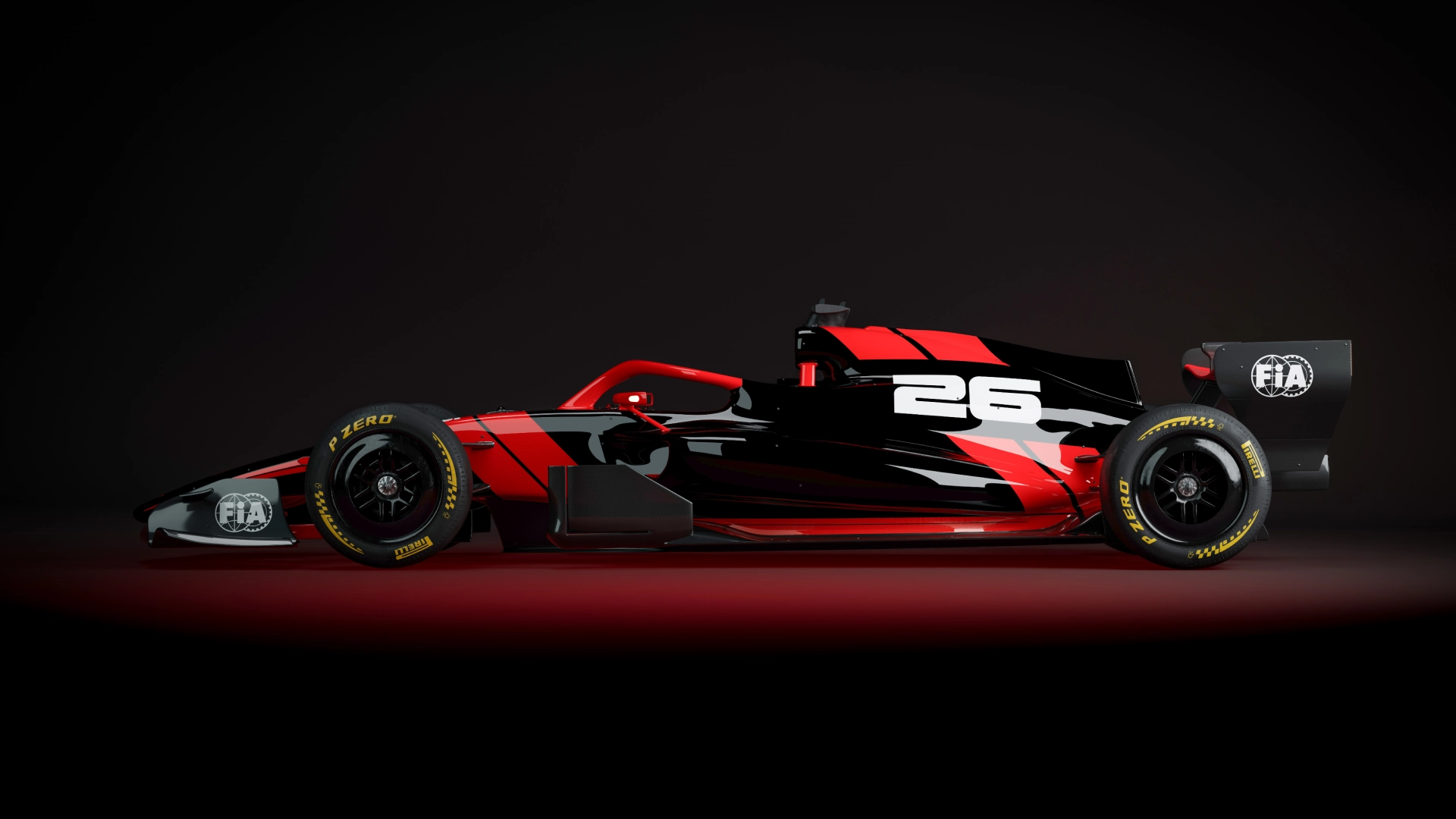
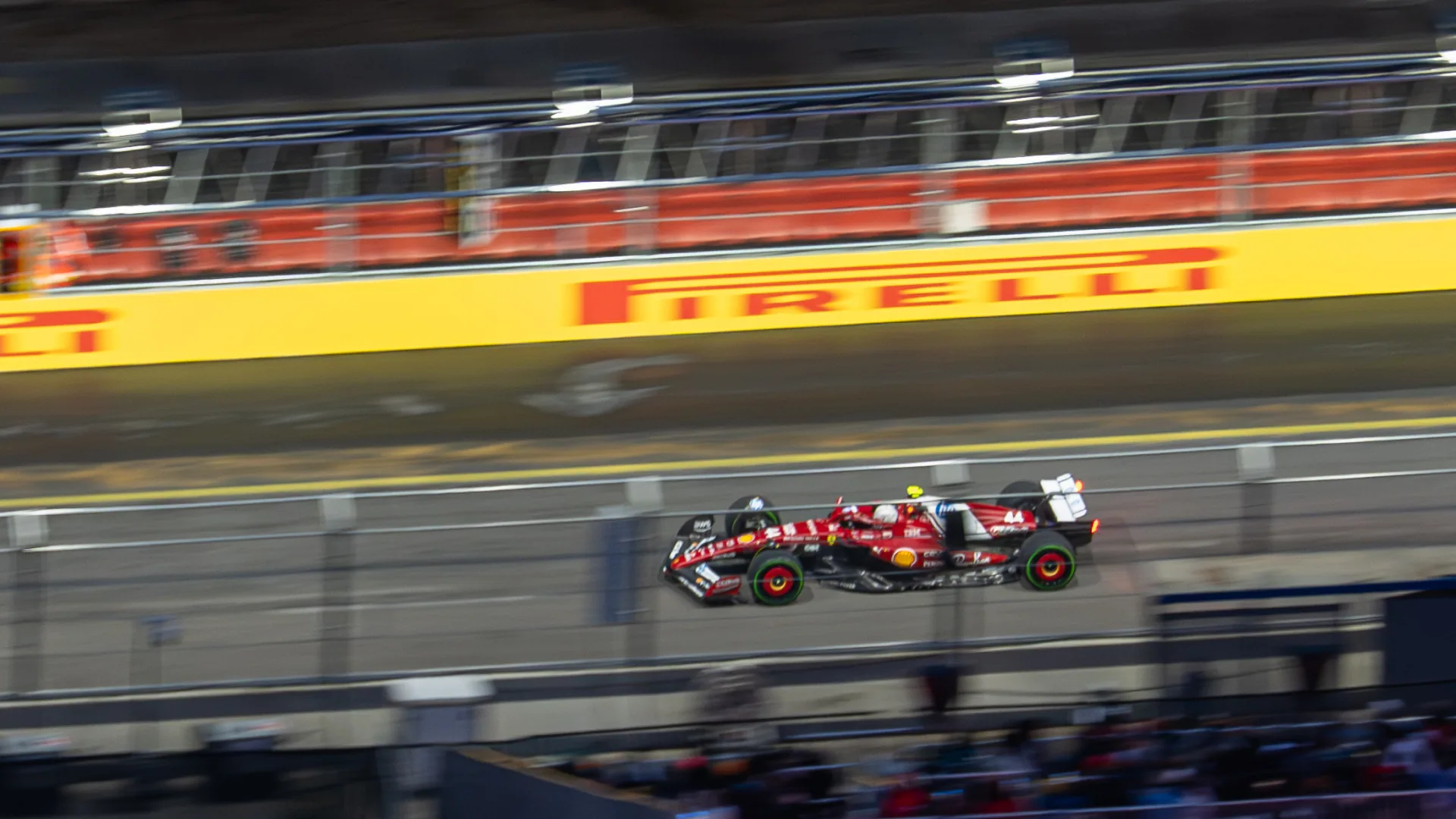
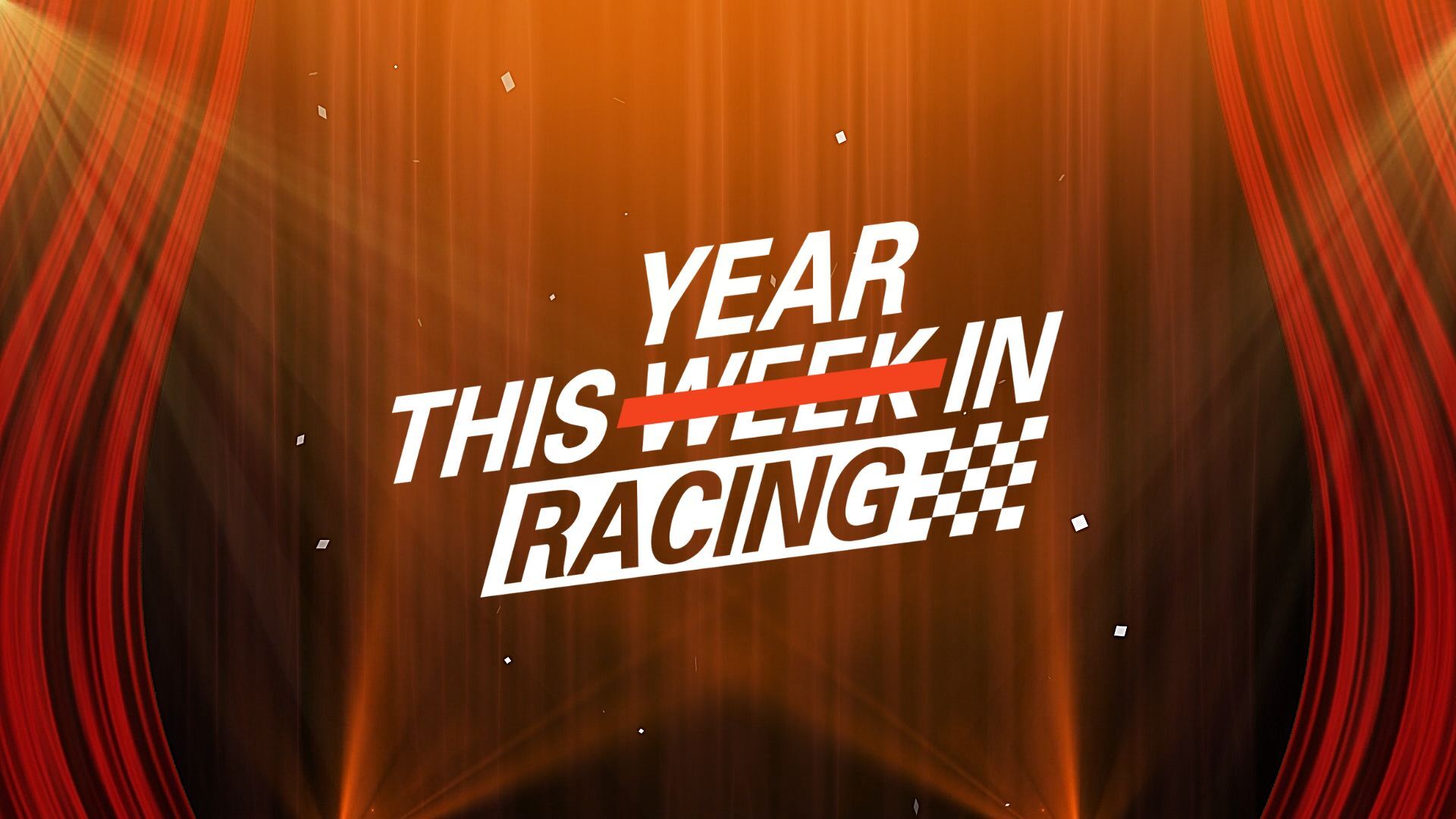
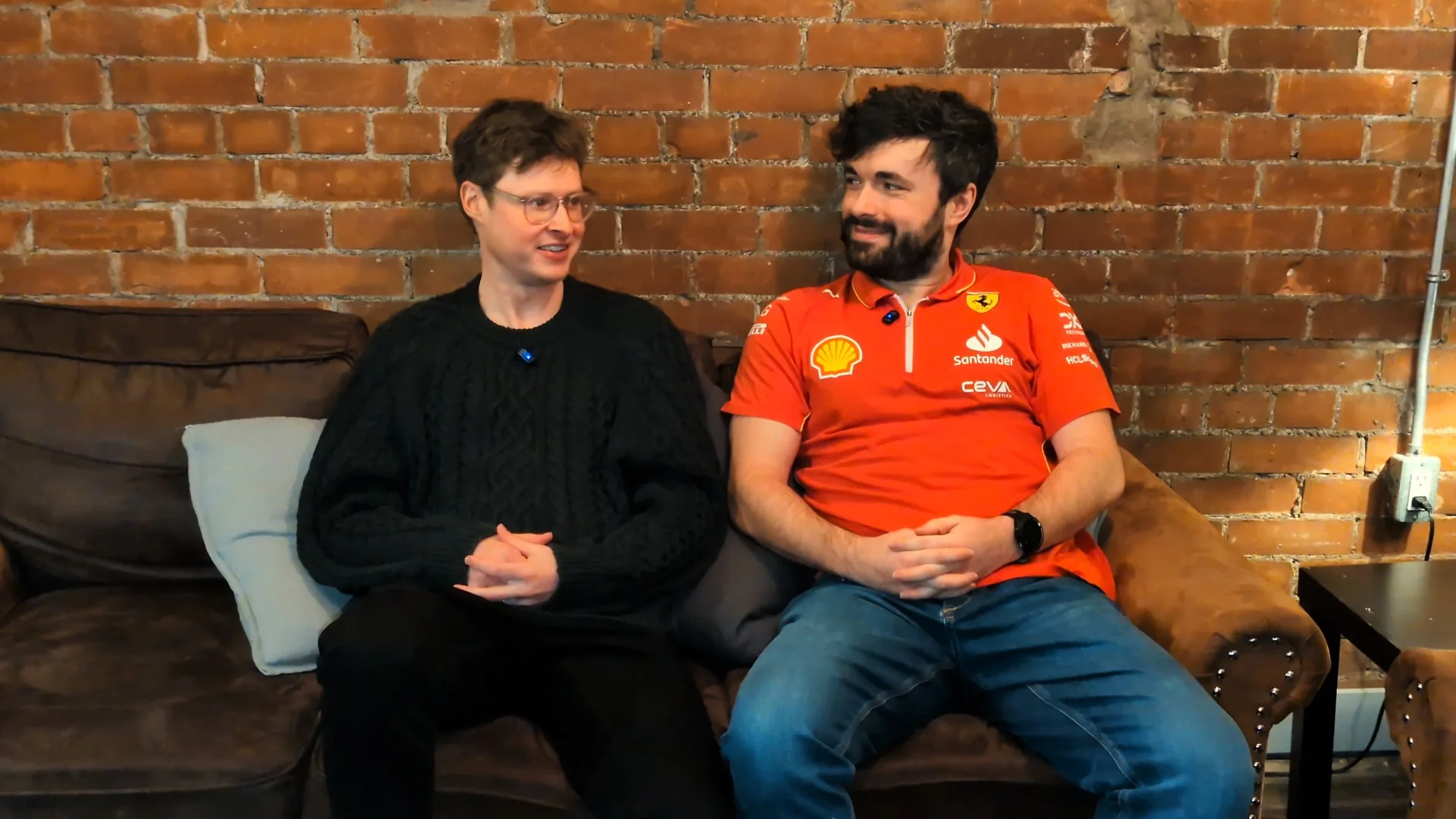
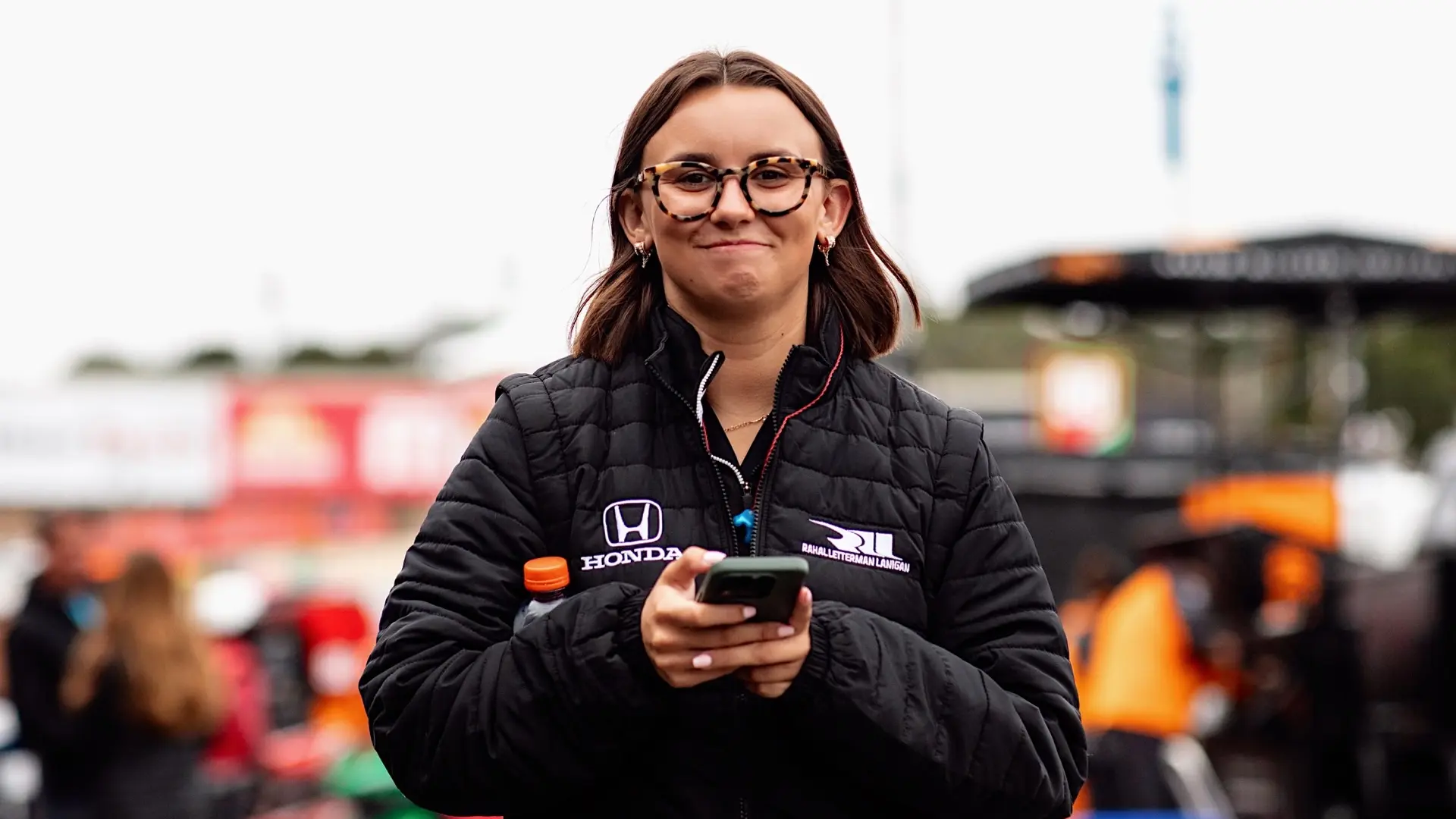
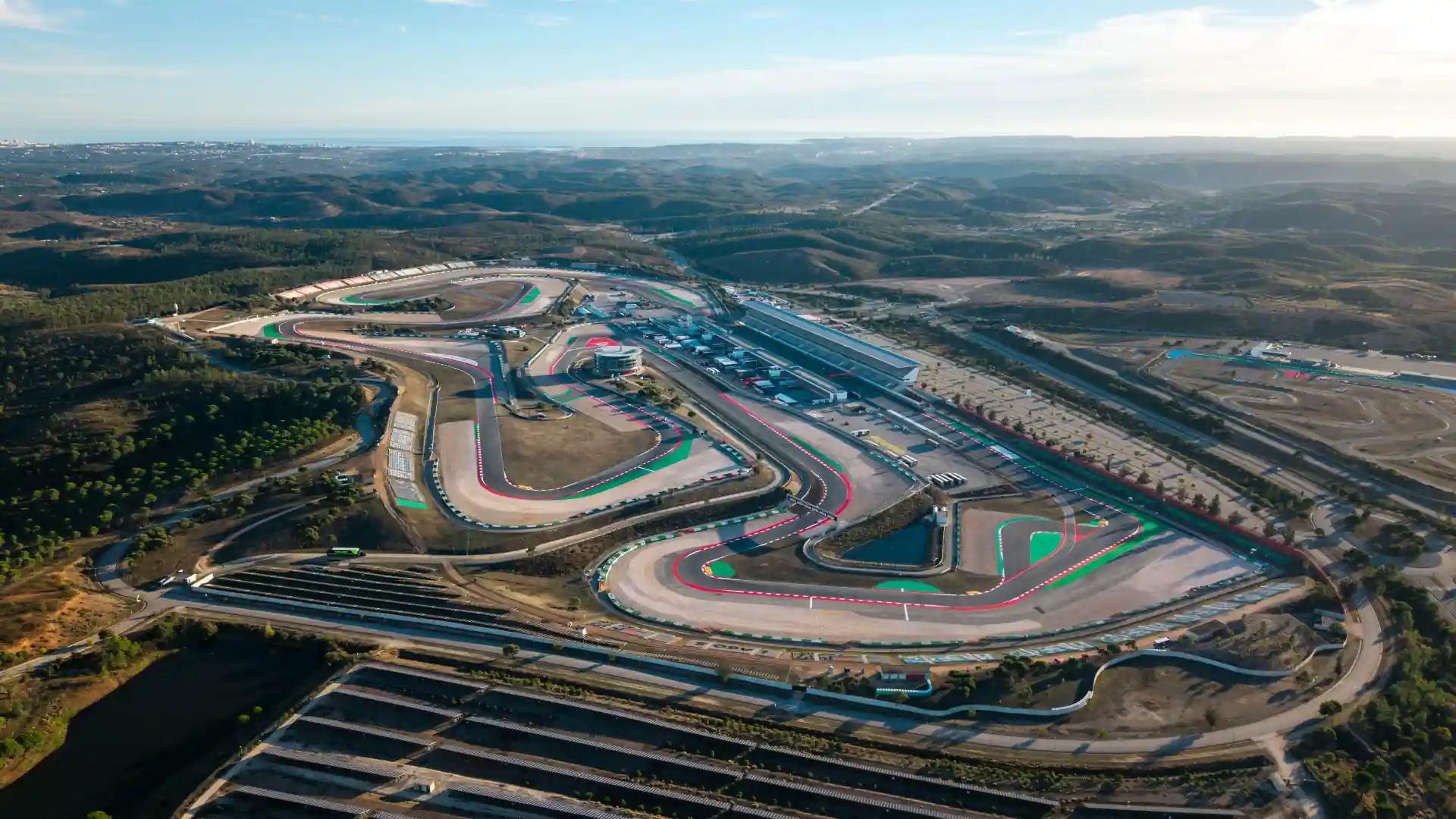
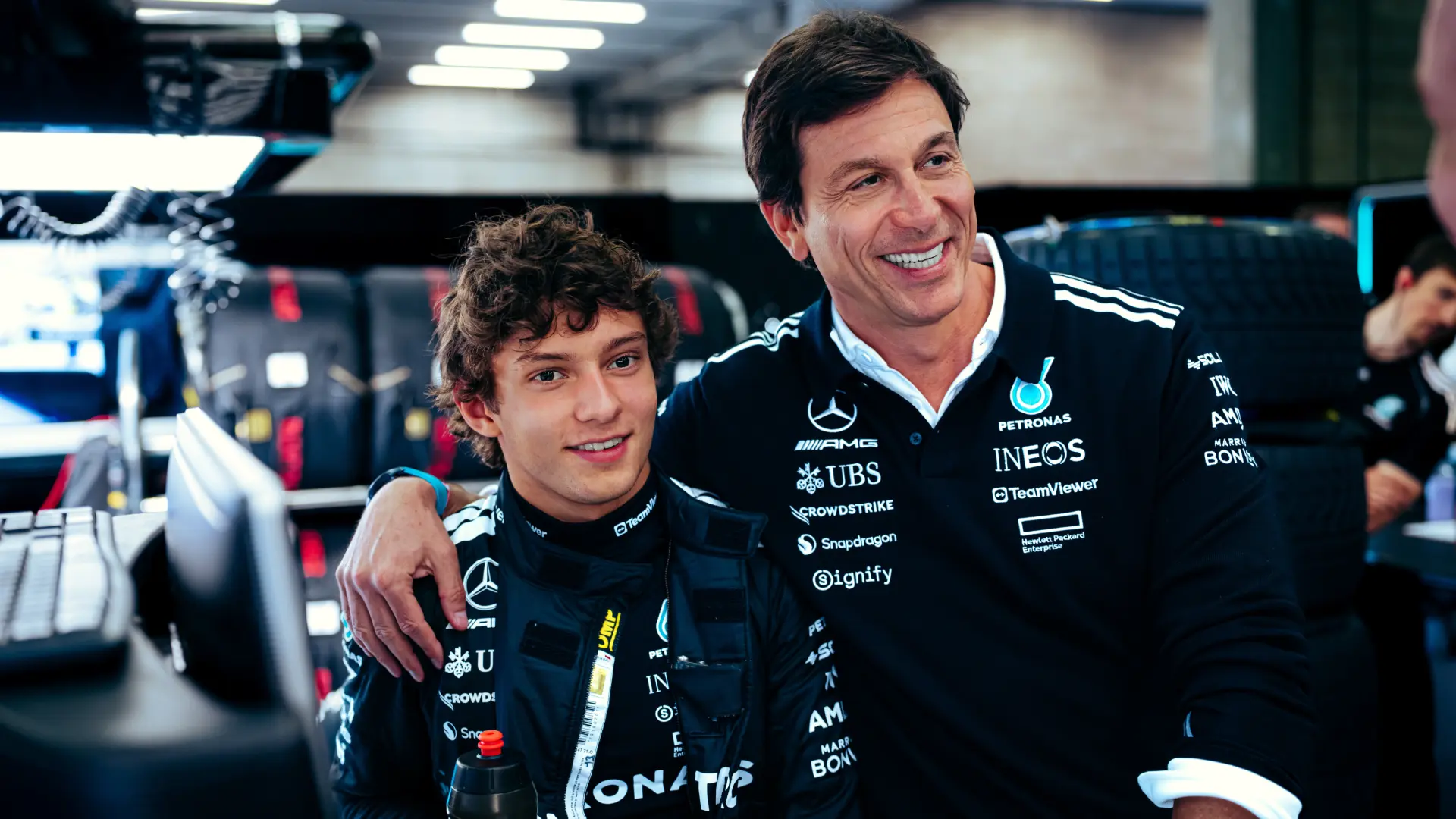
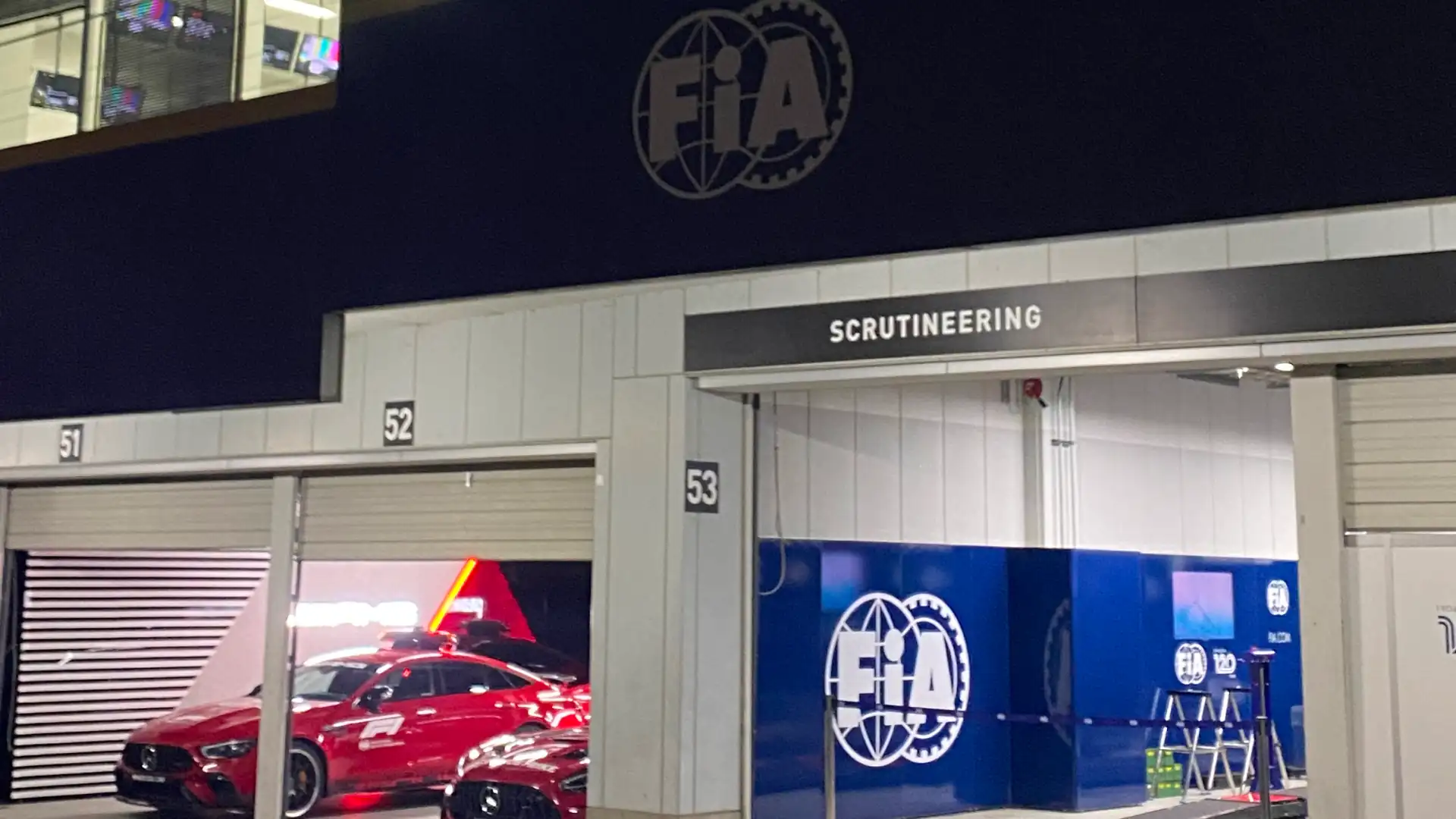
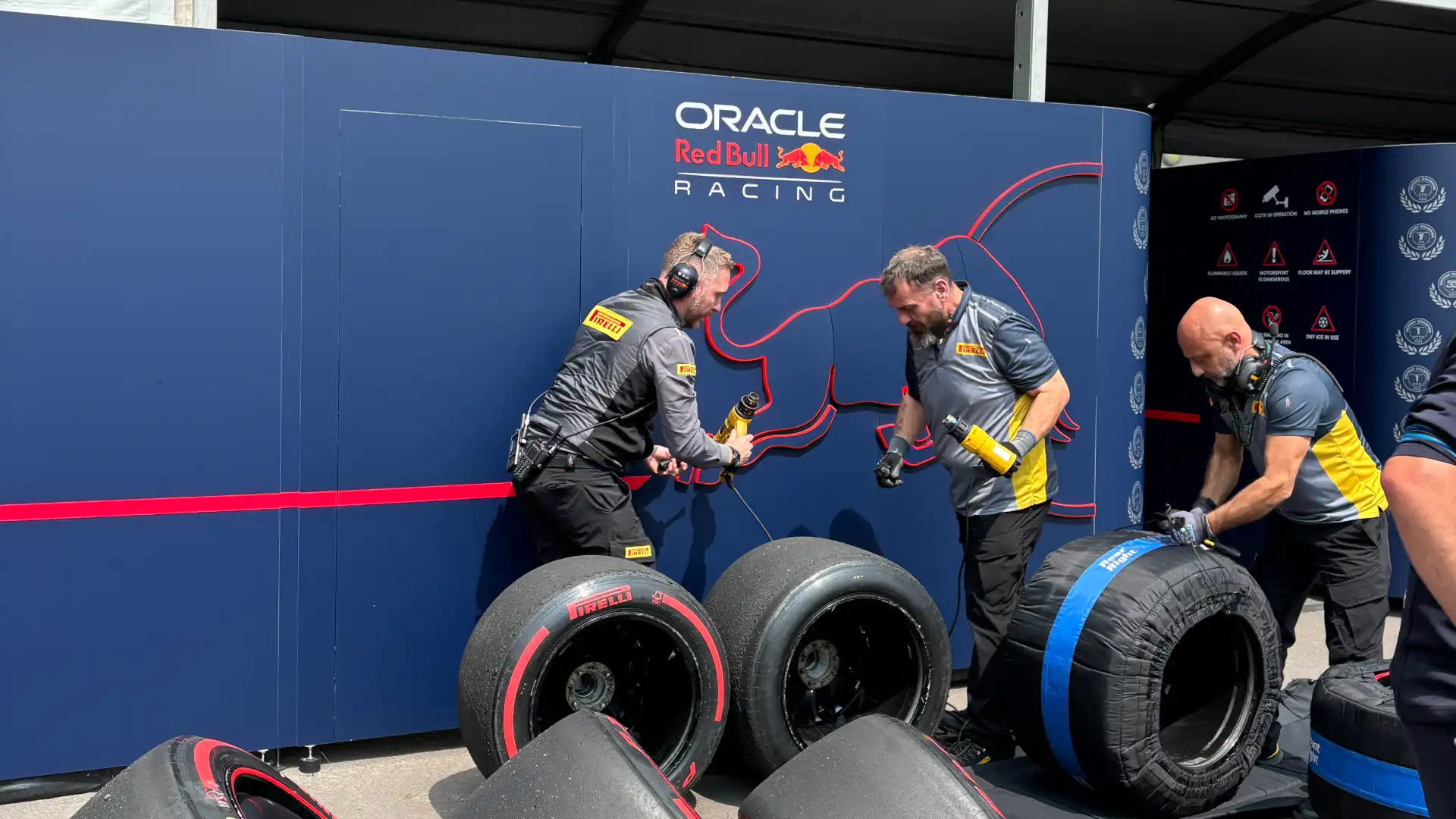
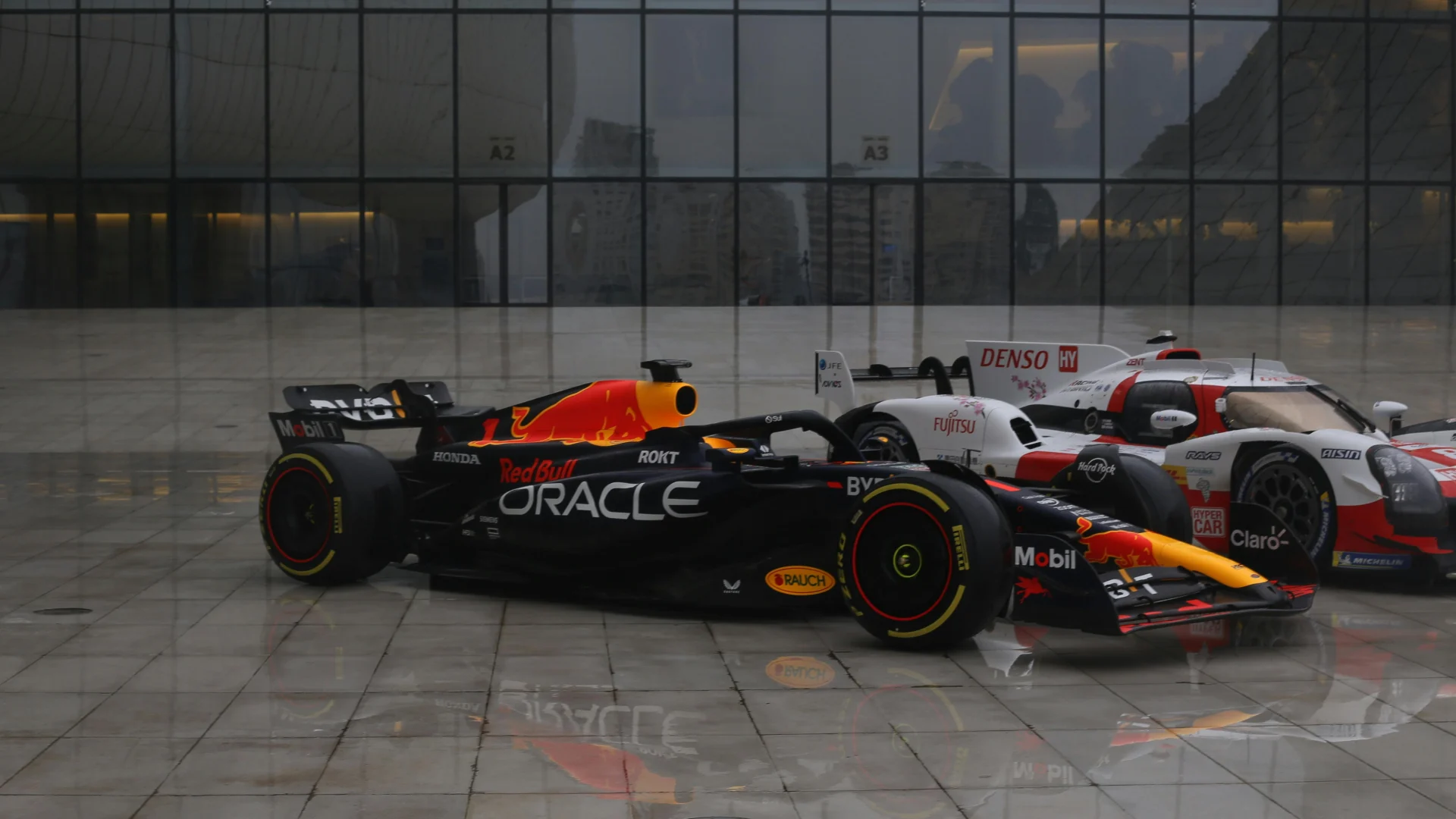

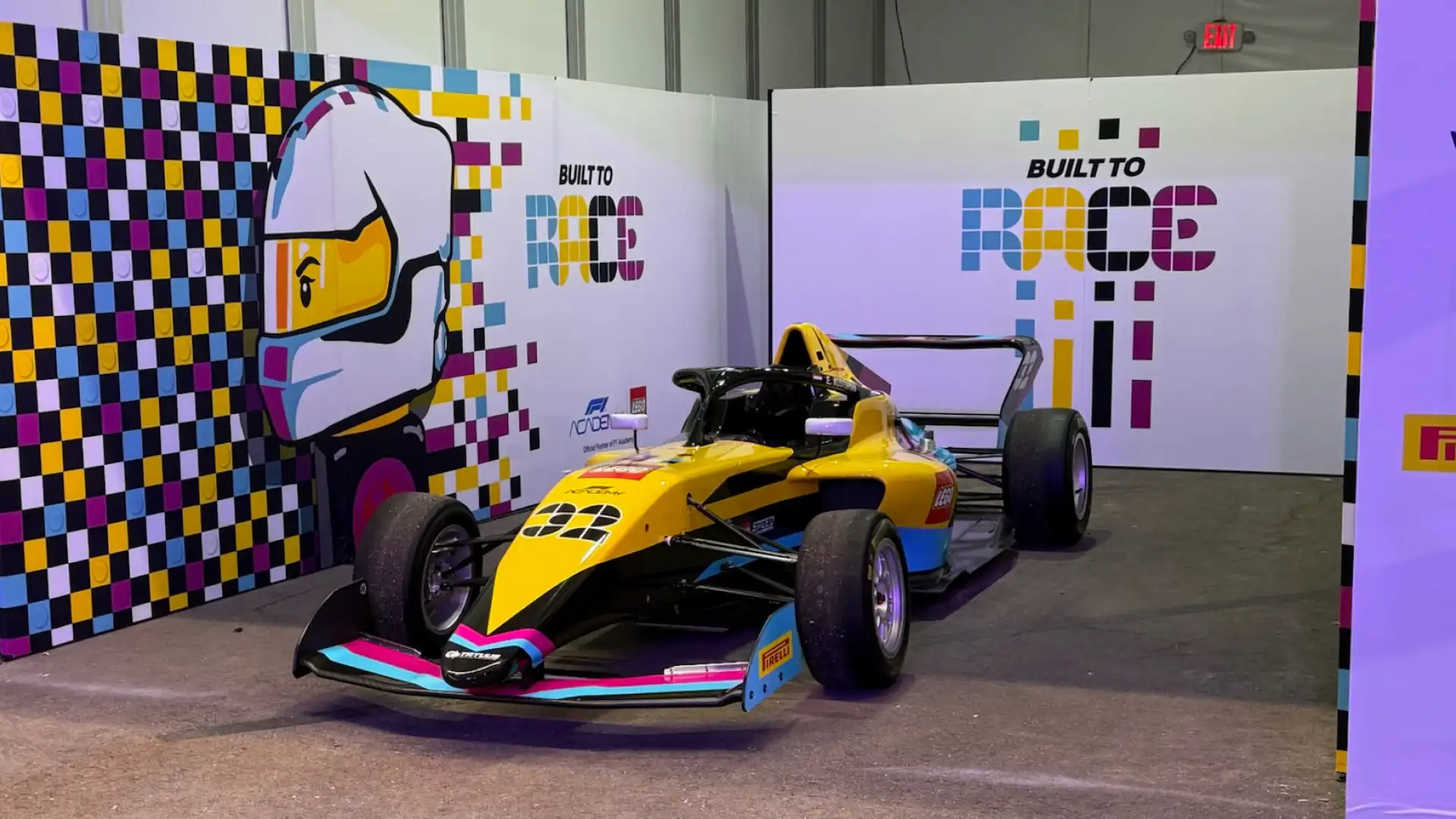
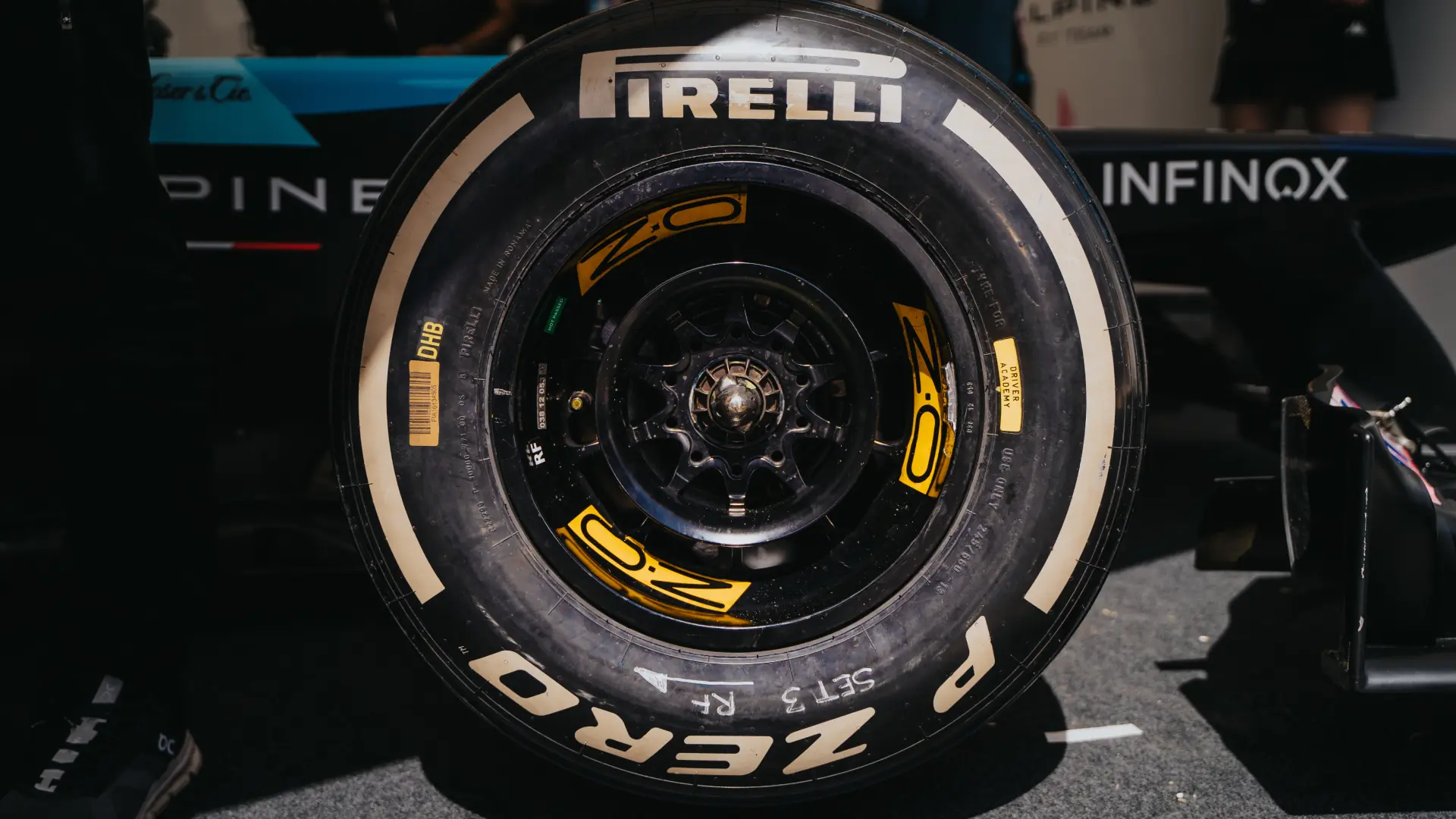
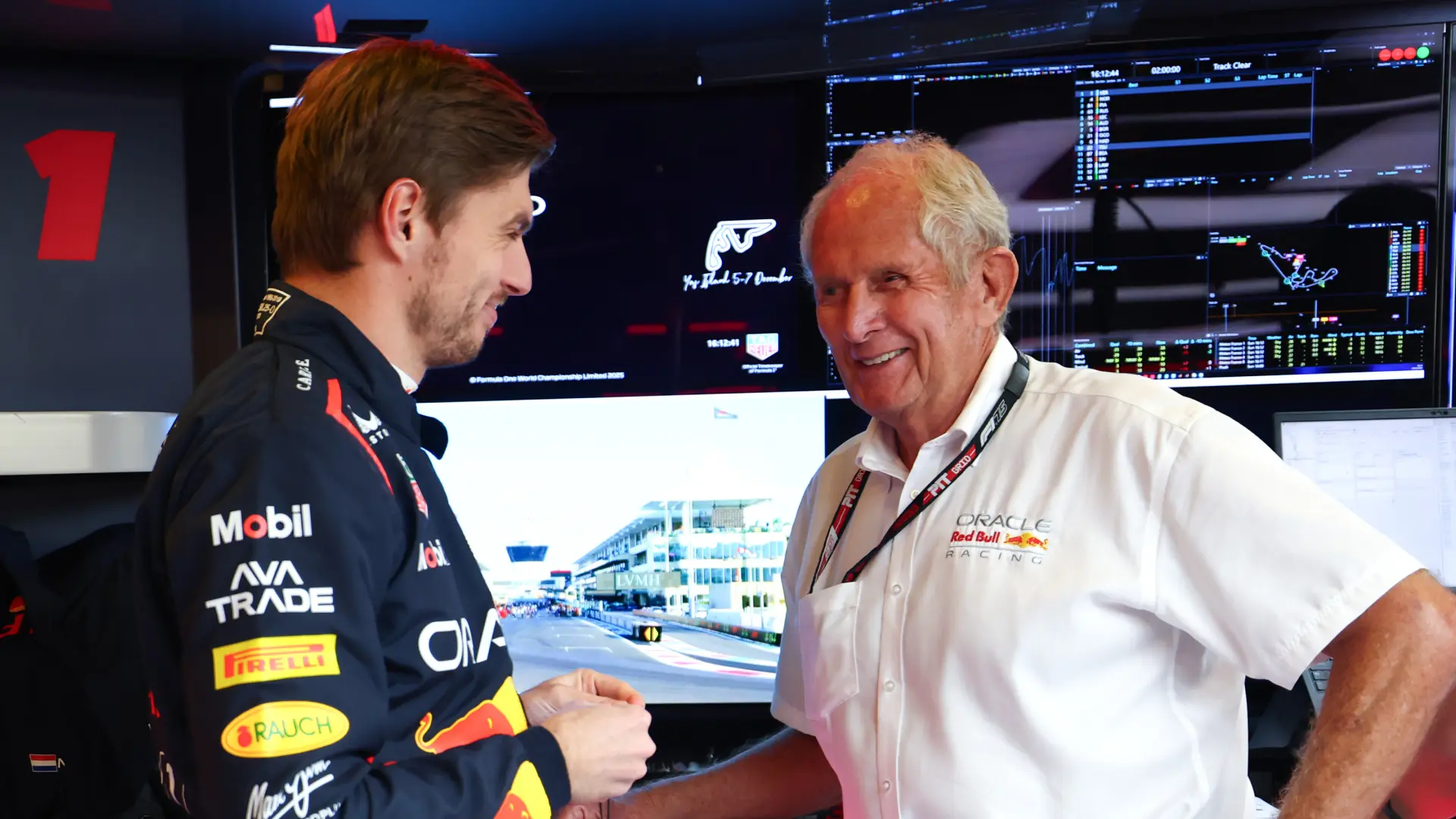

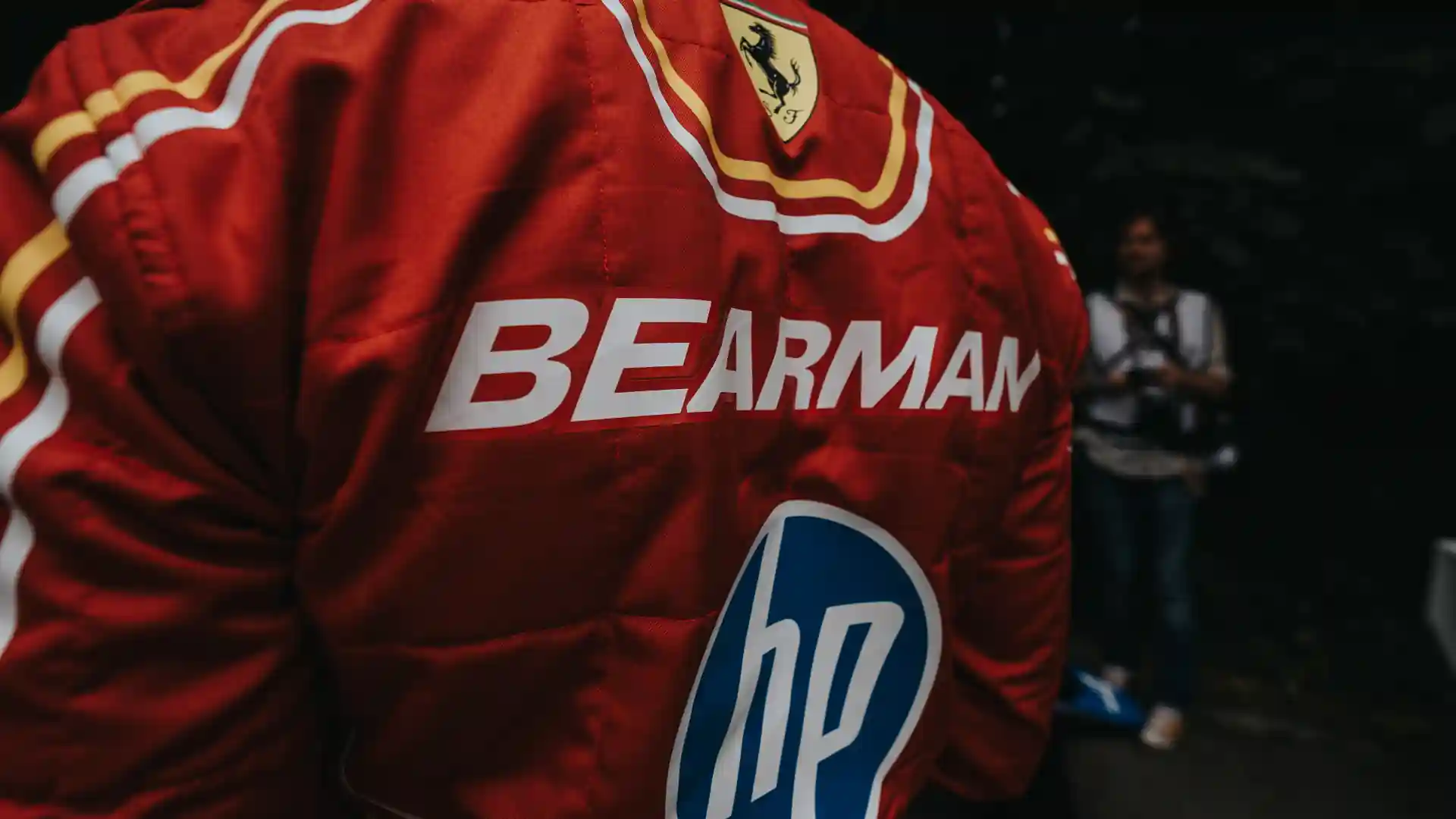
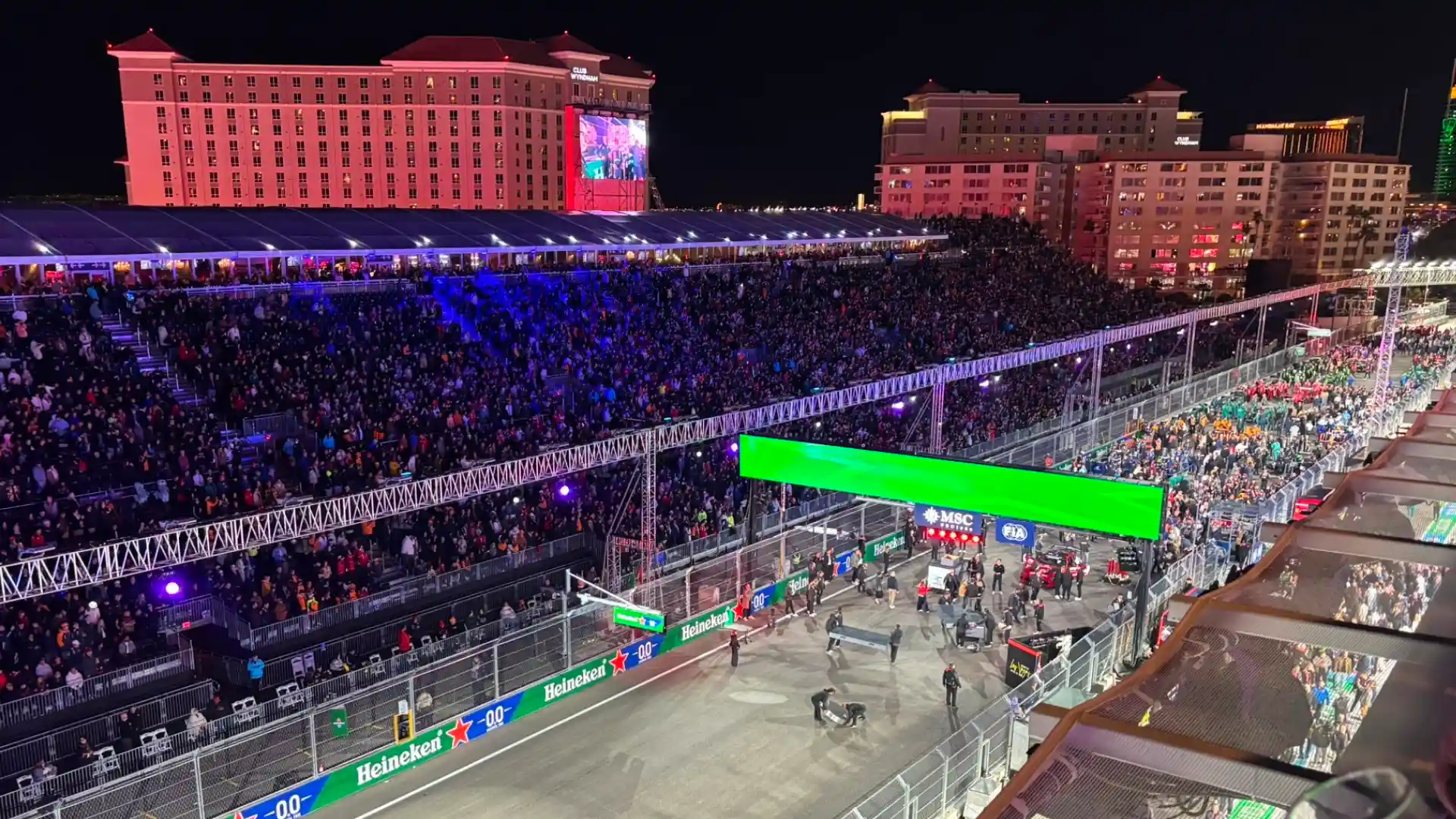
.webp)
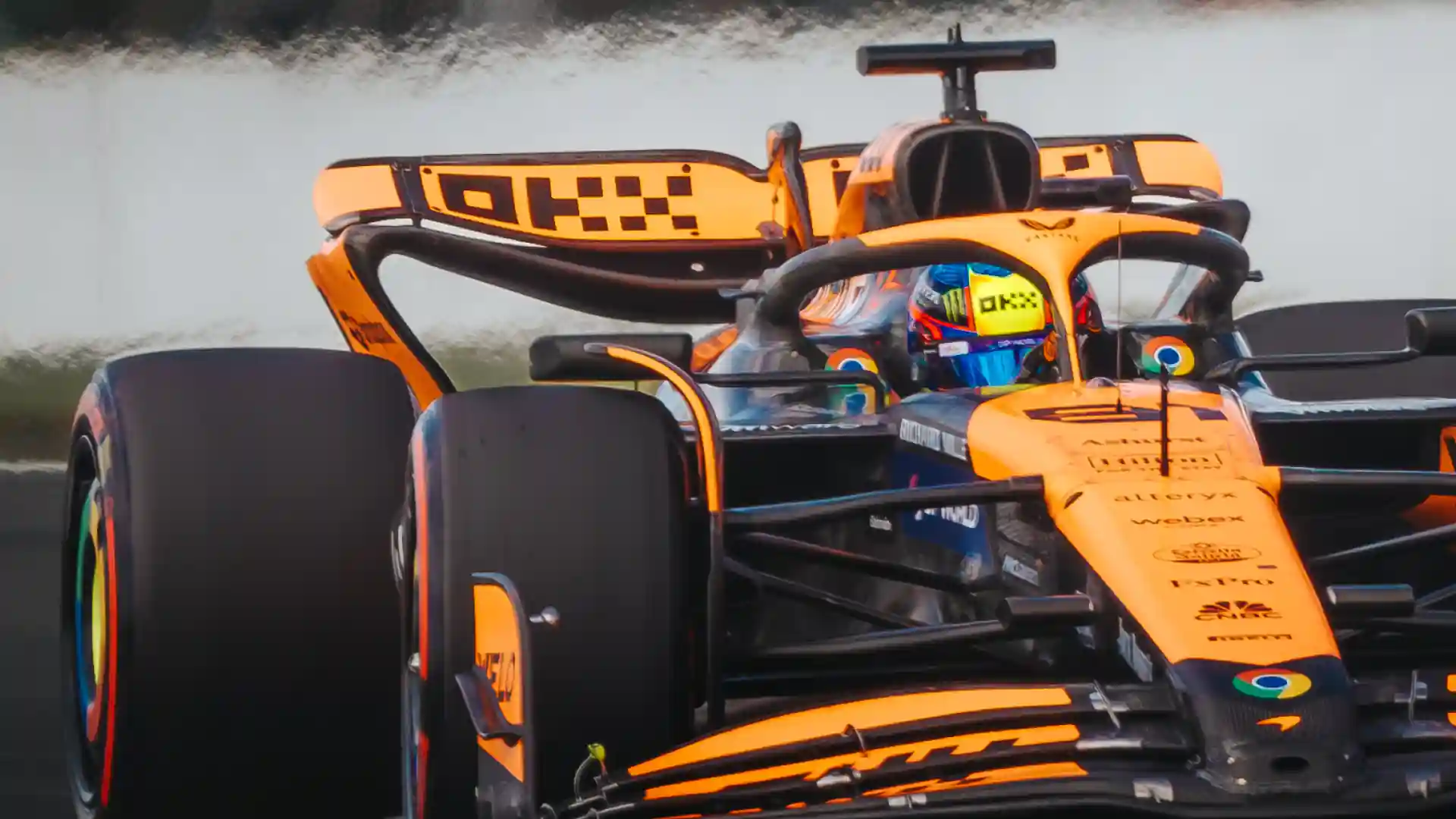

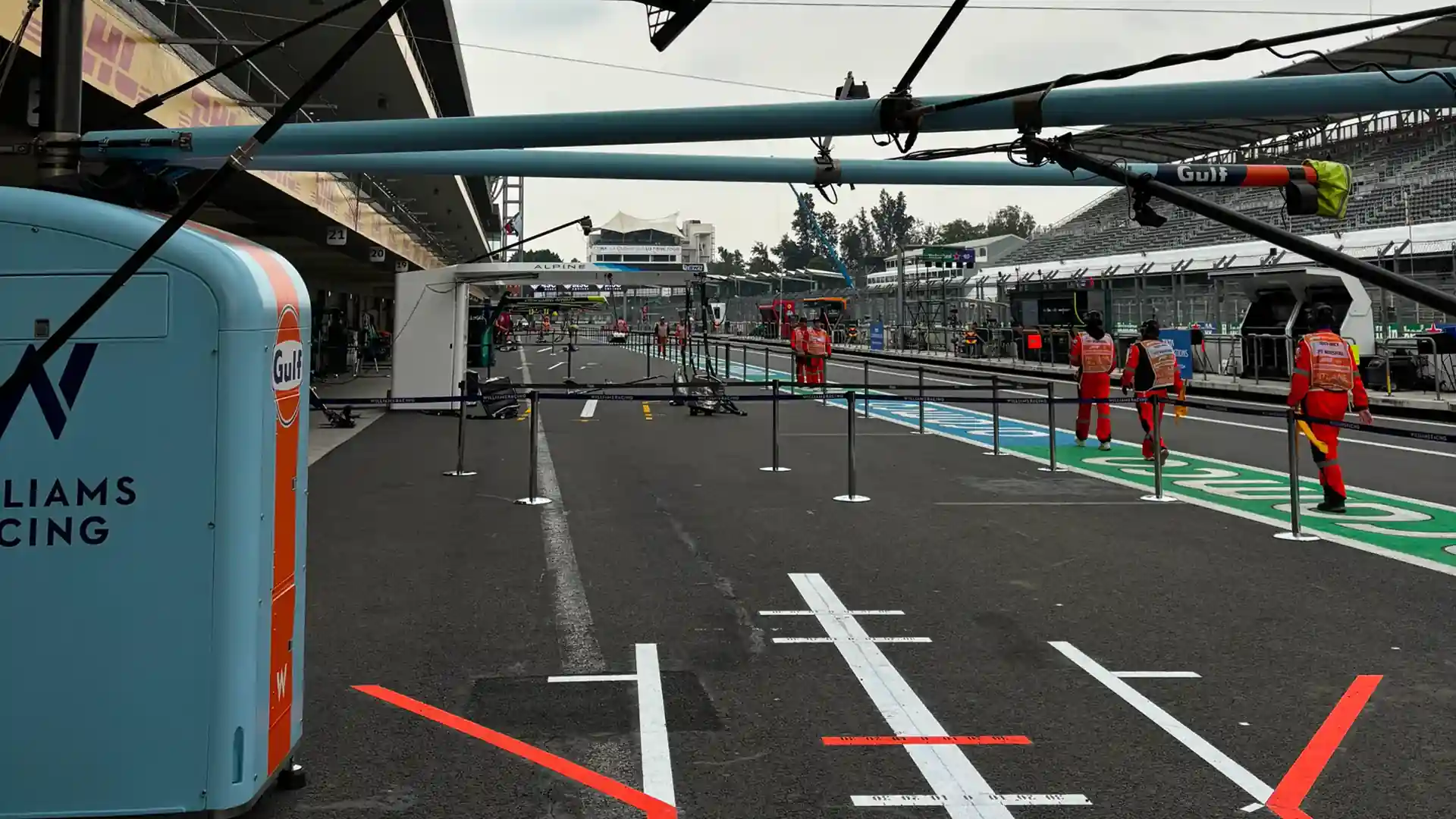
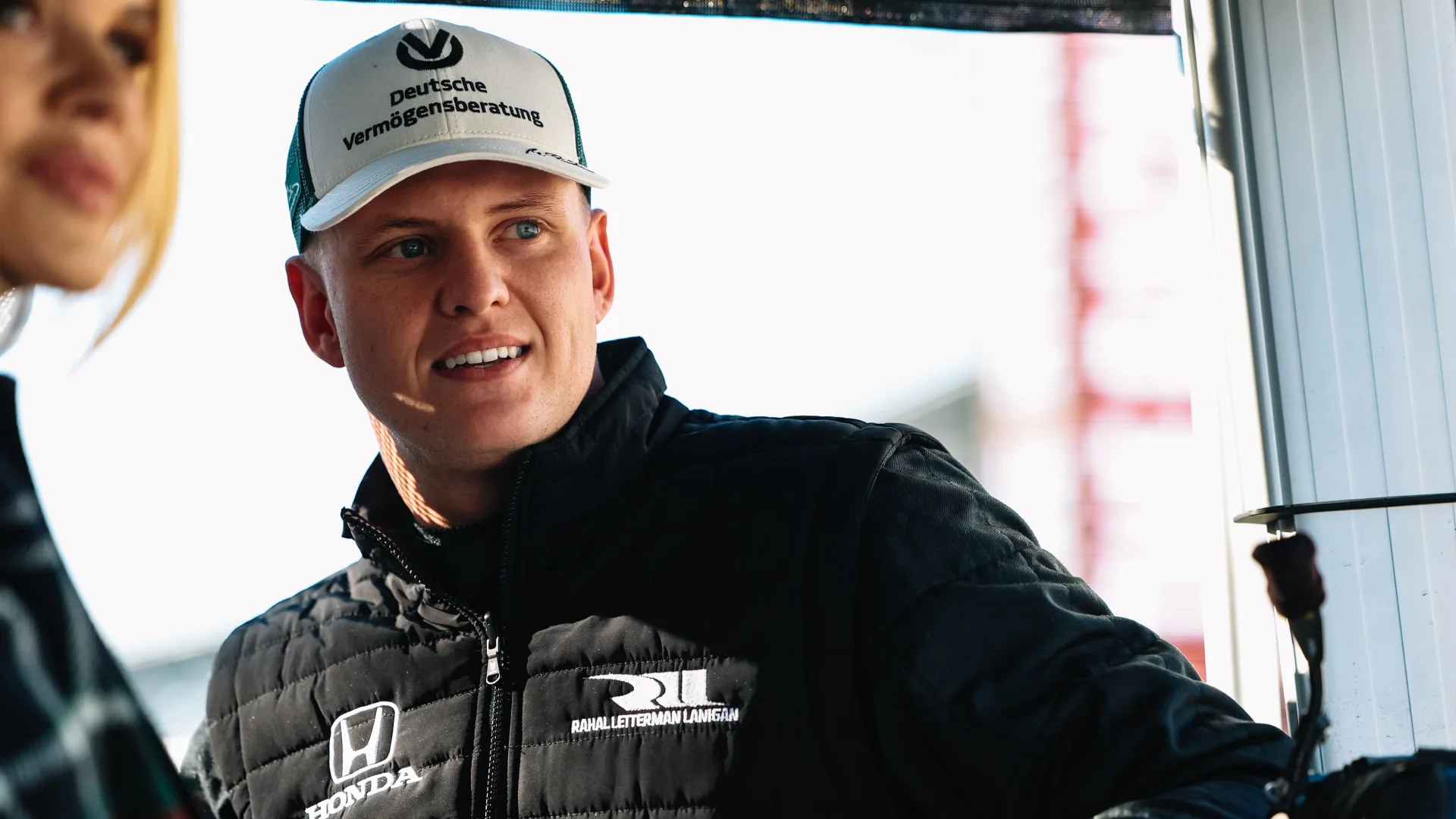
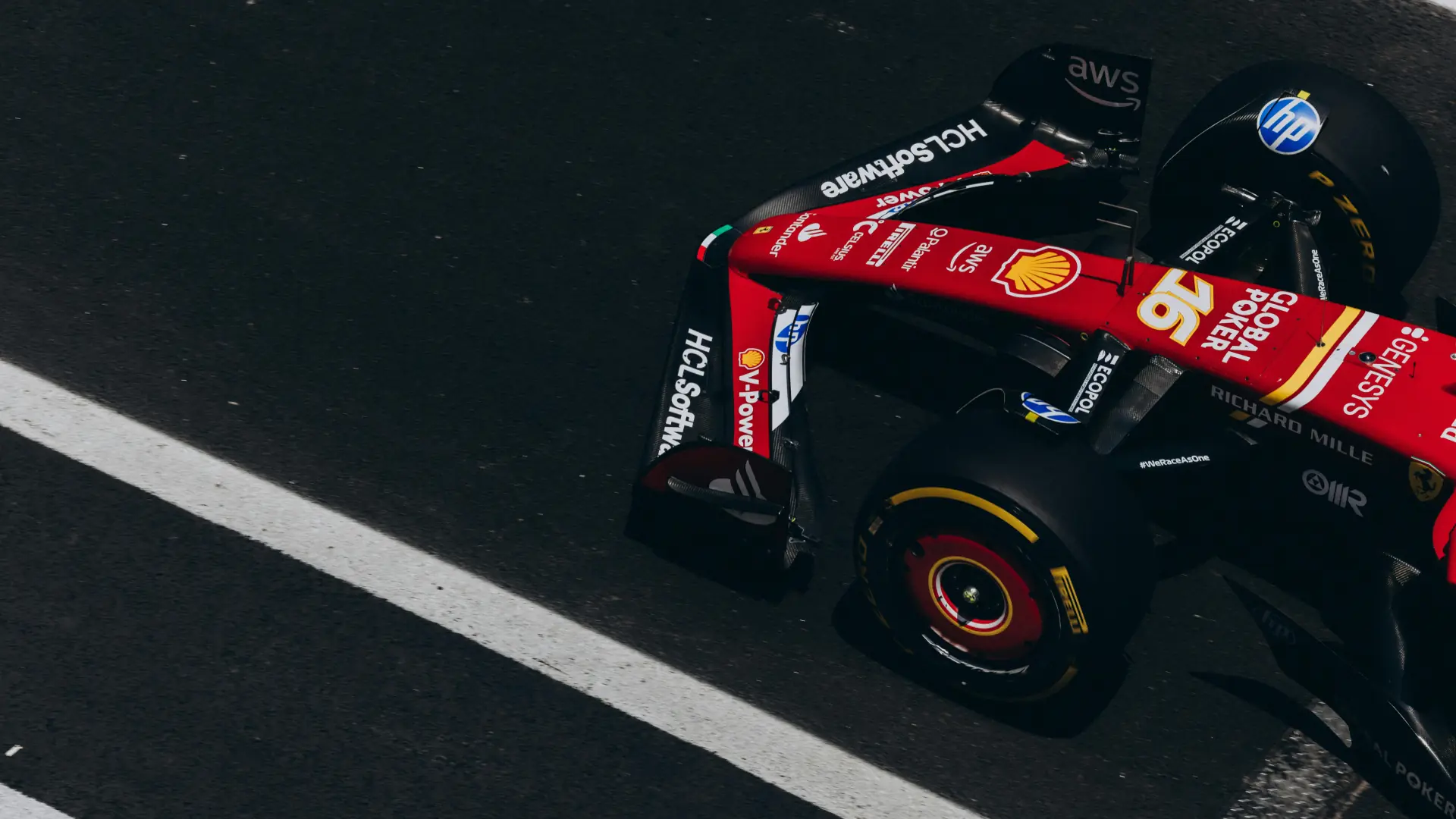


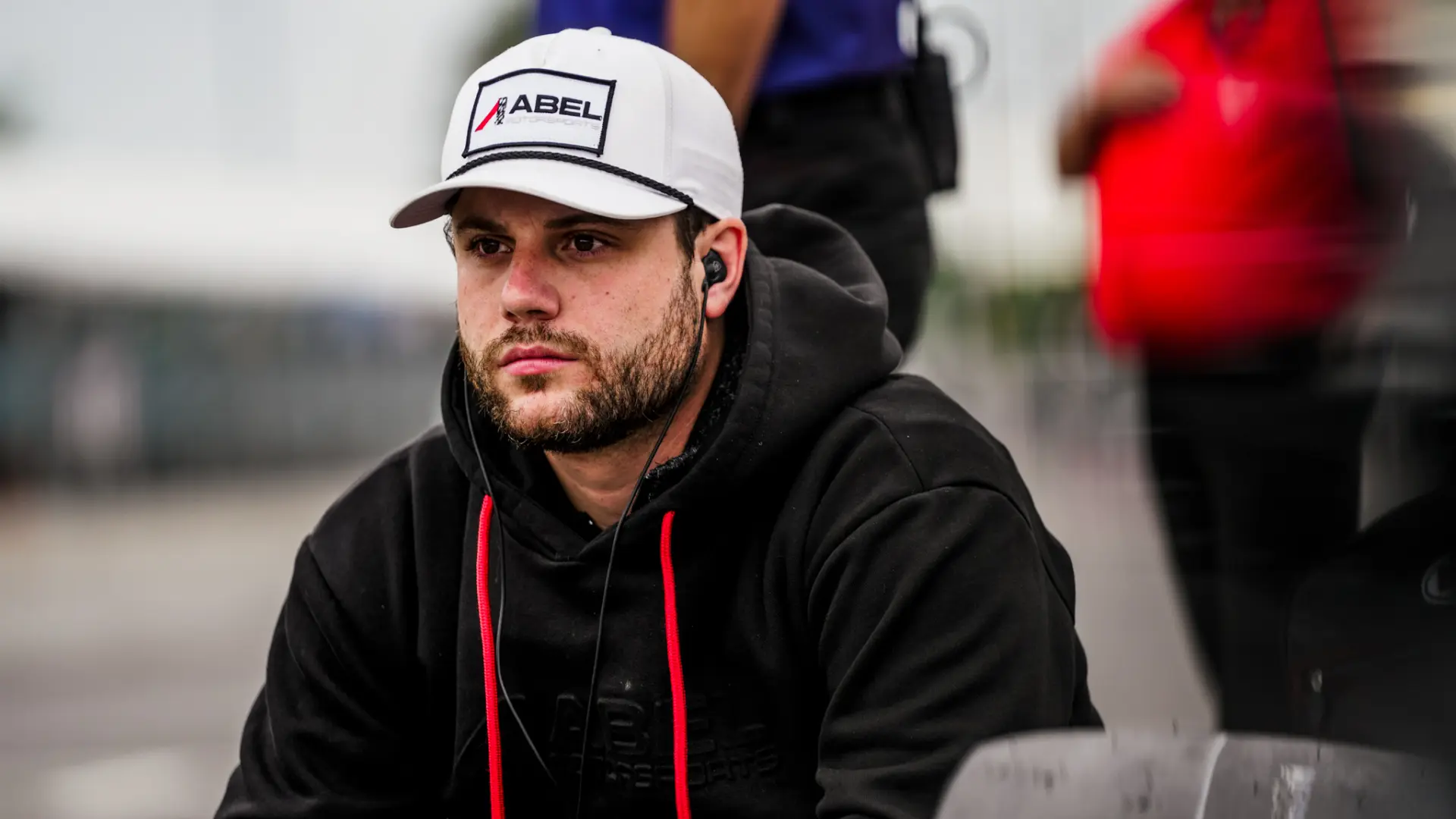

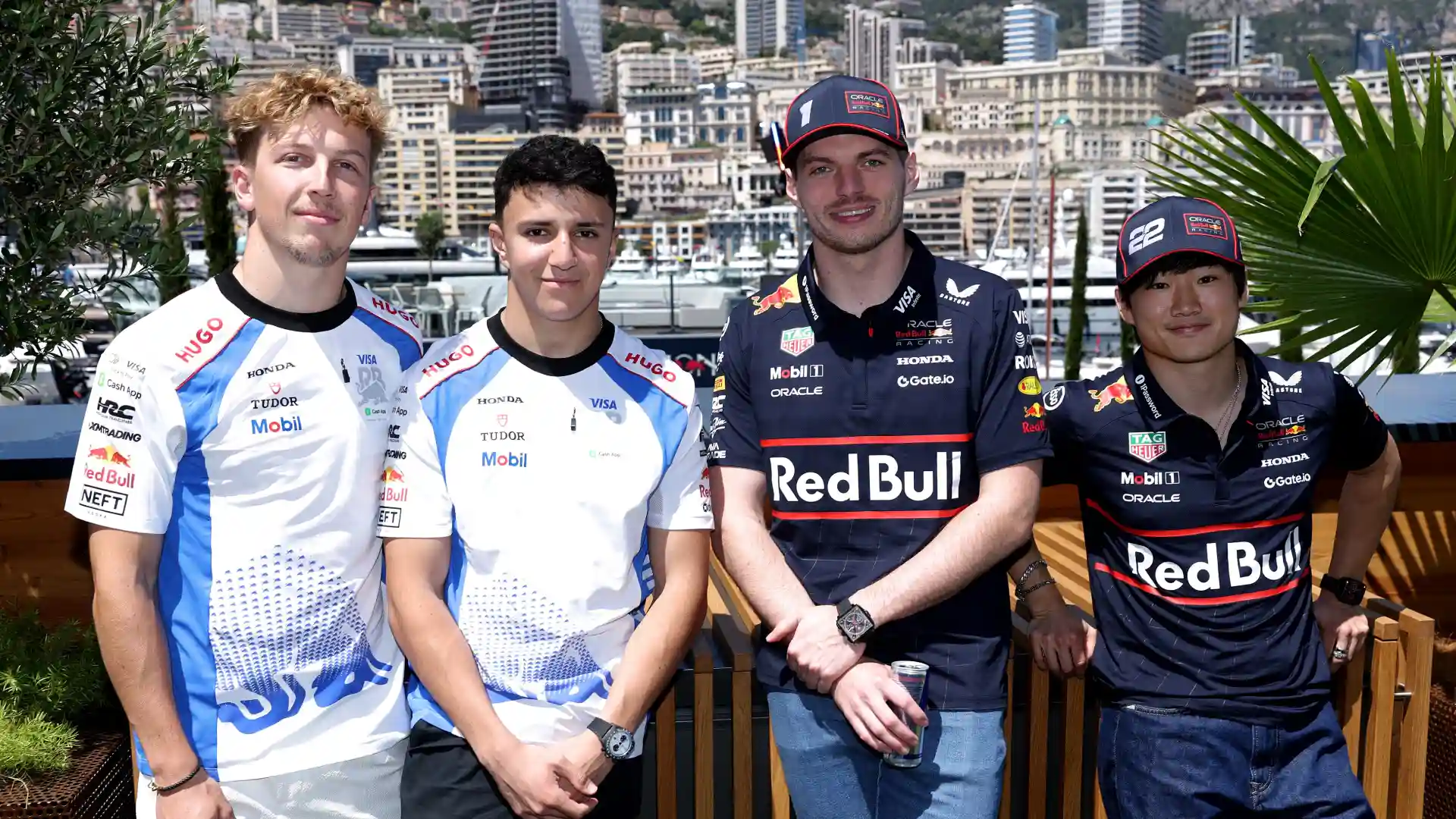
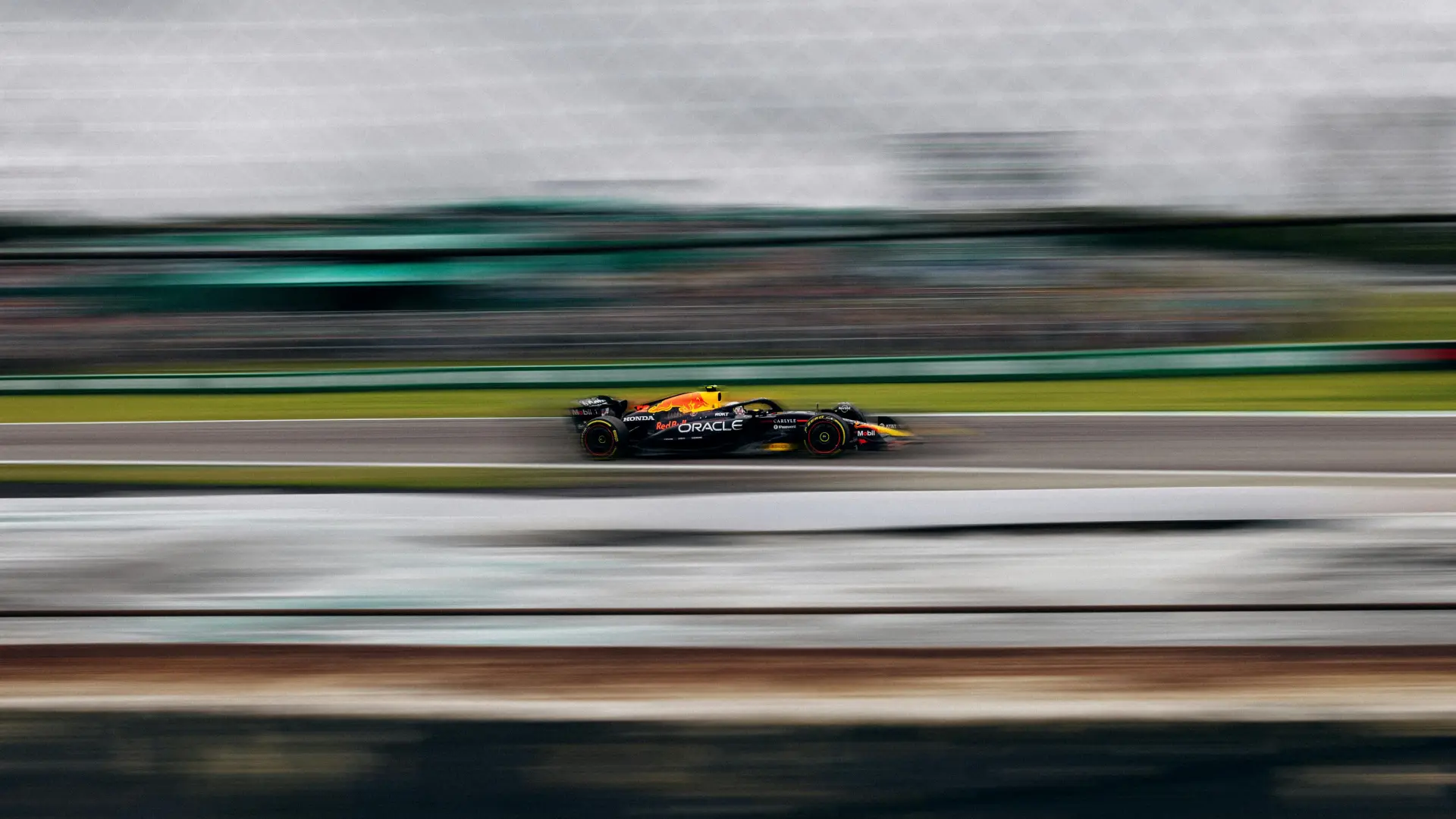
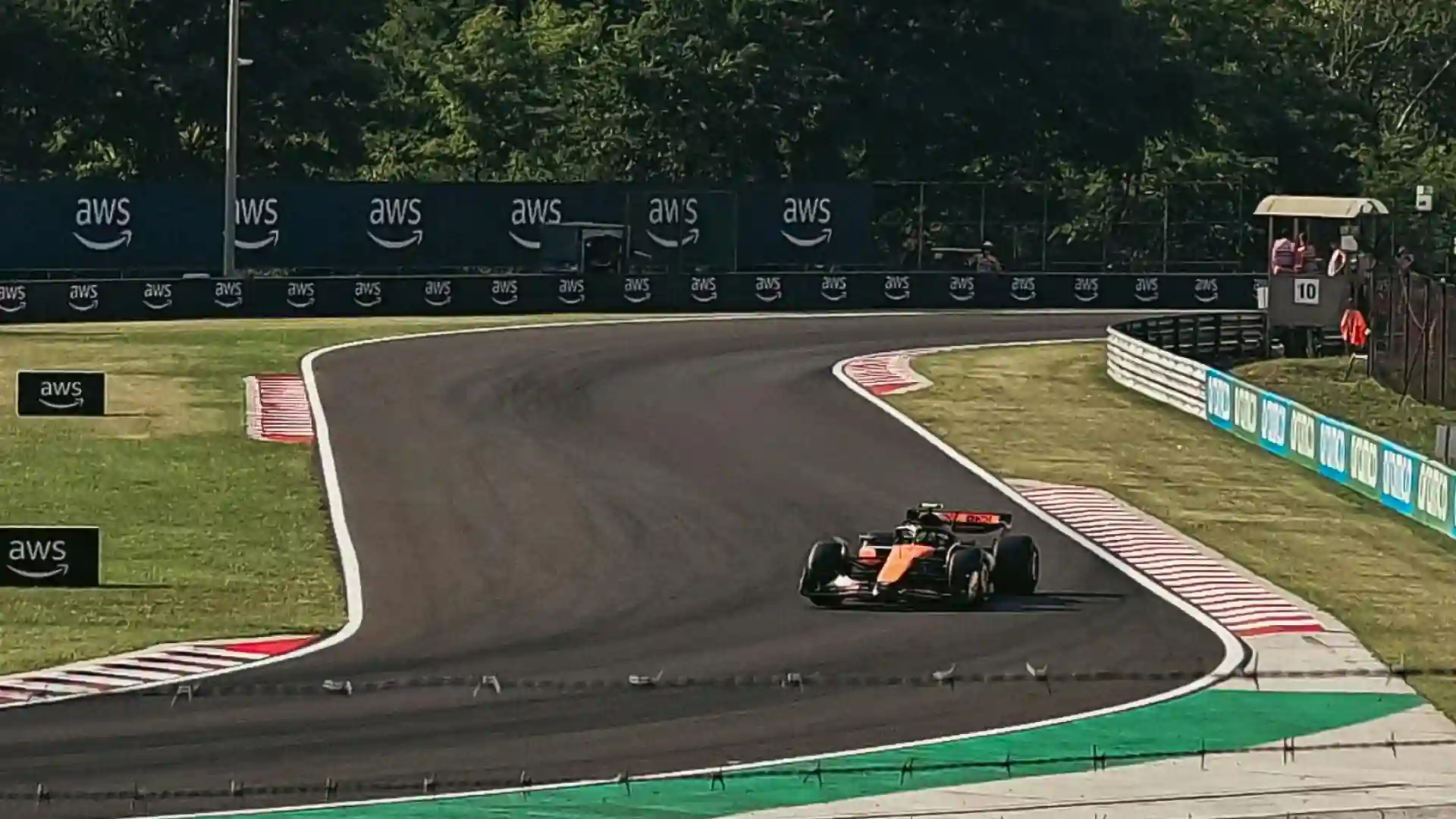

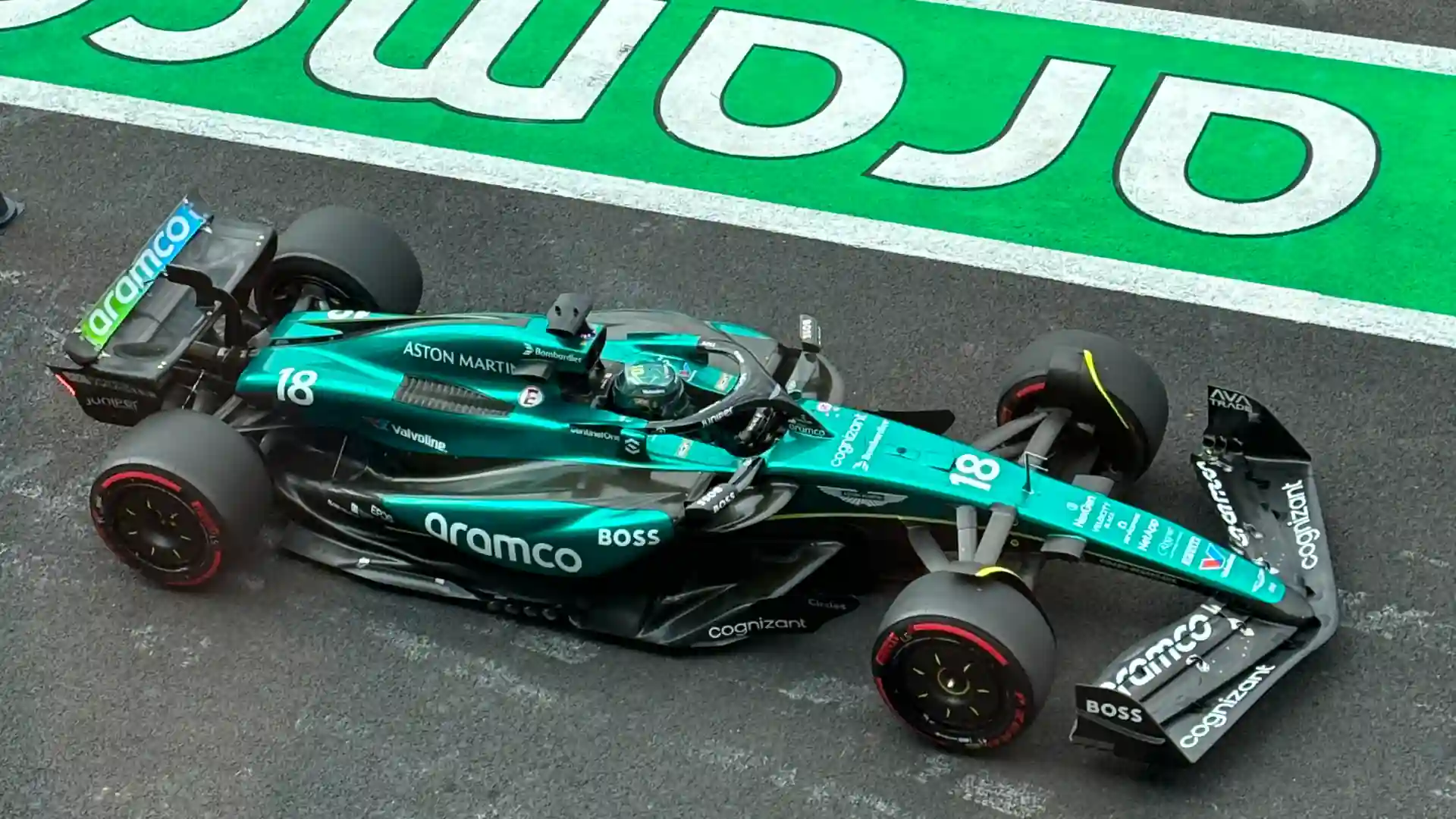
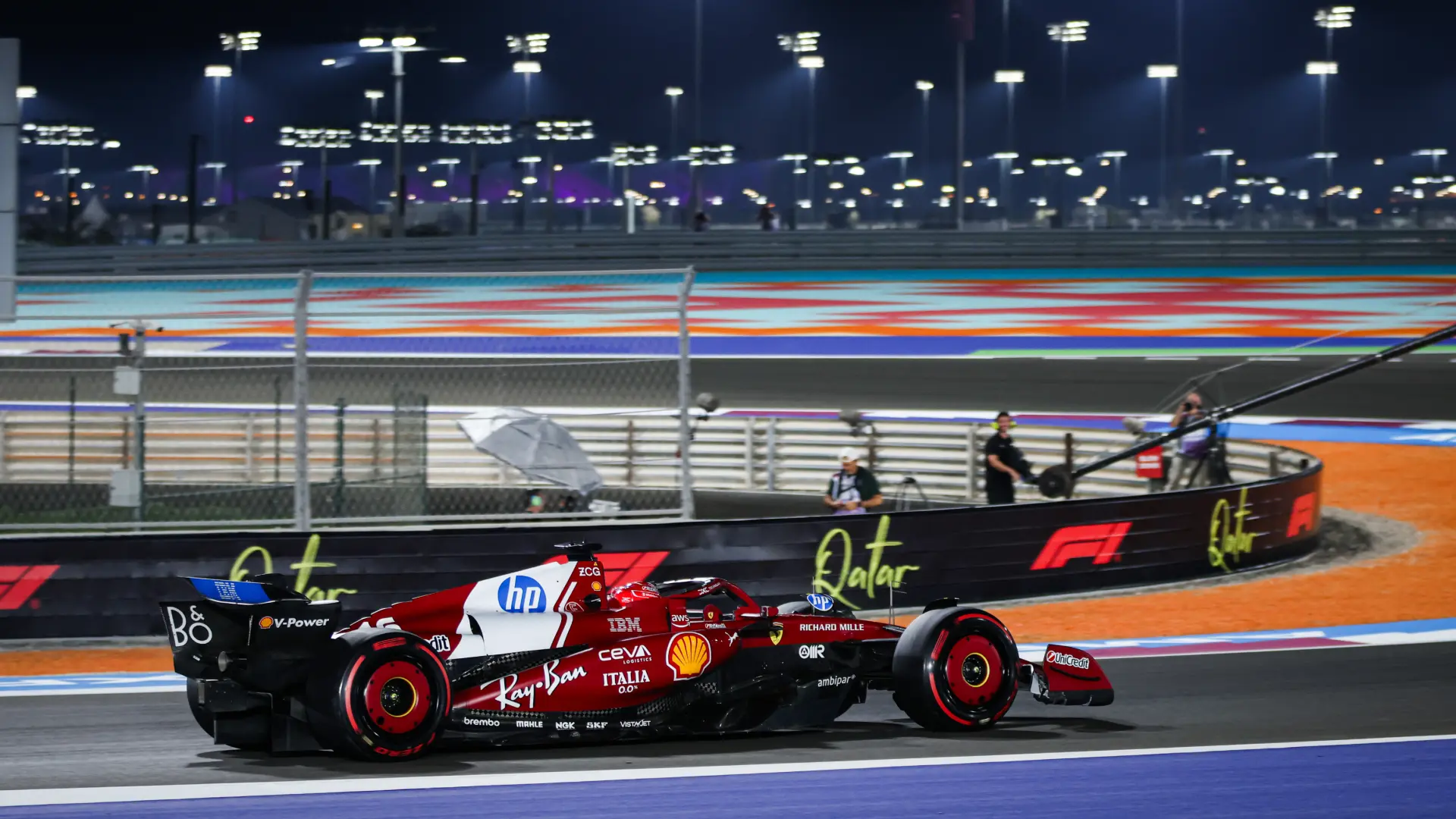

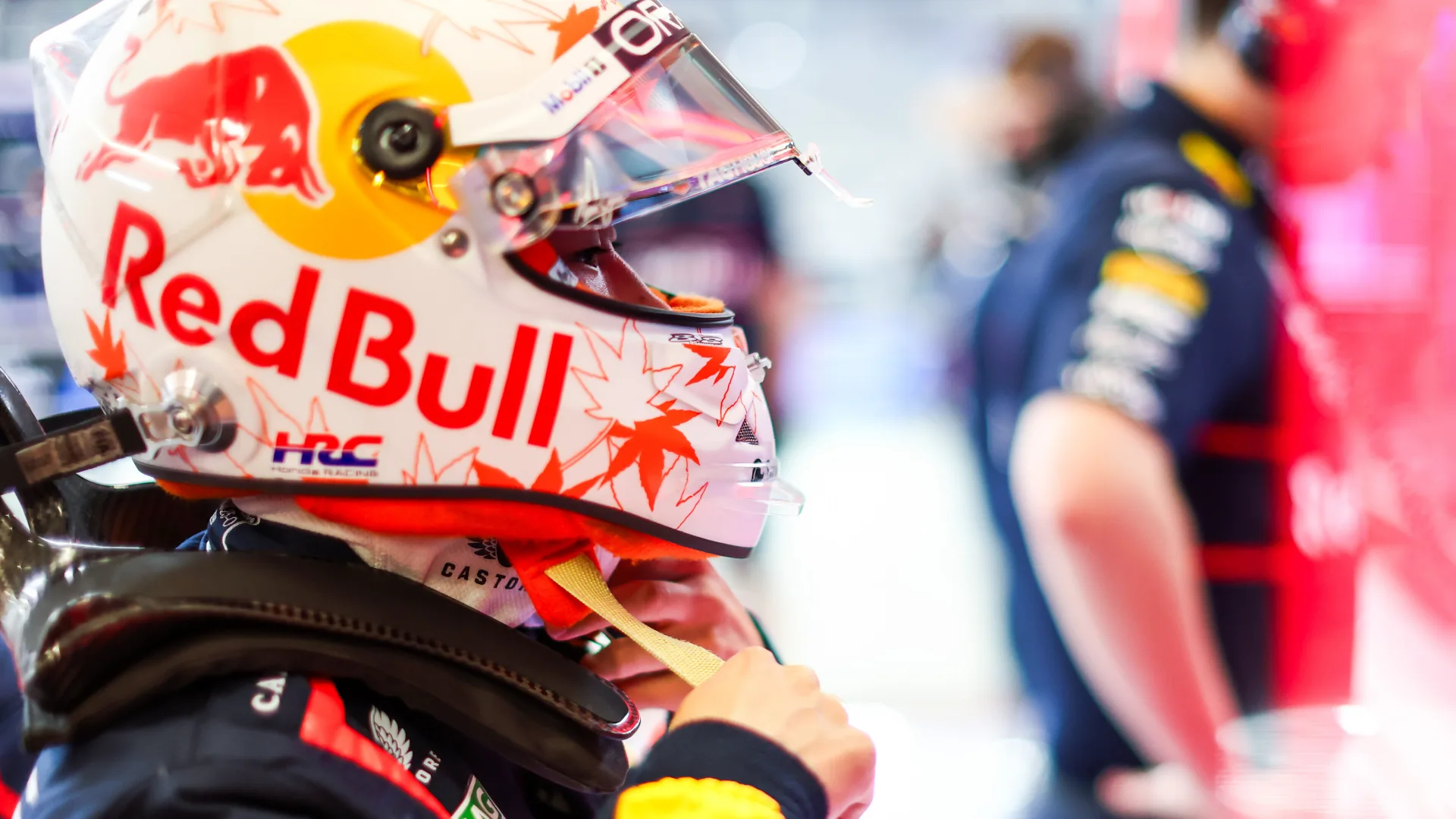

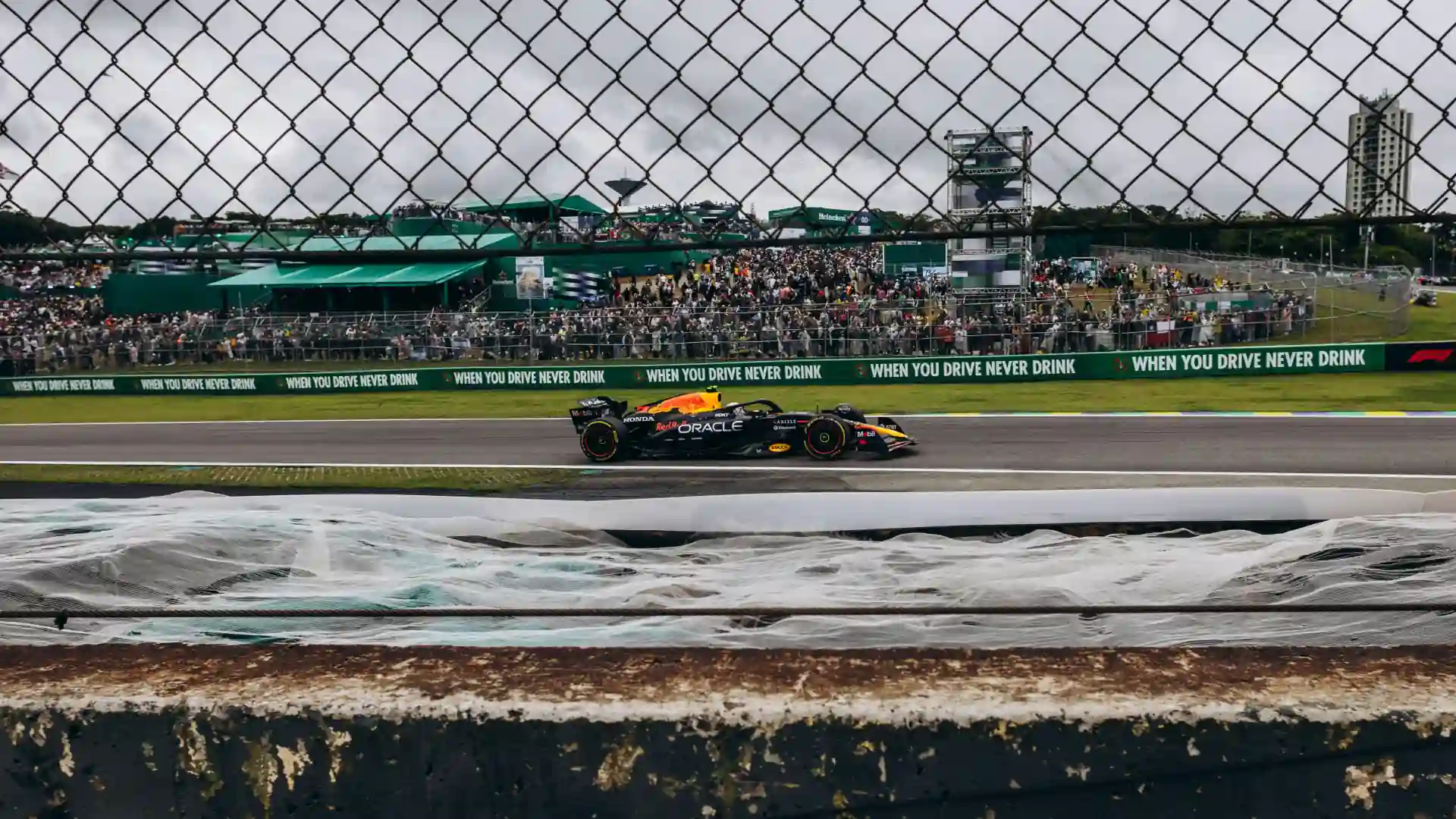

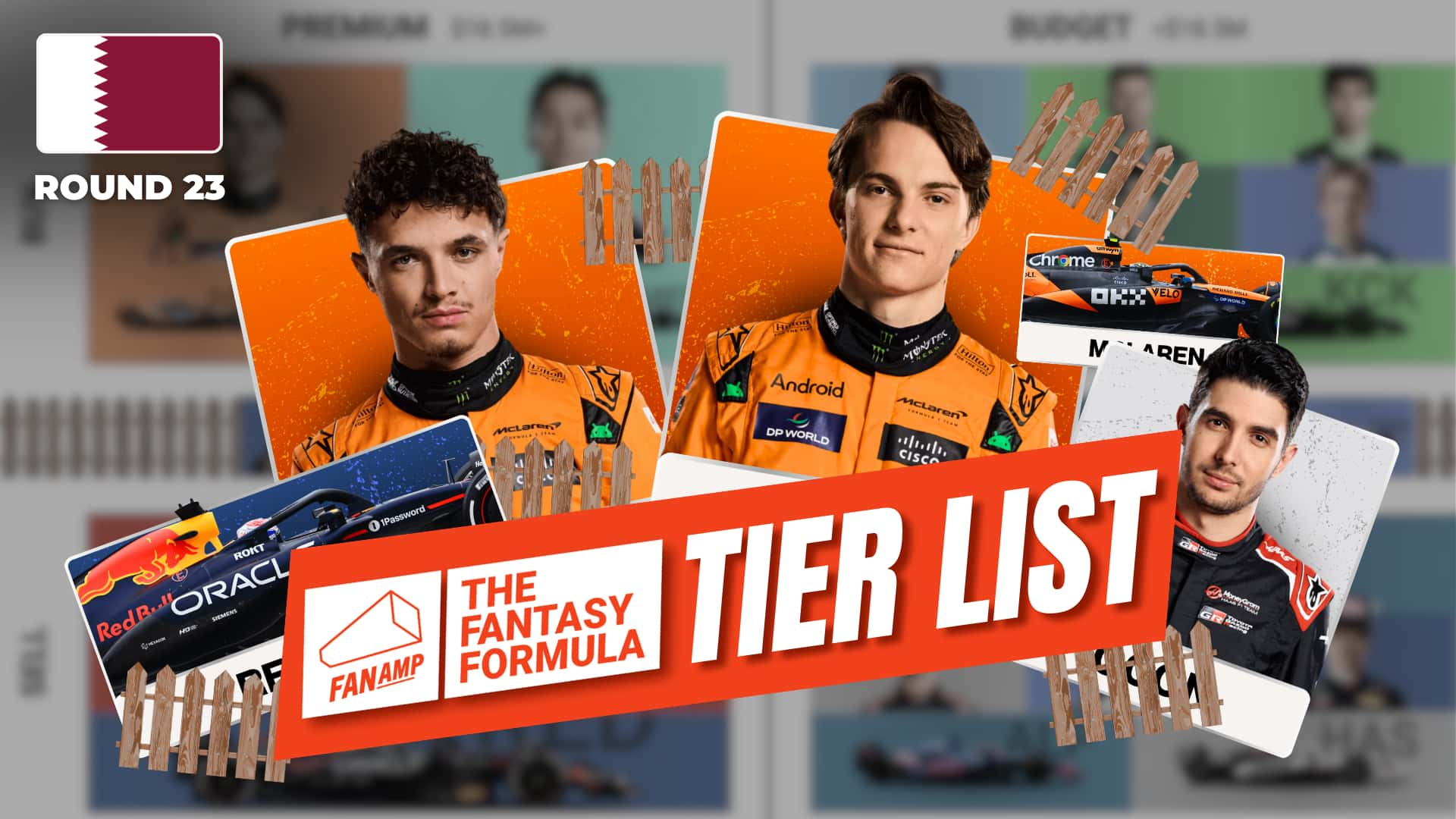
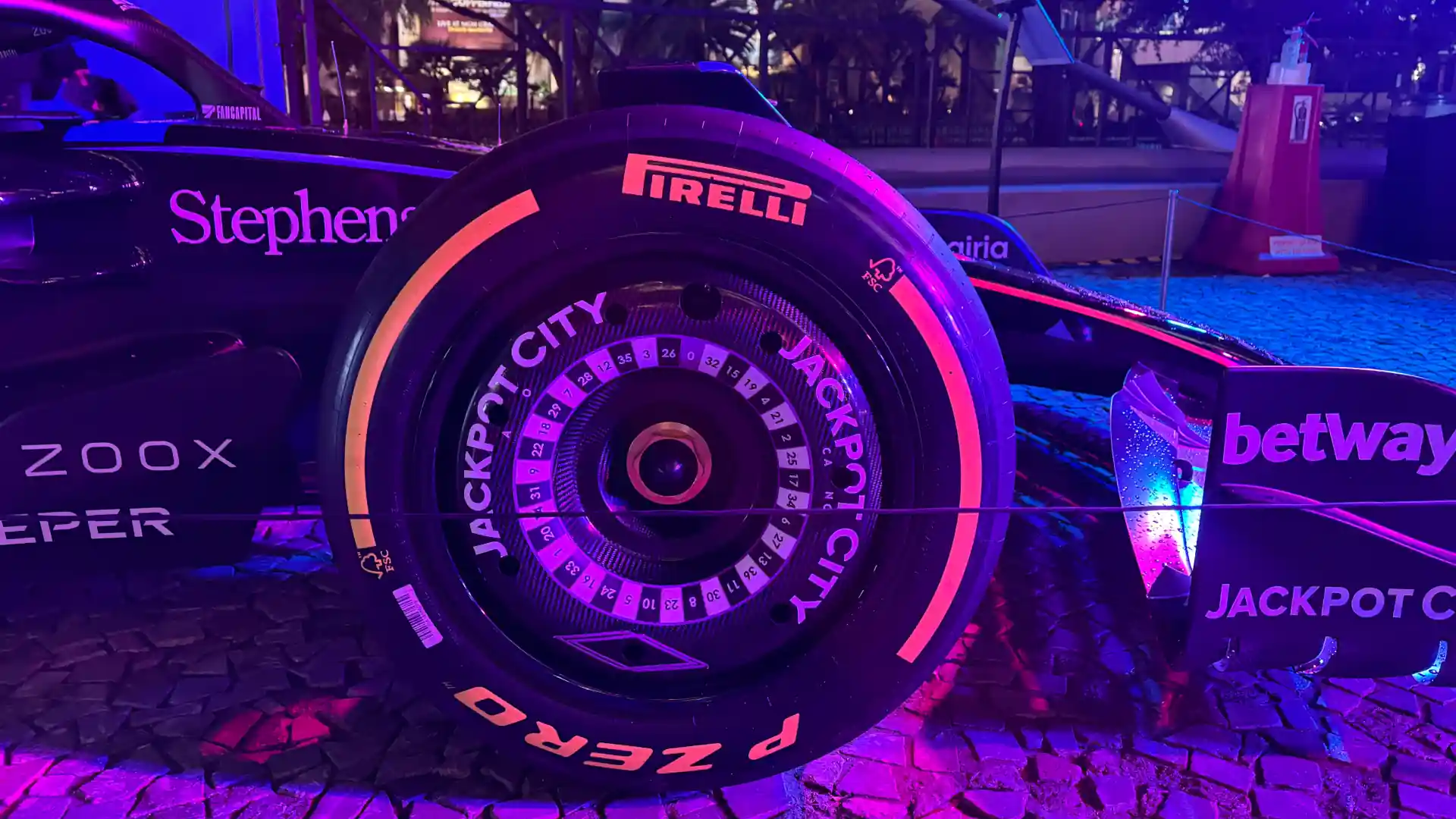
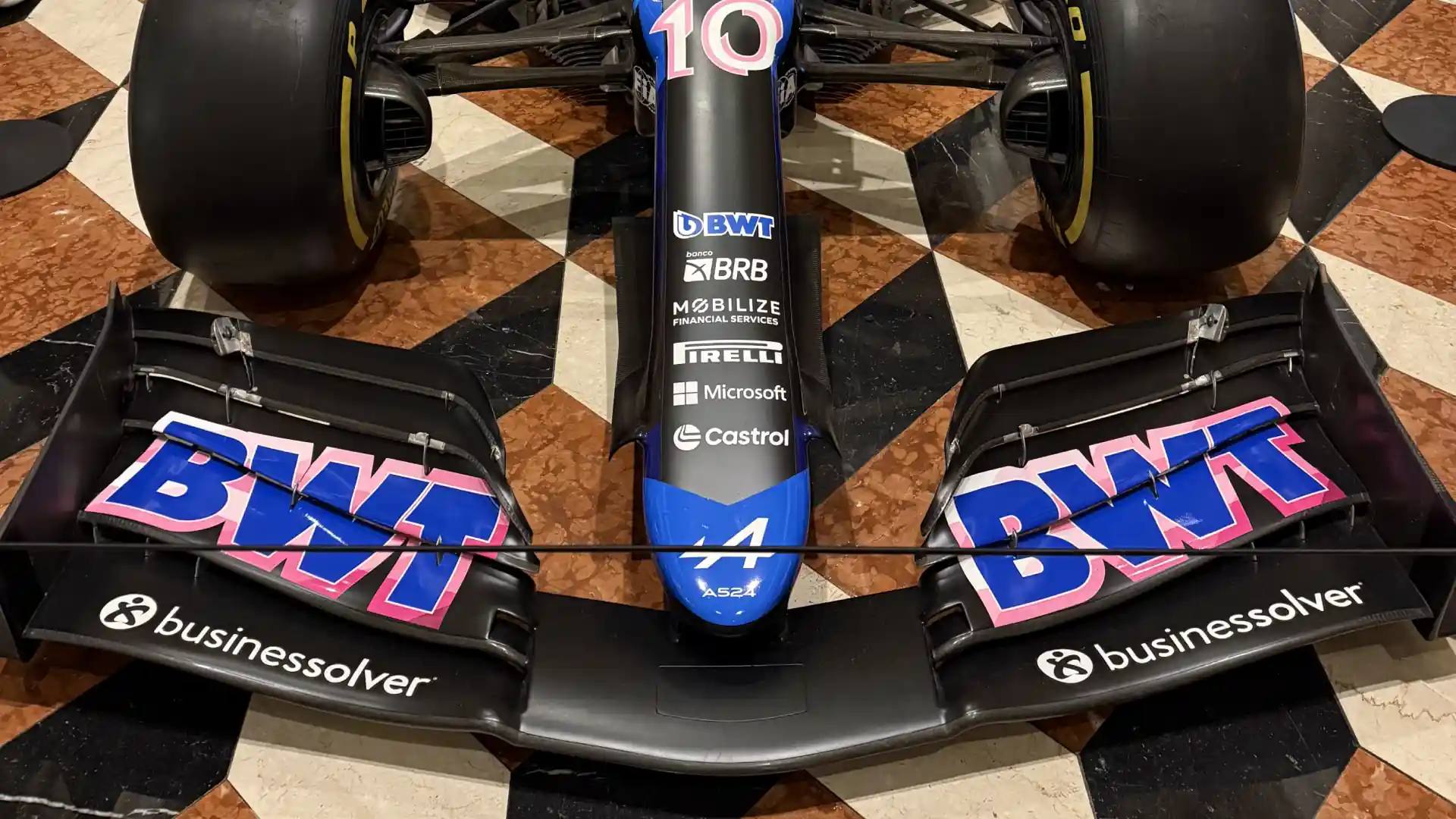

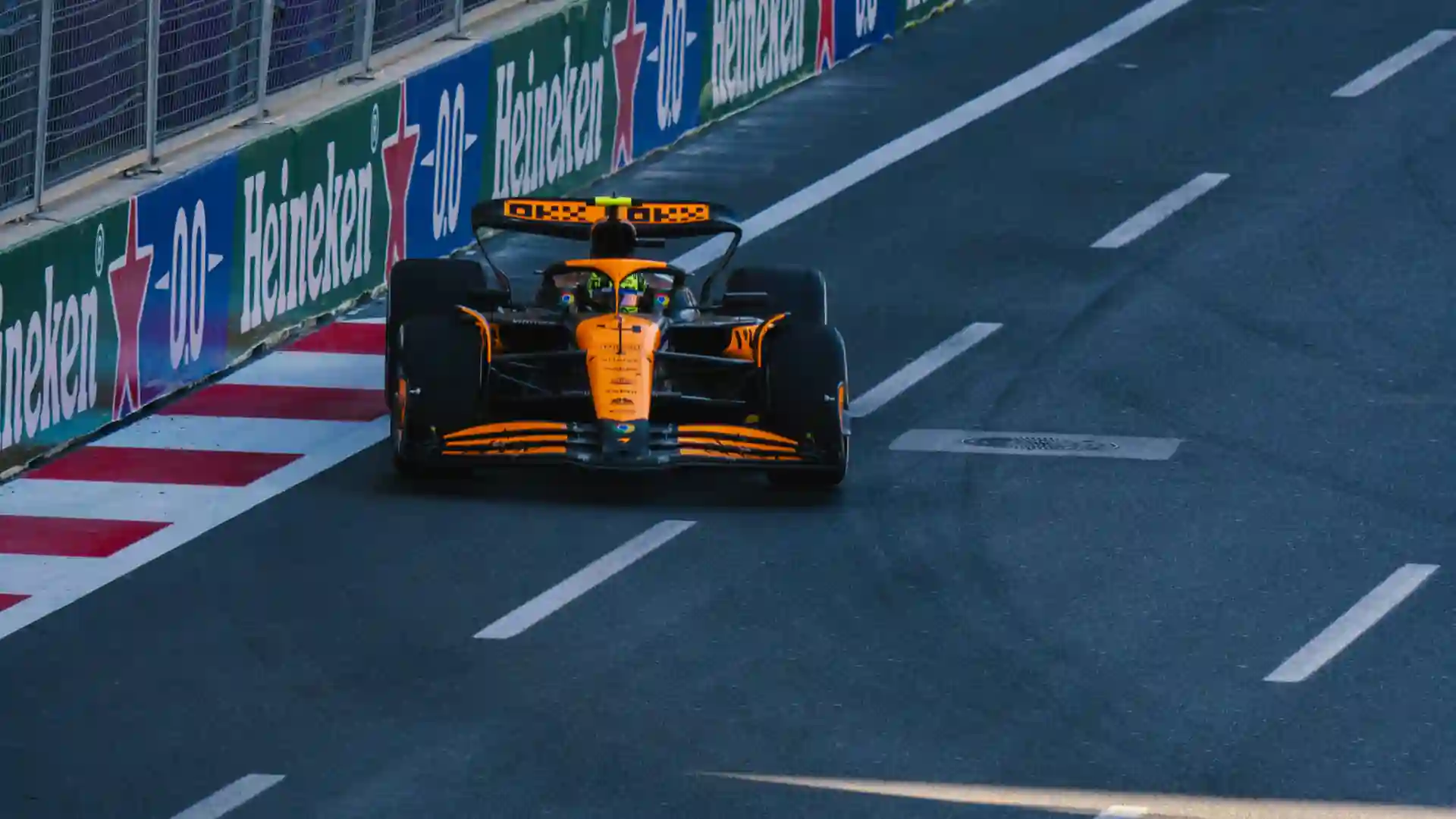
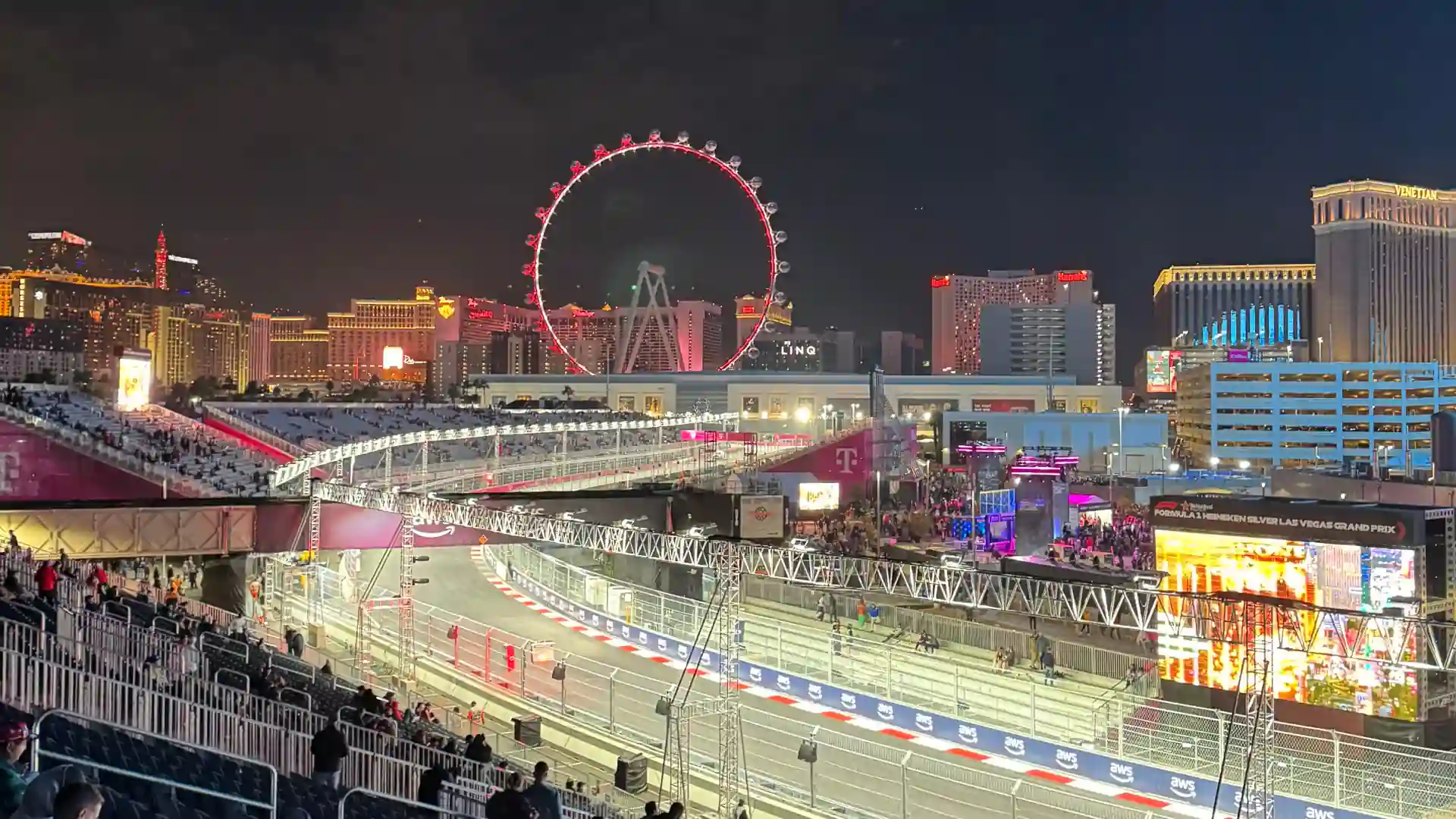

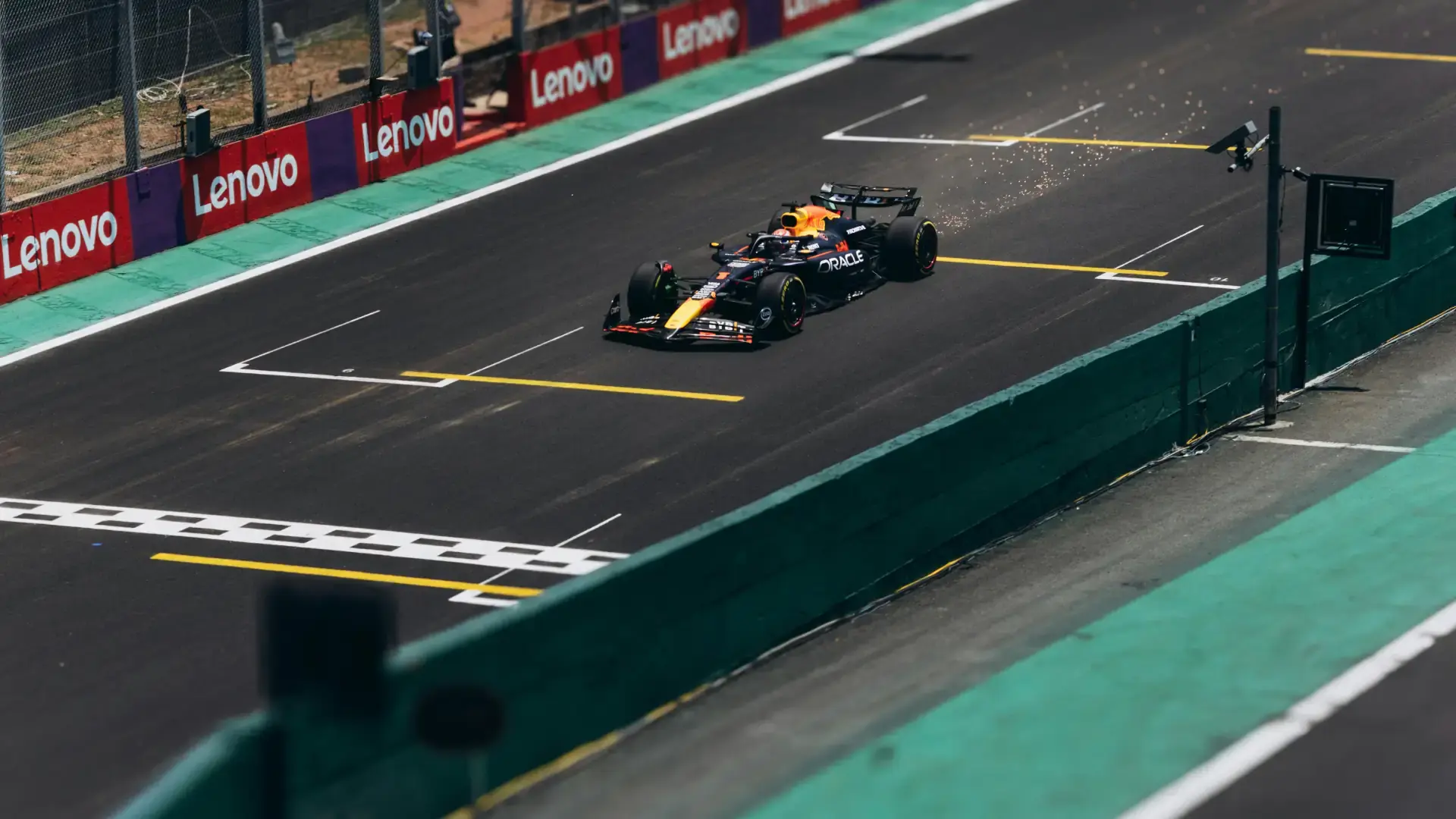

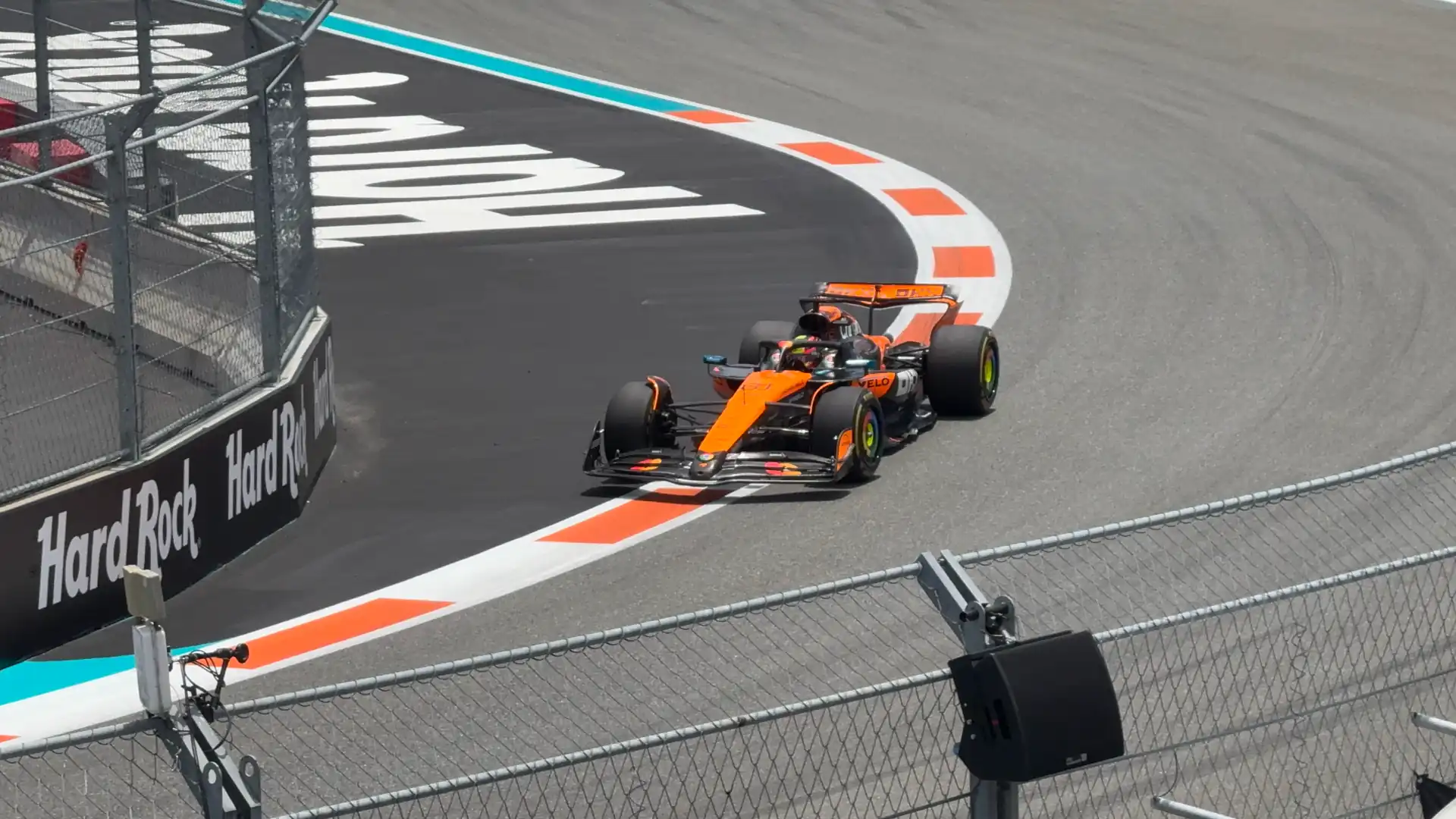
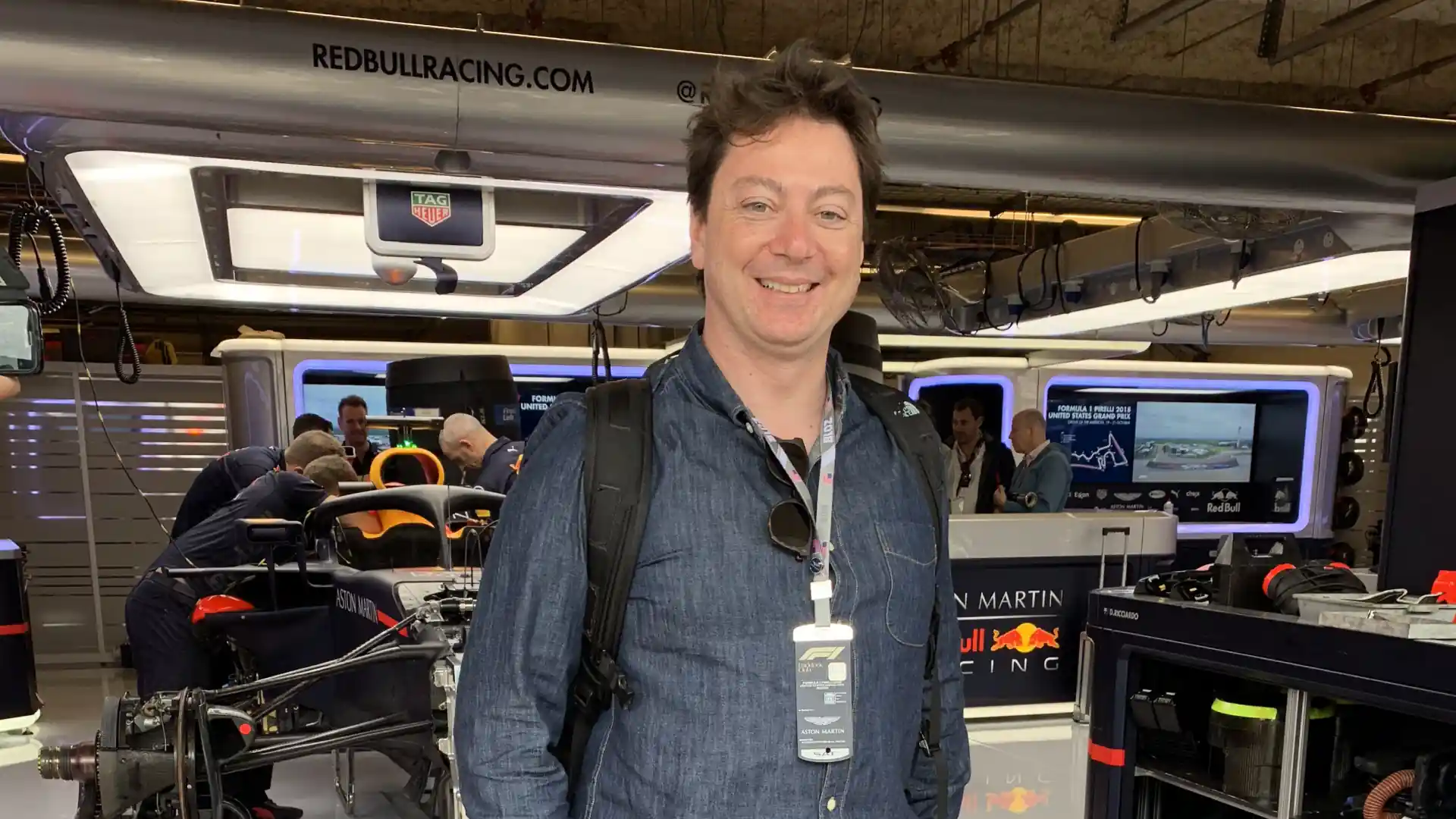

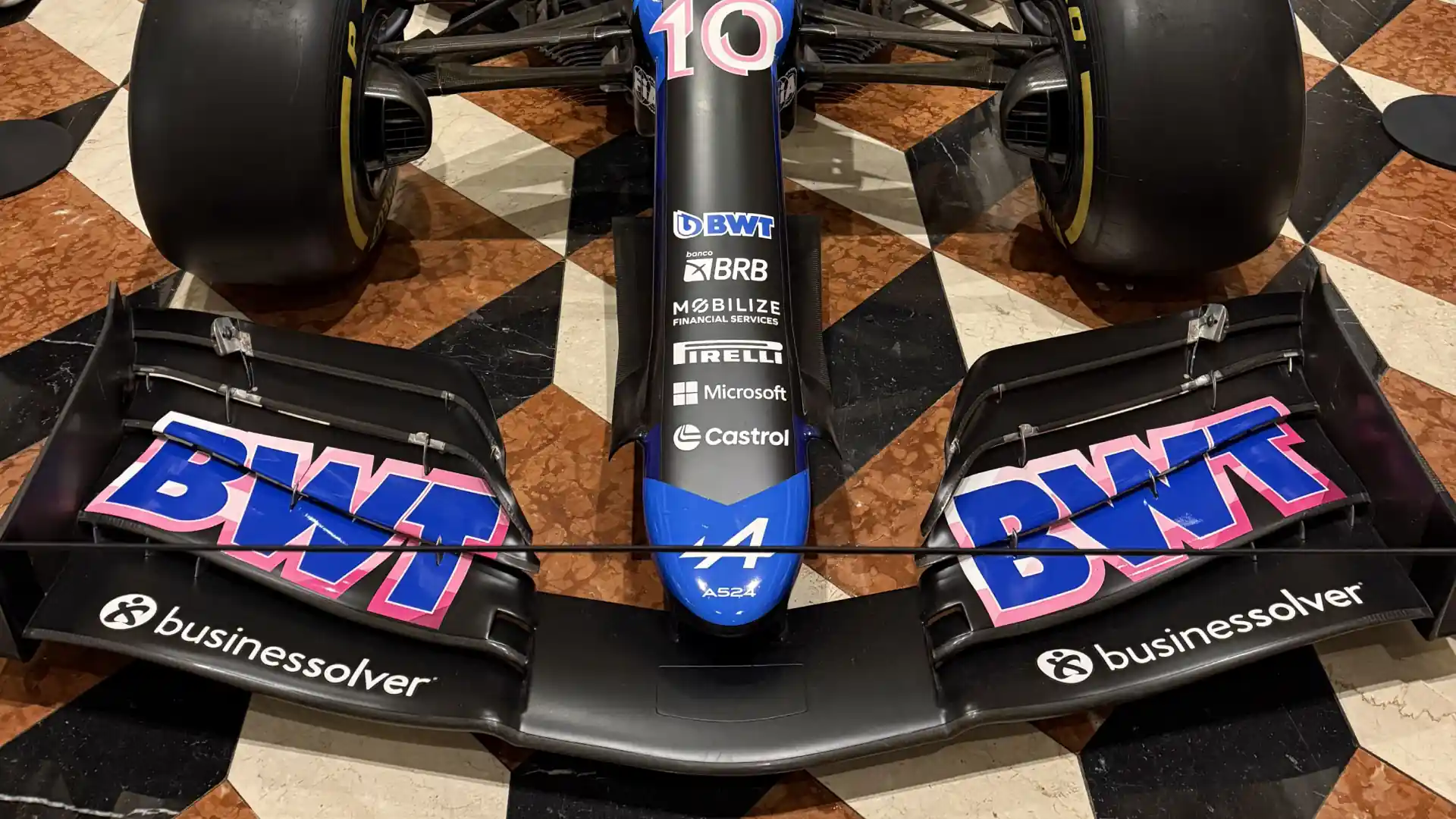
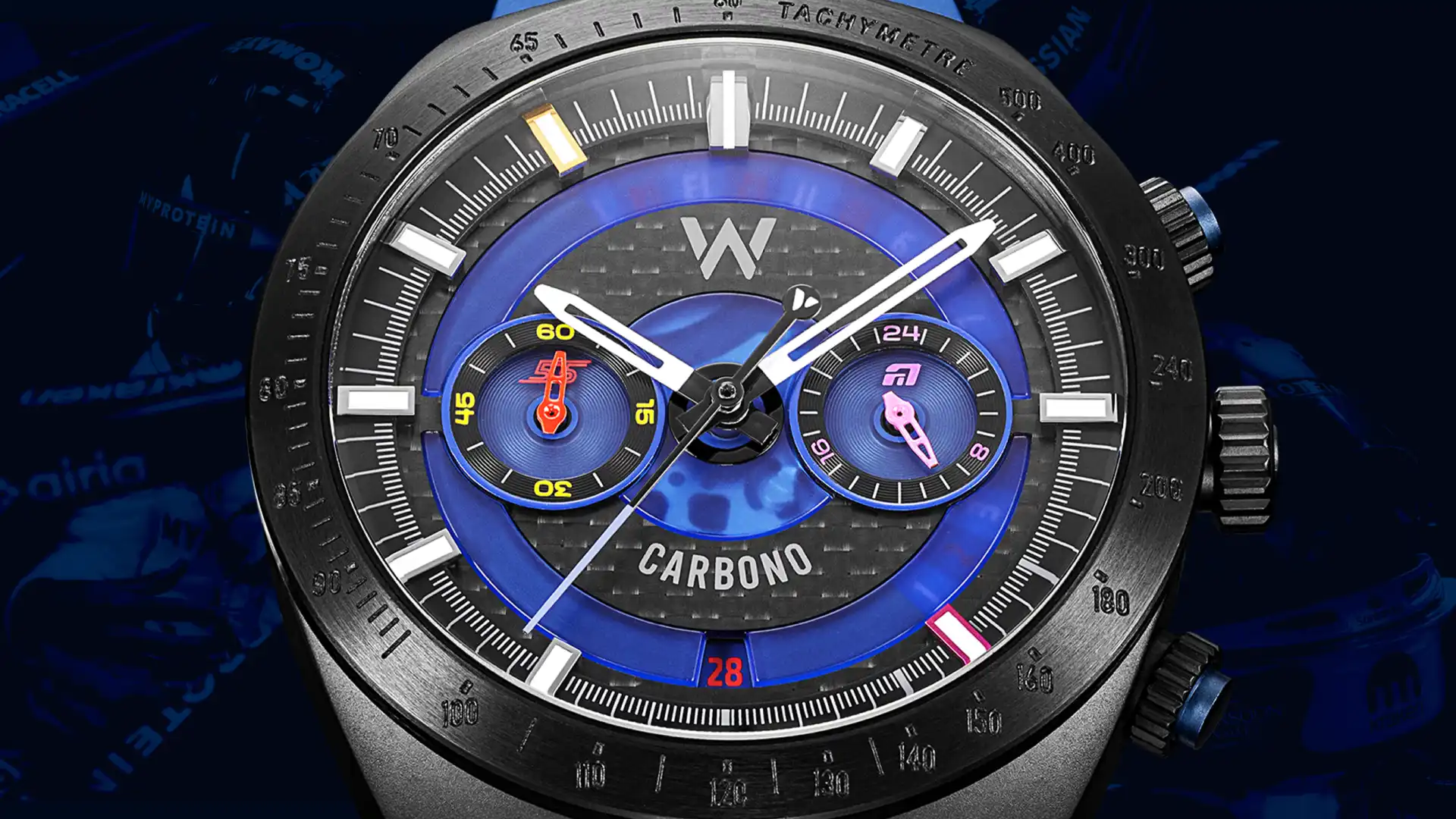
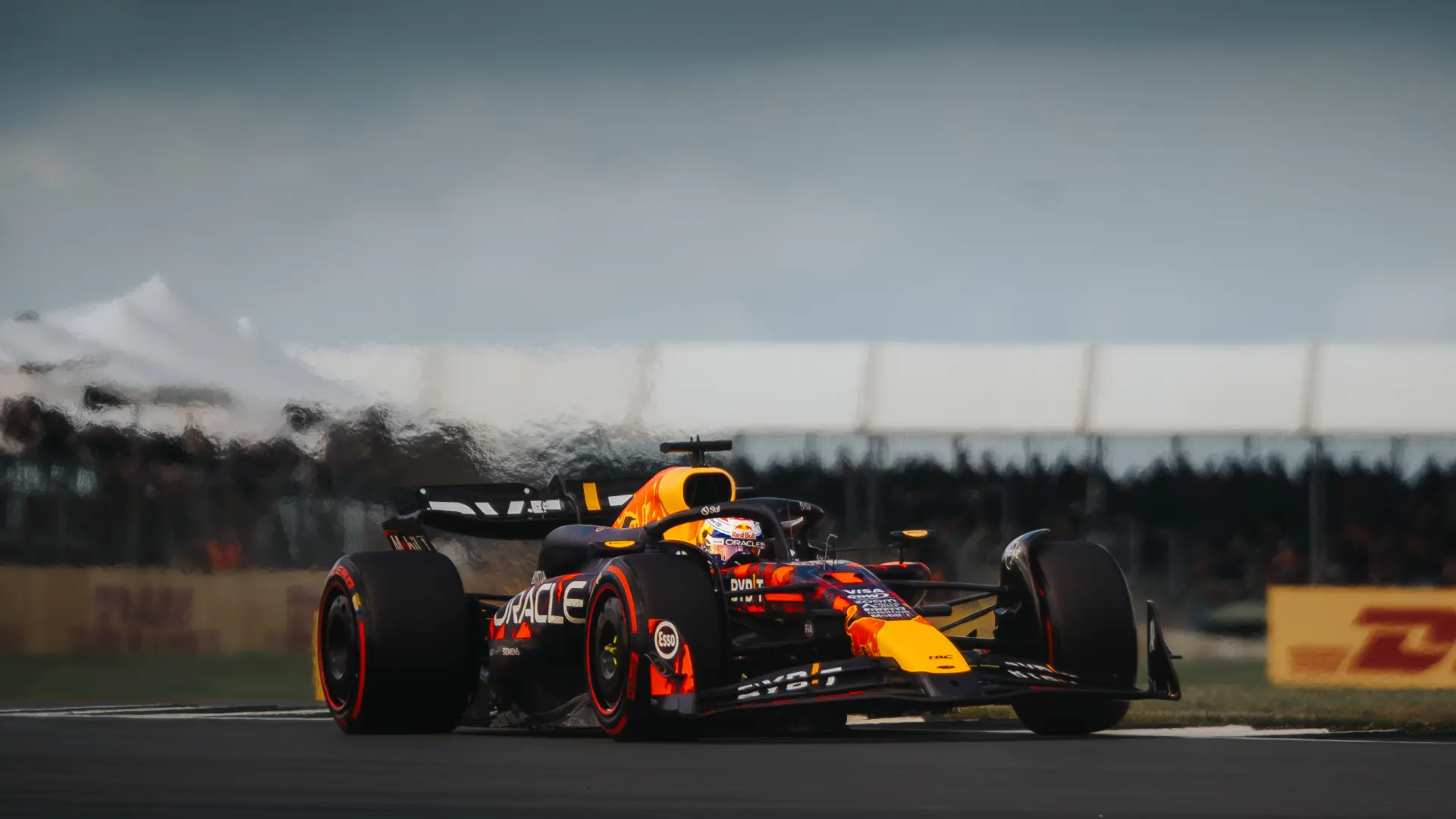
.webp)

